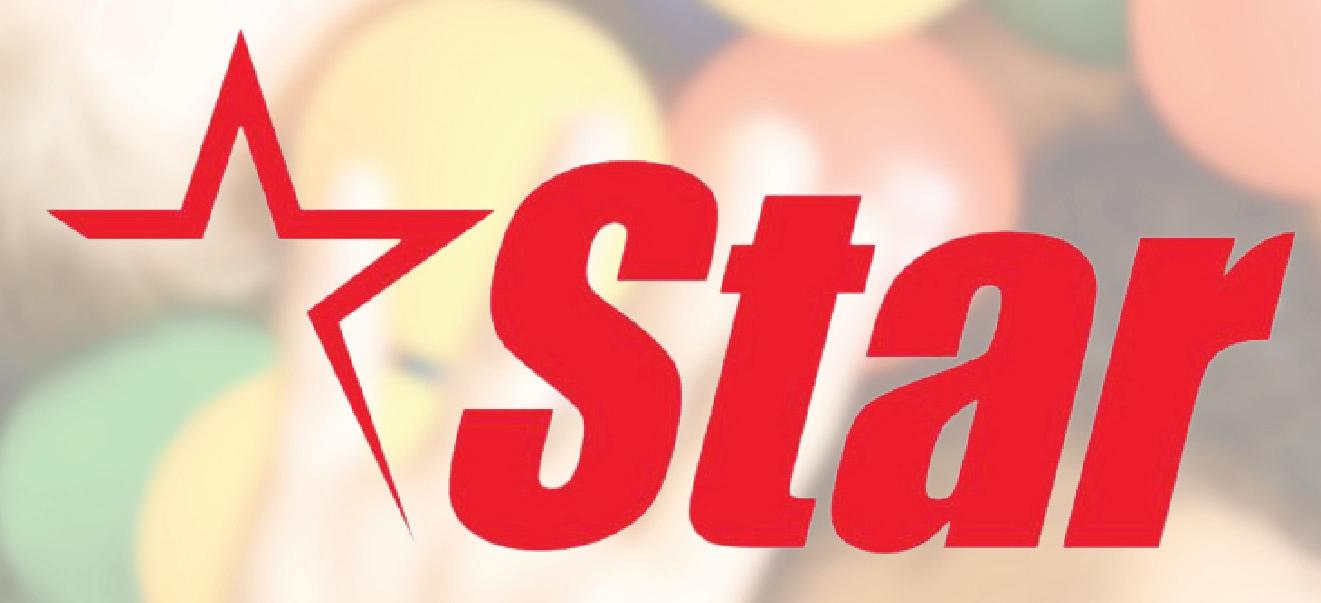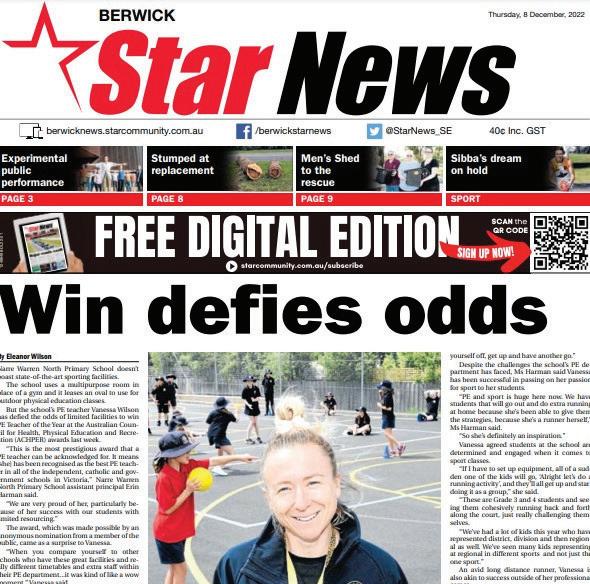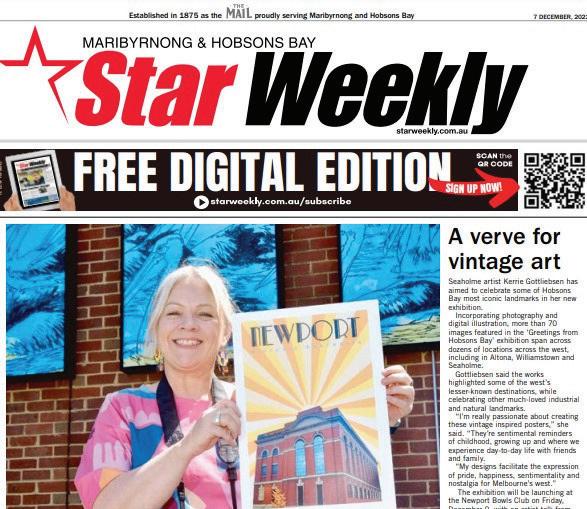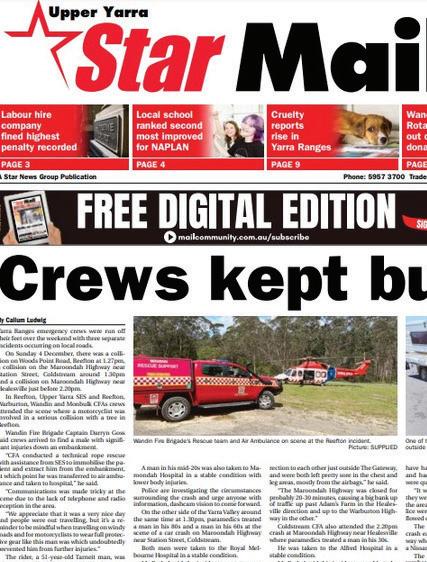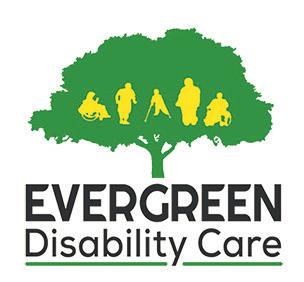







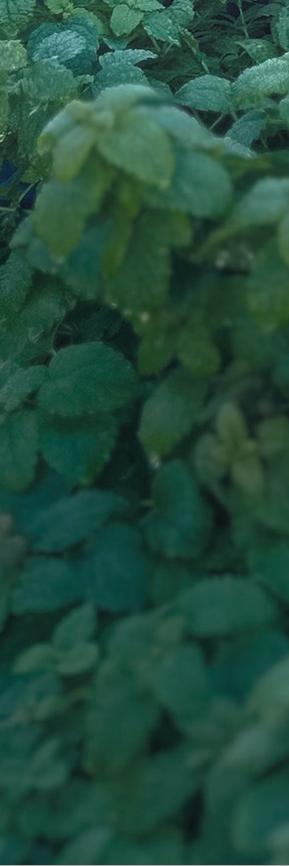
Bayley House - pages 60 & 61
Schools Offering Deaf Facilities - pages 26 to 29
Endeavour Foundation - pages 2, 3 & 65
Evergreen Disability Care - pages 66, 67 & back cover
Melbourne Youth Chorale - pages 70 & 71
Products and Services - pages 57 to 84
Special Schools - pages 1 to 56
Sunrise2Sunrise - pages 74 & 75
YMCA Rec. Camps - pages 78 & 79
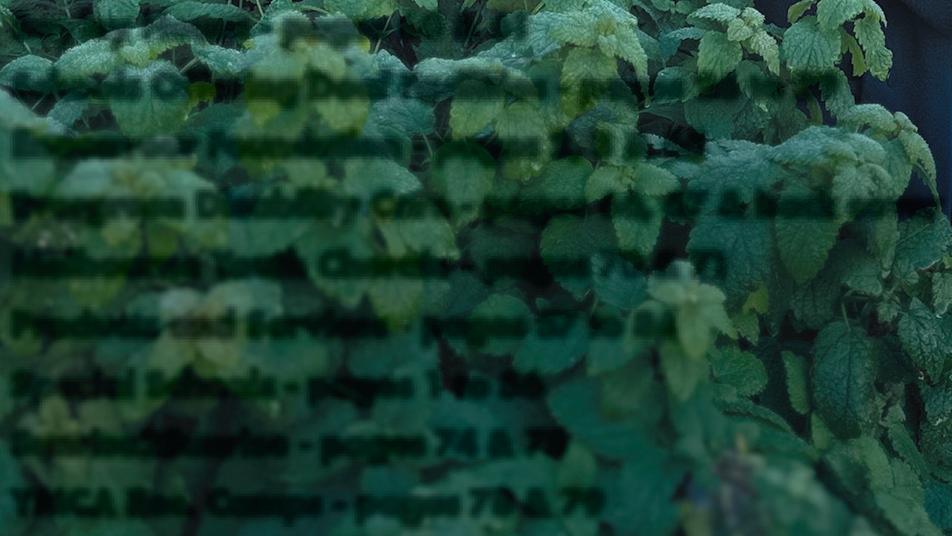
Photo provided with the compliments of Vermont South Special School
For further information refer to pages 4, 5, 54 & 55
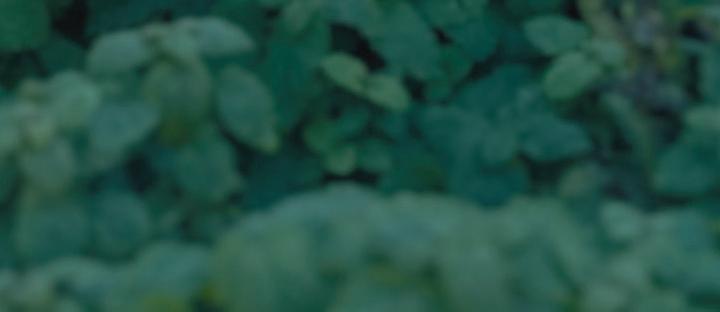






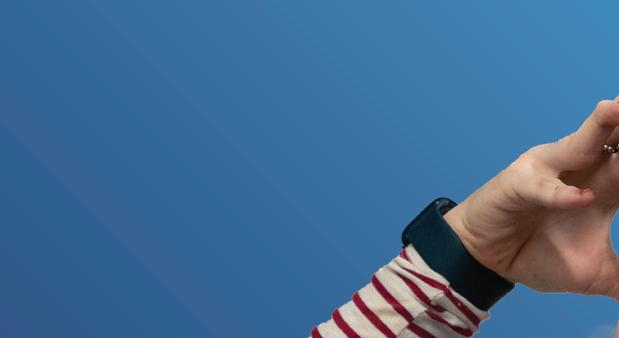













your full potential with Endeavour Foundation.
Your life. Your call.
We are passionate about creating opportunities for you to build on your strengths and gain the skills, confidence and experience needed to find a job you love. We offer a range of employment pathways to both supported and mainstream employment.
Our Work Experience Program is a great way to develop skills, make new friends and get job-ready. You will be supported and guided by mentors and supervisors in a fun, inclusive and safe environment.
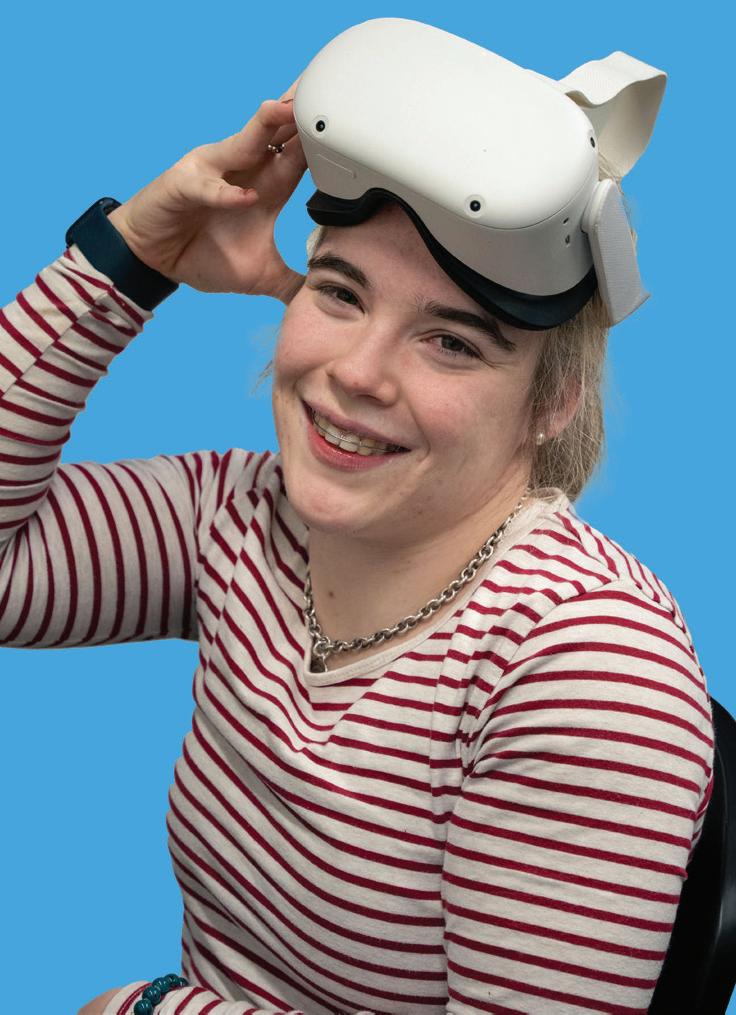
Learning continues beyond school and the possibilities are endless.
Endeavour Foundation operates Learning and Lifestyle Hubs in Thomastown and Kew for people with intellectual disability. More than just a place to spend the day, the hubs offer programs in independent living skills, cooking, fitness, bowling and more.
Scan to find out more
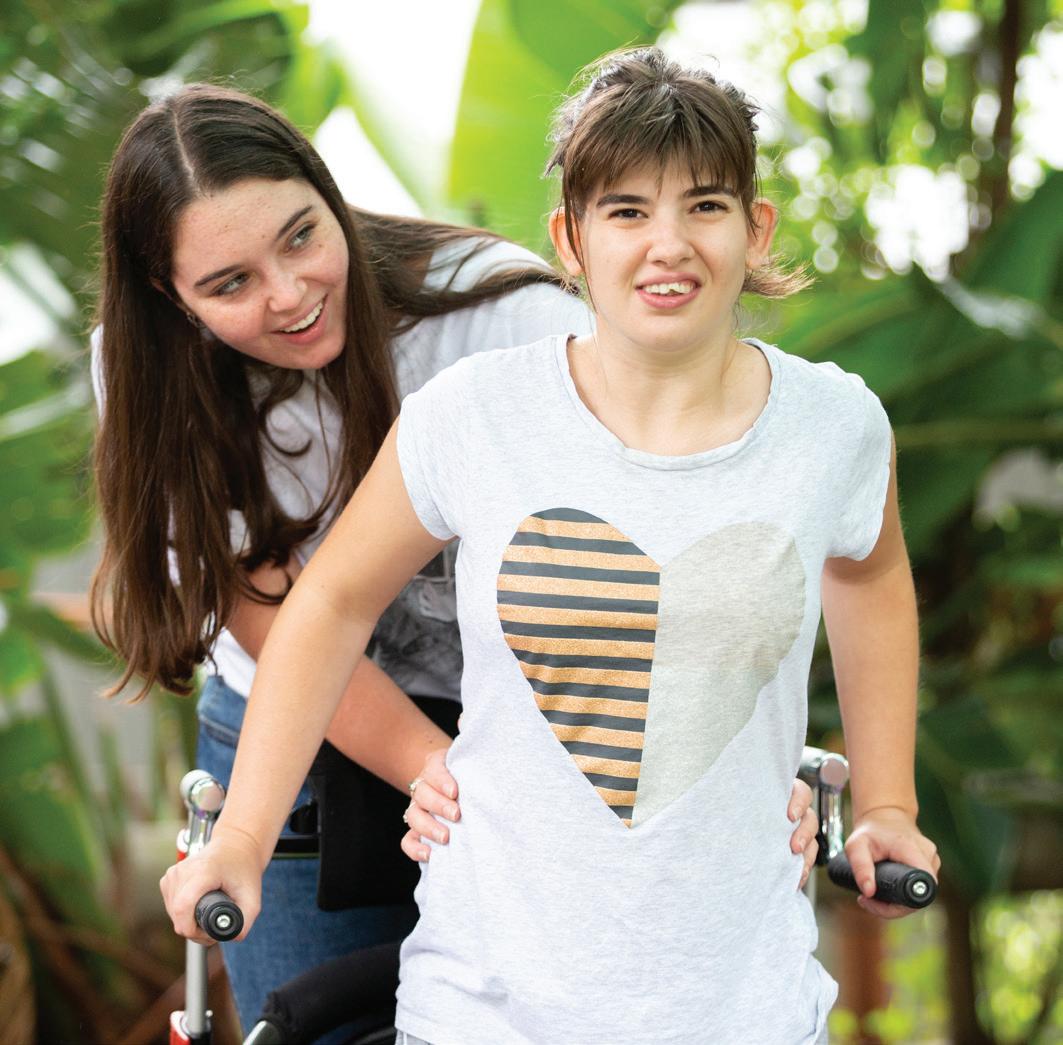


Our vision is to empower students to reach their personal best.
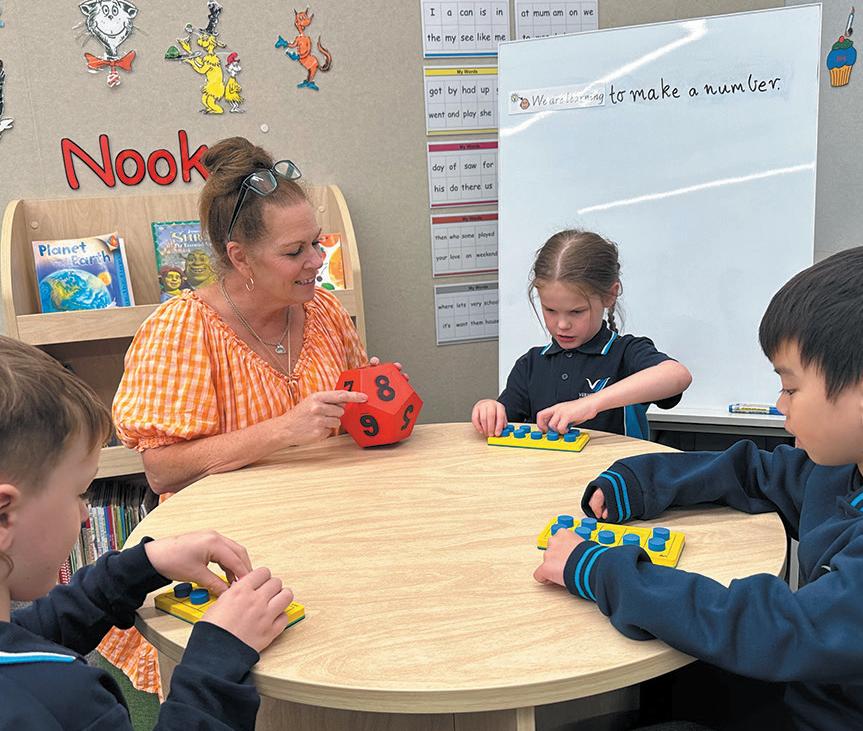
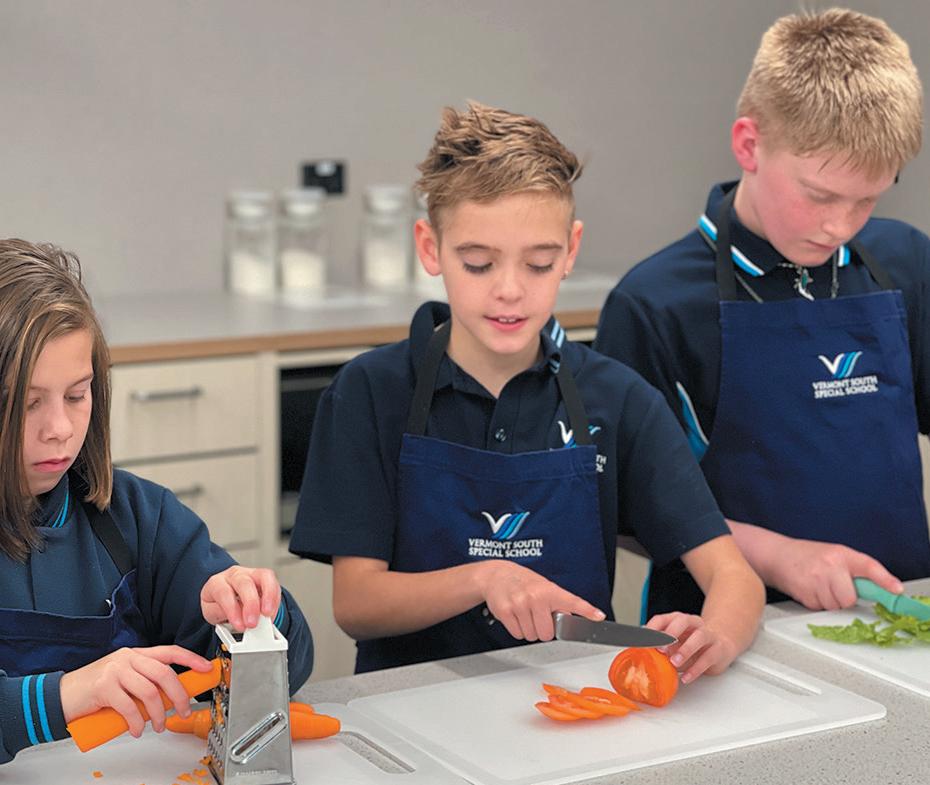
Vermont South Special School is a primary school that provides individual learning programs for children with an intellectual disability.
• Small class sizes
• Individual Learning Plans for all students
• Specialised teachers
• Speech Therapy, Occupational Therapy and Physiotherapy
• 1:1 Technology Program
• Kitchen Garden Program
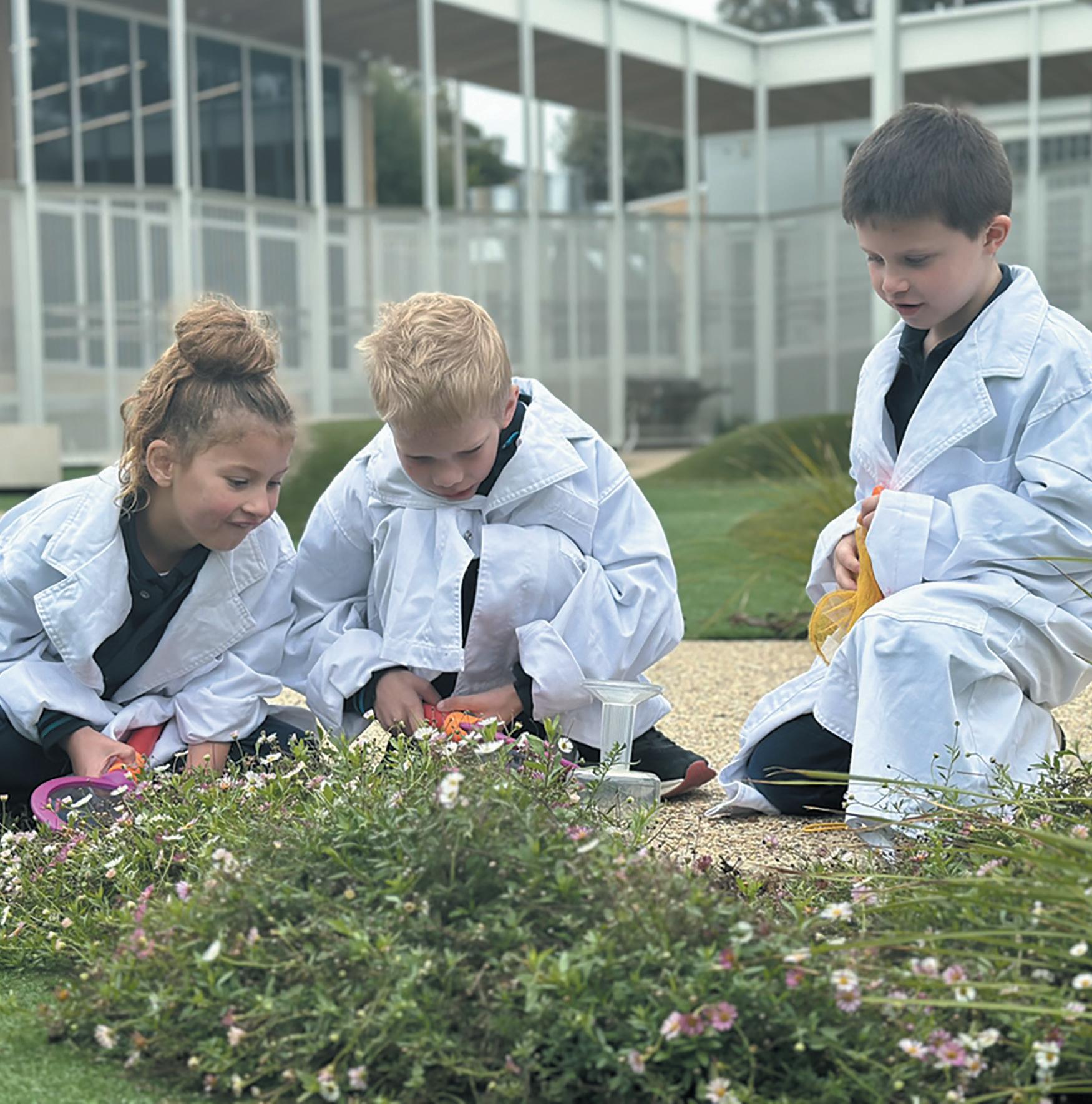
ESTABLISHED in 1981 and nestled in the friendly suburb of Kew, Andale School is a specialist, independent primary school for children with complex learning needs.
Many of our students have transitioned to our small and nurturing community from mainstream schools as their needs have not been well met in such environments (often despite the best efforts of the school).
We reduce the cognitive and social stress that often accompany school experiences for vulnerable learners by establishing and maintaining safe and orderly learning spaces.
Andale School teachers use formal assessments to evaluate each student’s learning requirements and progress.
We use explicit instruction when teaching English as well as Science of Reading to support student literacy development. We teach numeracy through the CRA approach (concrete, representational, abstract) to ensure students make deep connections between factual, procedural and conceptual knowledge.
Work samples, as well as teacher observations of students at work and play, also provide us with valuable insights into each student’s attitudes, understandings and learning motivation.
Across the curriculum, learning programs are designed to develop independence, resilience, and self-confidence.
Through applied learning experiences we encourage our students to try new things so they can discover (and improve at) the things they enjoy.
We develop Individual Education Plans (IEPs) for each student, considering each child’s strengths.
We also identify barriers to learning and implement adjustments to maximise student participation and learning at school.
In partnership with families and with the input of allied health professionals, teachers set achievable, yet challenging goals, that are assessed and amended throughout the year via the student support group meeting process.
Importantly, Andale School is a safe learning community where all children belong and have friends.
Our classrooms are safe and orderly environments within which we minimise stress and anxiety around school and learning.
Our commitment to providing calm classrooms ensures our students can flourish personally, socially and academically, to the best of their ability.
For further information, please contact our school on 9853 3911
Andale School
84 Charles Street, Kew, 3101 www.andale.vic.edu.au andaleschool@andale.vic.edu.au
Andale is an independent primary school that provides individual learning support for children experiencing learning difficulties.

With small class sizes, highly skilled teaching staff, and integrated professional support from an Educational Psychologist, Speech Therapist and Occupational Therapist, Andale is unique in the Melbourne education landscape.

Andale School provides an inclusive, collaborative, and nurturing learning environment in which every child can be themselves – extraordinary.
Please contact the school on 9853 3911 to learn more. individual culties.
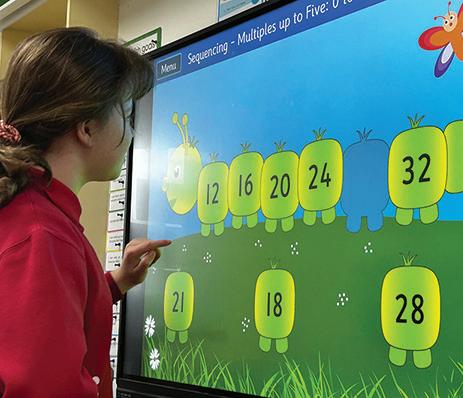
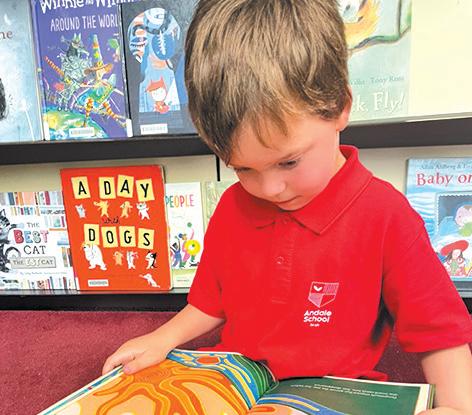

d can be


We strongly believe that learning difficulties should not be a barrier to achieving potential. By providing an inclusive school environment that nurtures individual strengths, our exceptional children will have the very best chance at social and educational success.



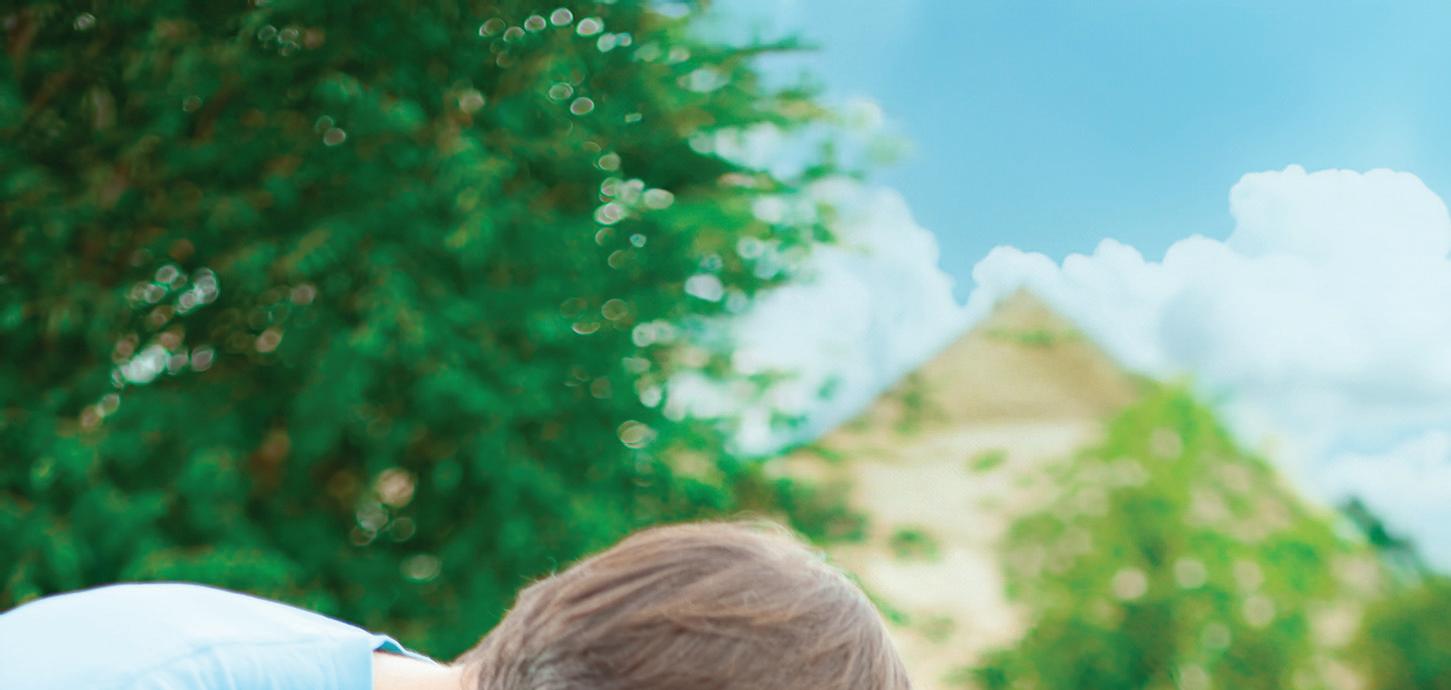
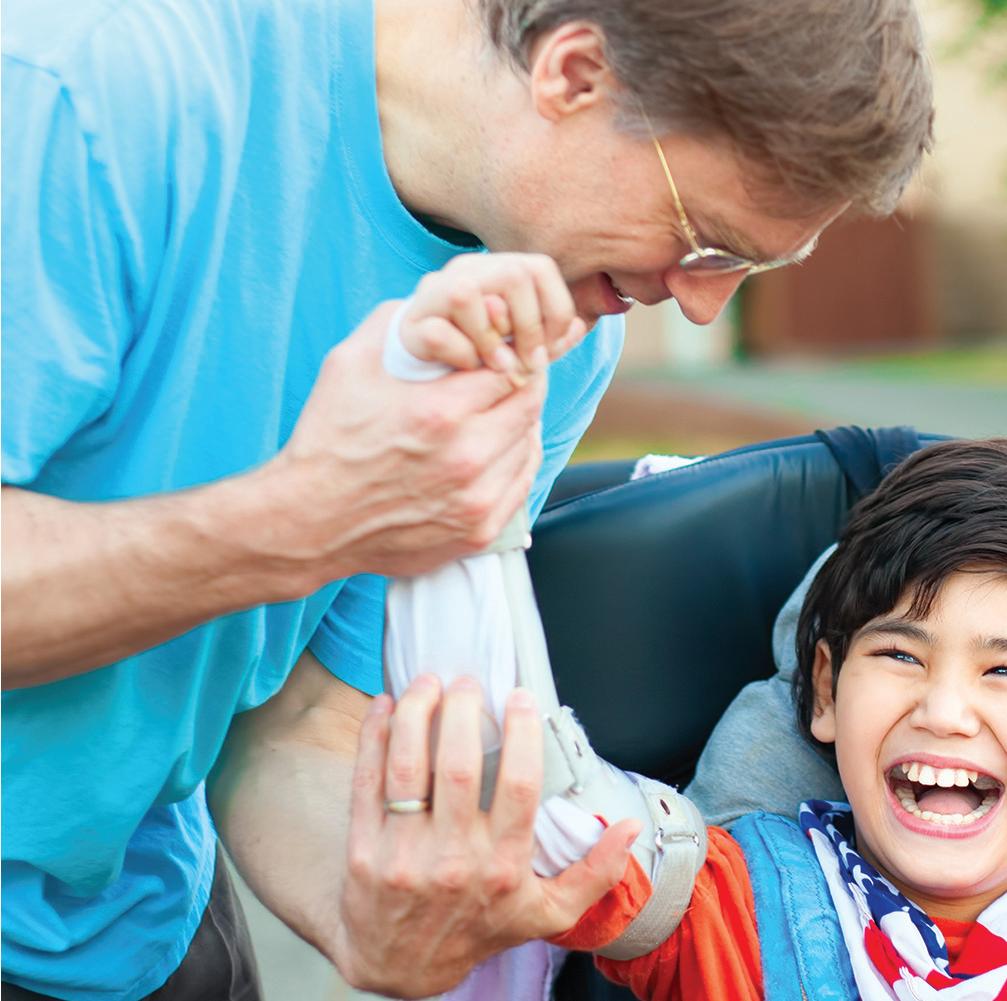

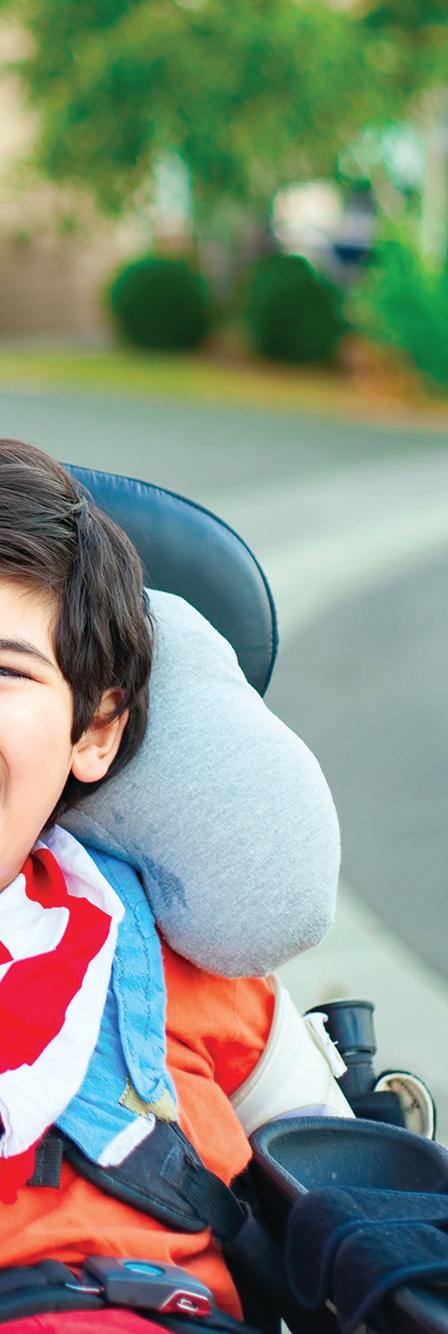

Ascot Vale Heights is a Foundation - Year 12 inner city school where each learner is supported to reach their full potential and become engaged global learners.
We provide quality education programs which are delivered through the Victorian Curriculum.
• Individual Education Plans for all students
• School Wide Positive Behaviour Supports
• Occupational Therapy & Speech Therapy
• 1:1 iPad program across school
• Mental Health Practitioner
• Respectful Relationships
• Personalised Learning
• Zones of Regulation
Specialist programs include:
• Stephanie Alexander Kitchen Garden Program
• Personal & Social Capability Curriculum
• Post School Transition Program
• Intensive Swimming Program
• Day/Overnight Camps
• Incursions/Excursions
• Physical Education
• Work Experience
• Bike Education
• Sensory Room
• Visual Arts
• Music
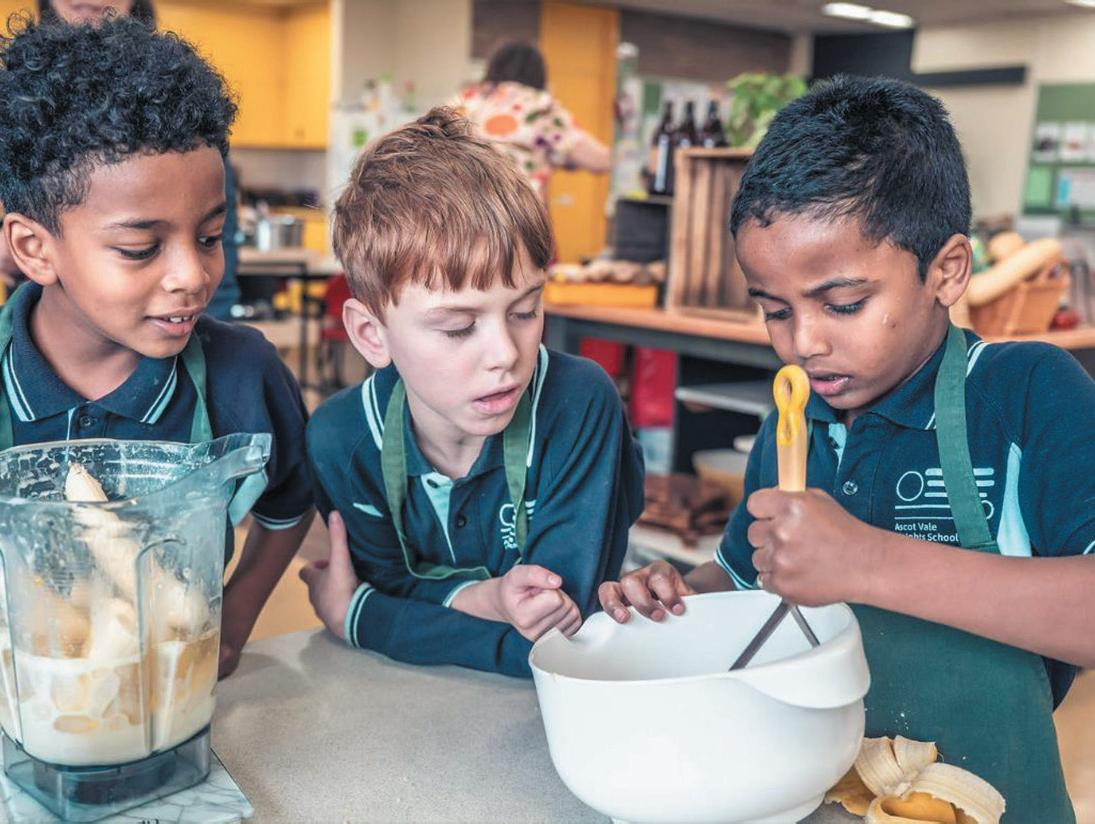
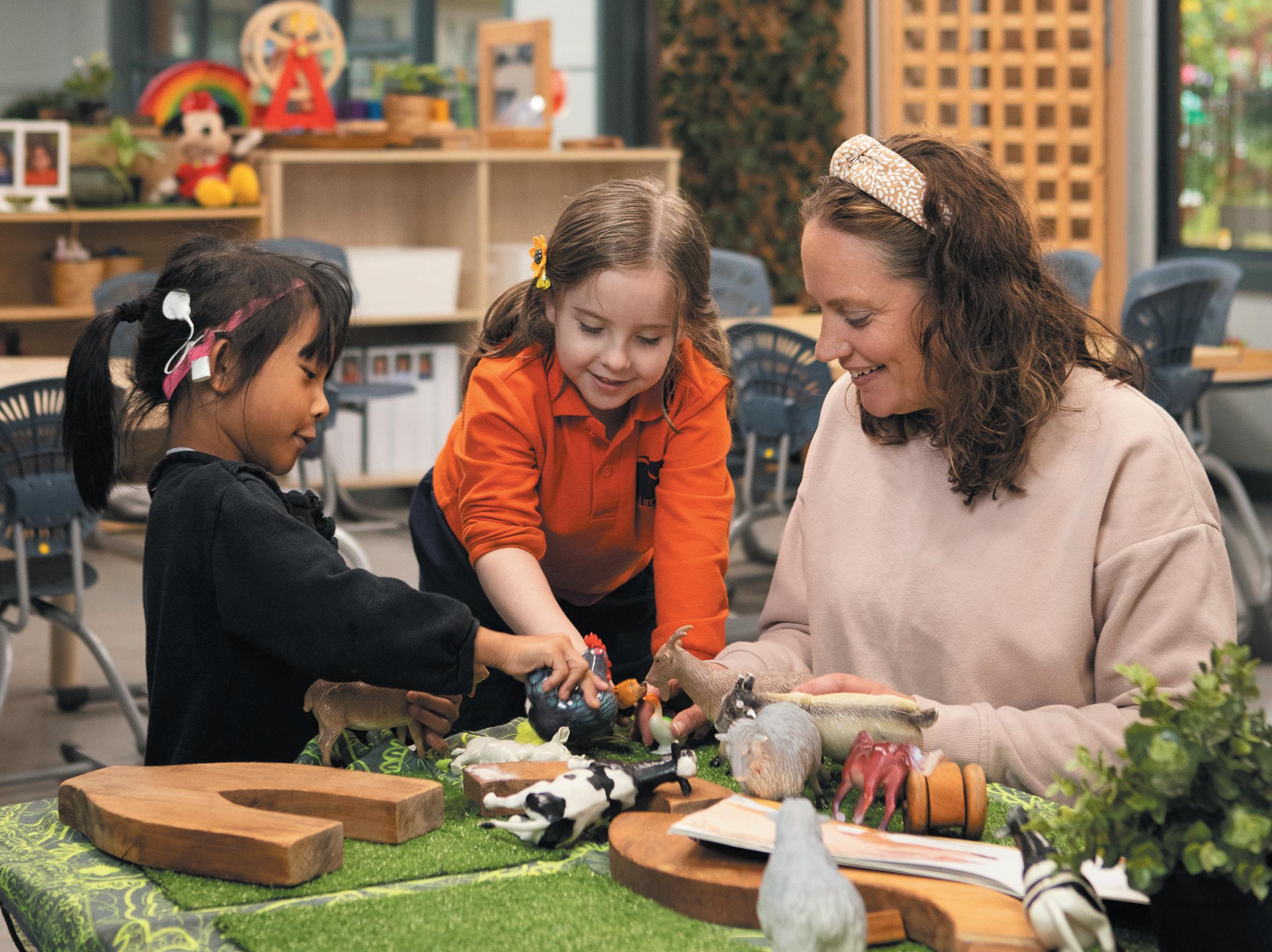
Aurora School is a Department of Education School which provides optimal learning environments for young children who are deaf and deafblind and their families across the State of Victoria.
Communication, Language and Literacy form the foundation of our bilingual (English and Auslan) programs that support each child’s whole development.
Early Intervention programs are available to families of children, living throughout Victoria, aged from birth until school entry who have a confirmed bilateral hearing loss. The staff work in partnership with families providing regular home based and group sessions.
Early Education programs are available for children from three years of age who have a confirmed moderate to profound bilateral hearing loss. Early Education focuses on a play based, developmental pathway with particular emphasis on the effective use of speech, language and communication. We provide a warm and encouraging environment that fosters the development of all students according to individual needs and abilities.
Aurora School has an inclusive 3 and 4 year old Community Kindergarten which offers a rich positive environment for children enrolled in the Aurora School Early Education program and for local community children. Programs offer English and Auslan, and are based on the Victorian Early Years Learning and Development Framework.
Communication for Life Long Learning
• Statewide Early Intervention
• 3 year old, 4 year old and Foundation Early Education
• Individualised programs for Deaf and Deafblind Children
• Inclusive 3 year old and 4 year old Community Kindergarten
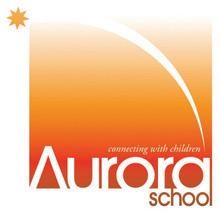

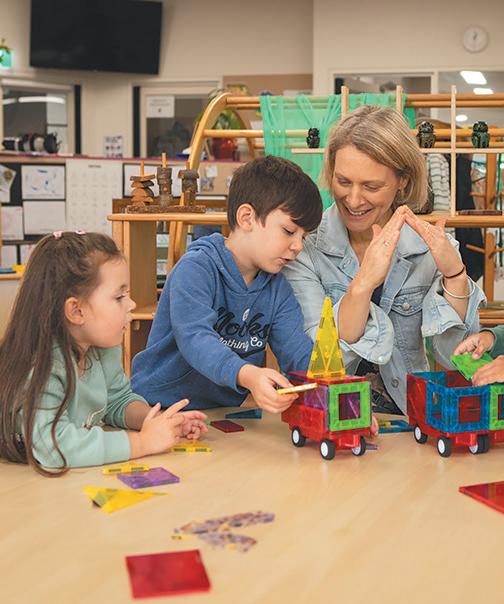
INCLUSIVE education is a fundamental right that ensures equitable opportunities for all students, including those with special needs. Schools dedicated to supporting and nurturing students with special needs play a critical role in promoting their holistic development and enabling them to reach their full potential. The following discusses the importance of maintaining and developing schools for students with special needs, emphasizing the benefits for individual students, the broader community, and society as a whole.
■ Equal Access to Education: Maintaining and developing schools for students with special needs is essential for ensuring equal access to education. These schools provide tailored learning environments and specialized support systems that cater to the unique needs of students with disabilities. By having dedicated facilities and resources, students with special needs are provided with the opportunity to learn and grow alongside their peers, promoting inclusivity and reducing educational disparities.
■ Individualised Support and Personalised Learning: Schools for students with special needs offer individualised support and personalised learning plans, which are crucial for addressing diverse learning styles and
abilities. Specialized teachers, therapists, and support staff are trained to understand and cater to the specific needs of each student. This personalised approach fosters a positive learning experience, enhances academic progress, and supports the development of essential life skills, promoting independence and self-confidence.
■ Social and Emotional Development: Maintaining and developing schools for students with special needs facilitates social and emotional development in a nurturing and accepting environment. These schools foster a sense of belonging, where students can interact with peers who share similar experiences and challenges. By promoting positive social interactions, teamwork, and cooperation, students with special needs develop essential social skills, emotional resilience, and self-esteem, which are critical for their overall well-being.
■ Parental Engagement and Support: Schools for students with special needs foster strong partnerships between educators and parents. These schools provide a supportive network where parents can collaborate with teachers, therapists, and specialists to develop individualised education plans, set goals, and monitor progress. Parental engagement
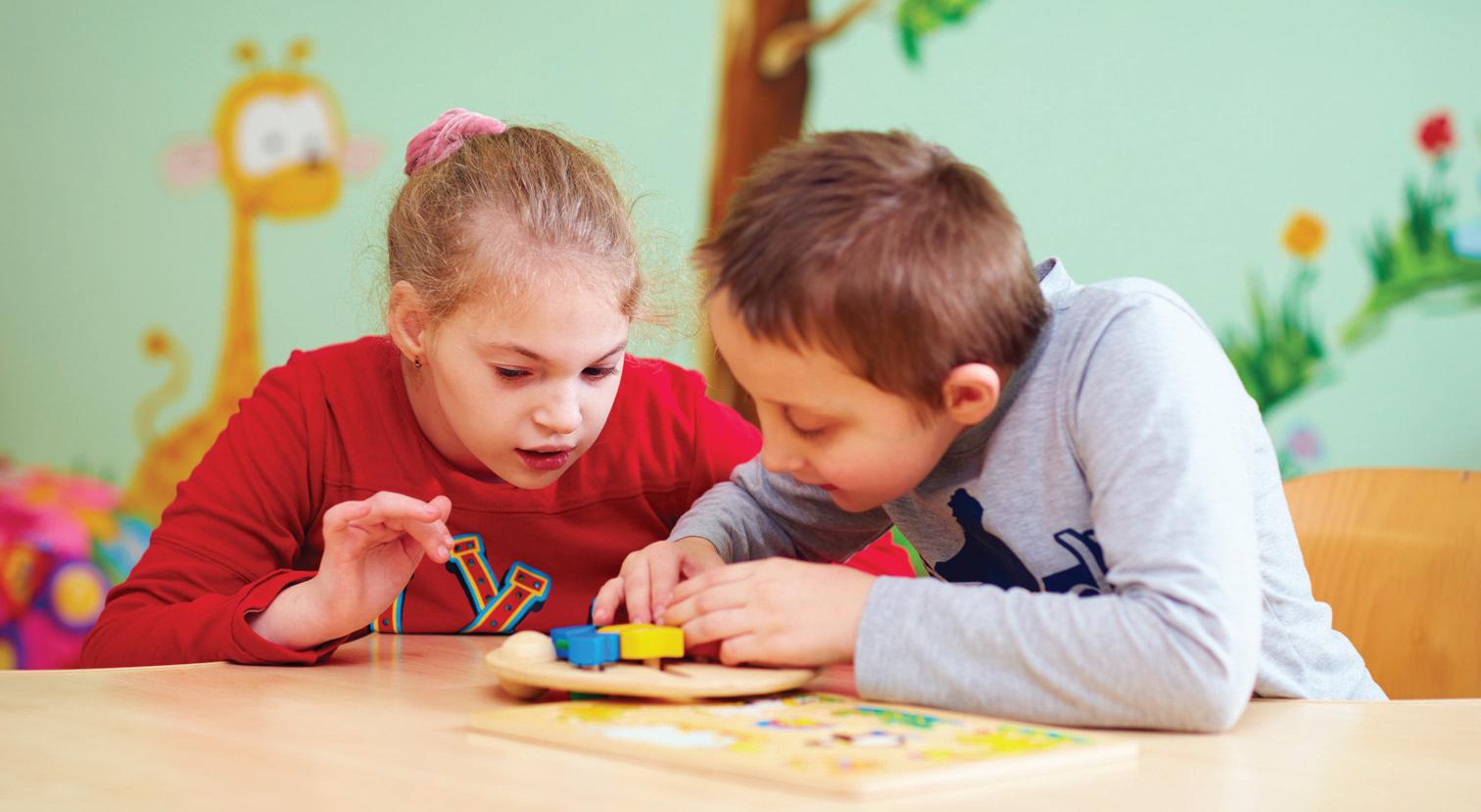
ensures continuity and consistency between home and school environments, enhancing the effectiveness of support and interventions for students.
■ Community Integration and Awareness:
Maintaining and developing schools for students with special needs contribute to the broader community by promoting inclusion and raising awareness about disabilities. These schools provide opportunities for students without disabilities to interact and develop friendships with their peers who have special needs. This fosters empathy, understanding, and acceptance, breaking down barriers and promoting a more inclusive society.
■ Potential for Future Success: Schools for students with special needs play a crucial role in preparing students for future success. By providing a comprehensive education that focuses on academic, vocational, and life skills, these schools equip students with the tools they need to lead fulfilling lives as active and engaged members of society. The skills and support gained in these schools can pave the way for further education, employment opportunities, and independent living for students with special needs.
Maintaining and developing schools for
These schools provide opportunities for students without disabilities to interact and develop friendships with their peers who have special needs.
students with special needs is of utmost importance for ensuring equal access to quality education and promoting inclusive communities. These schools provide individualised support, personalised learning, and a nurturing environment that fosters social, emotional, and academic development. They also facilitate parental engagement and promote community integration, fostering empathy, understanding, and acceptance. By investing in schools for students with special needs, we empower these individuals to thrive, contribute, and achieve their full potential, thereby creating a more inclusive and equitable society for all.
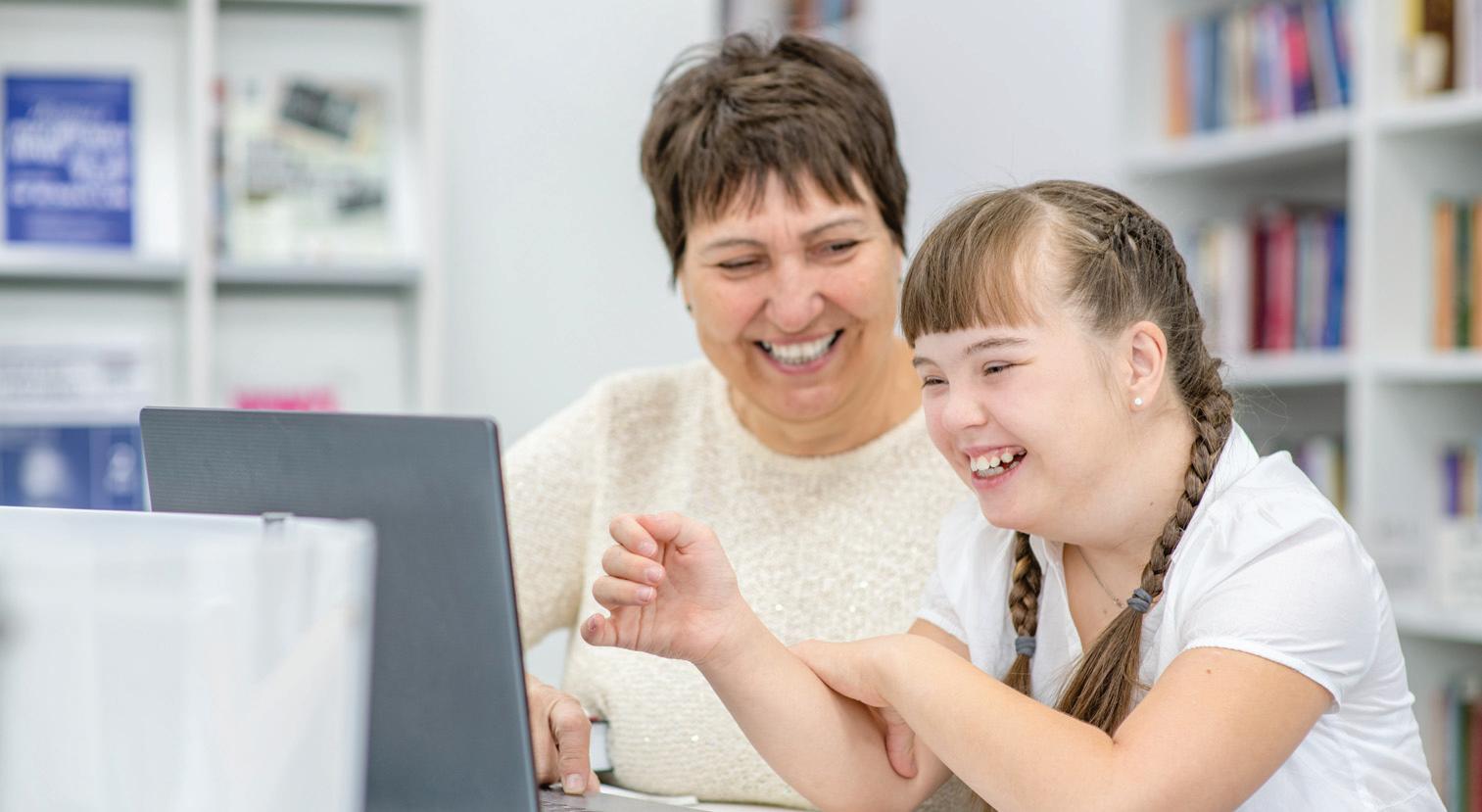
BELMORE School is a newly renovated, specialised educational setting for students aged 5 to 18, located in Balwyn, Melbourne.
We cater to a maximum of 60 students, all of whom have complex physical disabilities and/or require paramedical support.
Each of our small classes includes a teacher and an education support staff member. Every student has a comprehensive Individualised Education Plan aligned with the Victorian Curriculum.
Belmore School also features a highly accomplished onsite allied health team that works closely with teachers and education support staff.
This team includes two Physiotherapists, two Occupational Therapists, two Speech Pathologists, a Music Therapist, and an Allied Health Assistant.
An experienced nurse is also onsite at all times to manage students’ medical needs.
This integrated approach ensures that all staff are trained, skilled, and well-acquainted with each student’s unique goals, complex communication needs, and personalised physical program adaptations.
The allied health team also collaborates with families, the Royal Children’s Hospital
(RCH), Orthokids, and NDIS providers to ensure consistency and promote optimal skill development and participation—both in learning and in the broader community.
Belmore school celebrates student achievements through open communication with families via the SeeSaw app.
Students are immersed in regular inclusive experiences through a wide range of activities and excursions via established connections with community partners.
We ensure all students have a voice and are active participants in every aspect of our school community.
This encompasses a wide range of programs such as hydrotherapy, music club, cooking programs, modified sports, student leadership, and student-led whole-school assemblies.
Recent highlights for our school community include a school production, athletics day, disco, family days and the Premier’s Reading Challenge.
Our school catchment covers the northeast quadrant of Melbourne.
Accessible buses provide transportation to and from school within this area.
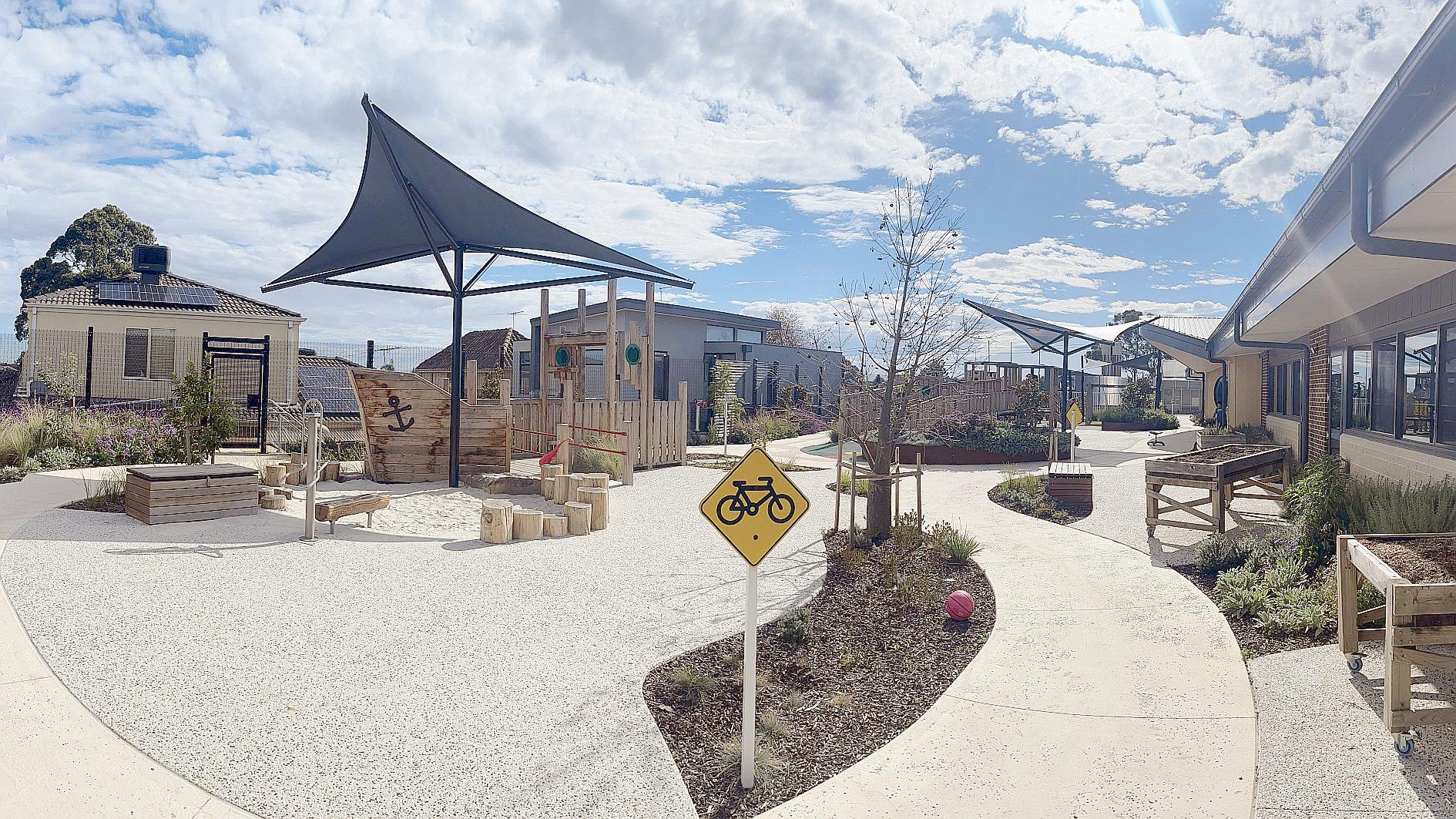


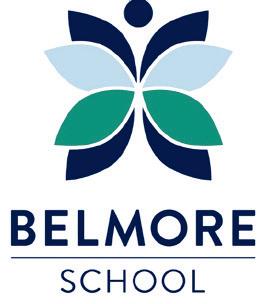


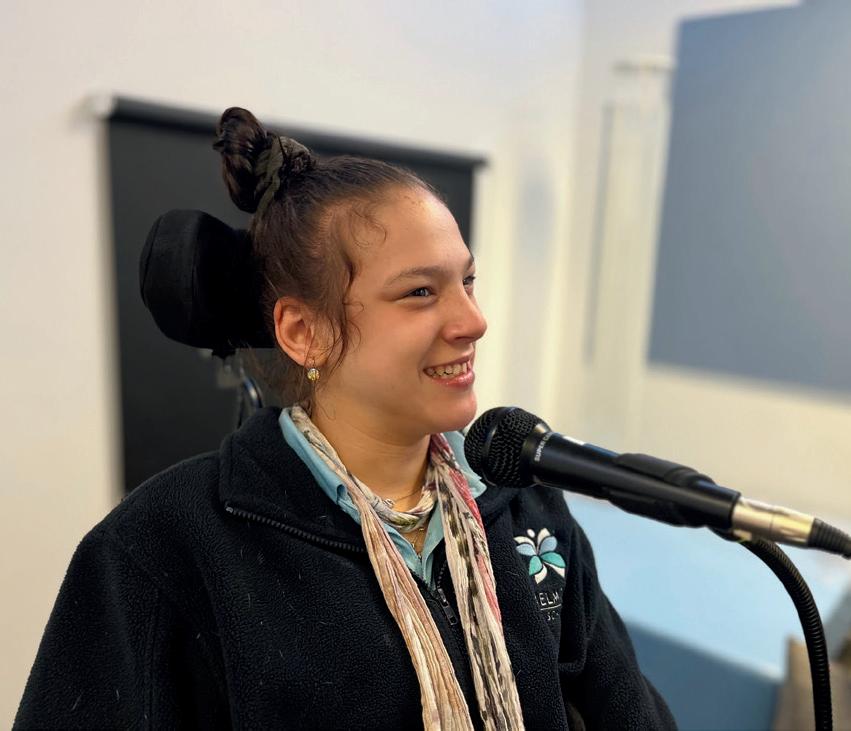

BULLEEN Heights School is a specialised school for students with Autism Spectrum Disorder aged from 5-18 years. The school is located in the North-Eastern suburbs of Melbourne and operates across two campuses – Pleasant Road (primary) and Manningham Road (secondary).
The Victorian Curriculum provides a framework for planning whole-school curriculum. Our exemplary teaching and learning programs are designed to individualised learning plans. Program delivery using Applied Behaviour Analysis teaching techniques is available in the lower primary years and is implemented by a team of trained ABA therapists in partnership with teachers.
The Victorian Pathways Certificate (VPC) is an inclusive and flexible option for students in years 11 and 12 and delivered at both foundation and intermediate levels. VPC gives practical work-related experience, as well as literacy and numeracy skills and the opportunity to build skills that are important for life and work.
The provision of a structured, predictable and secure environment contributes to the achievement of both immediate and long term goals, in the belief that all students can learn and achieve success. Strategic plans support the development of 21st Century skills with a focus on STEAM, digital technology, and innovative practices
Our team of teachers and education support staff are supported by a multi-disciplinary team including a psychologist, speech therapists and occupational therapists.
designed to enhance student learning across all areas of the curriculum.
Specialist teaching areas include STEAM, Visual Arts and Physical Education. Extra curricula programs supporting student learning include camps and excursions, community access and swimming. After school care is available to eligible students. Our team of teachers and education support staff are supported by a multidisciplinary team, including a psychologist, speech therapists and occupational therapists. Working in a positive behaviour support environment, our team provides a holistic approach to diverse and individual needs.



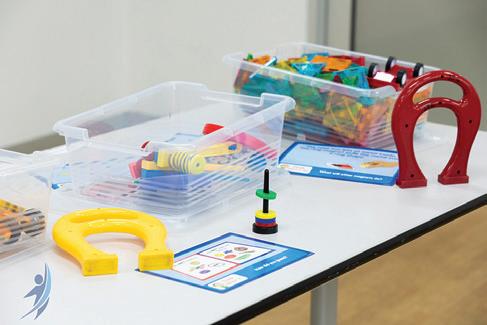















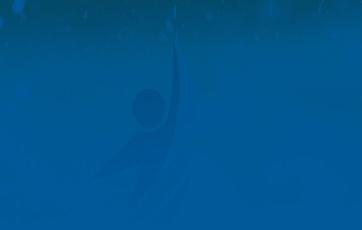
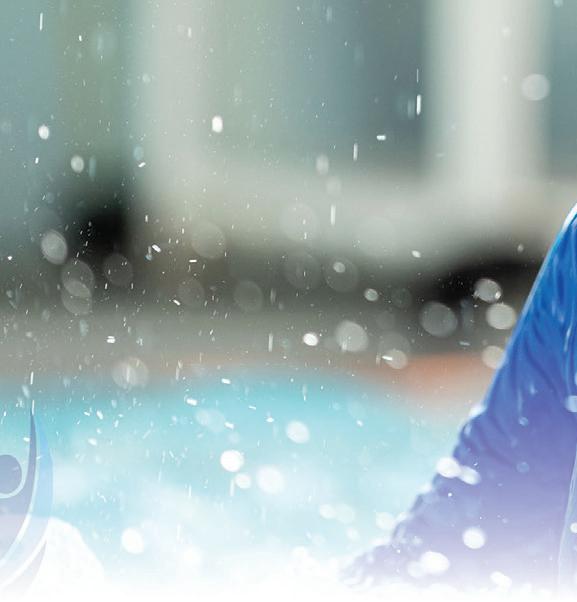
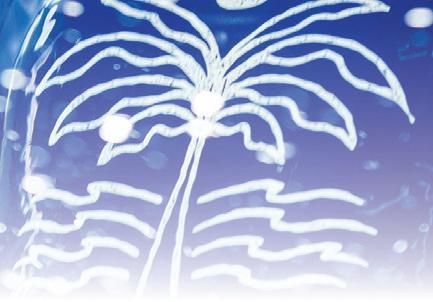




















•Our aim is to provide personalised learning embedded in a rich academic, social and physical curriculum enabling students to reach their potential and to become contributing members of society.
•We offer excellent educational programs, based on the Victorian Curriculum designed to develop individual skills and strengths within a structured and secure environment.
•Our multi-disciplinary approach to learning and teaching provides a safe environment where consistency is valued and motivated staff engage, instruct and assess students to achieve individual goals.
Primary Campus
49-61 Pleasant Road, Bulleen Vic 3105
Phone: 9850 7122
Website: www.bulleenheights.vic.gov.au
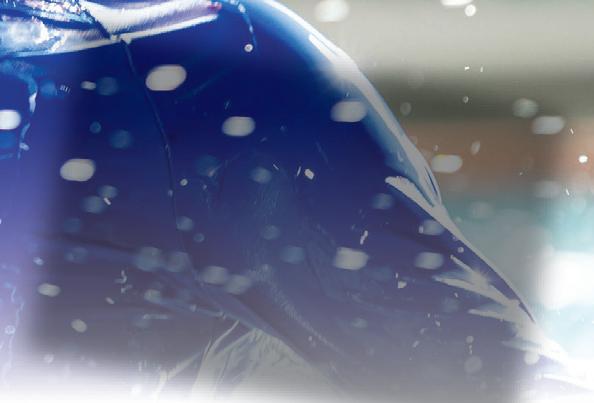
Secondary Campus
221 Manningham Road, Lower Templestowe, 3107
Phone: 9852 1631
Email: bulleen.heights.sch@education.vic.gov



Cheshire School is designed for students who:
•

Our Difference
•
• Reintegration with Care
We believe in every child’s potential—and we’re here to help them shine.

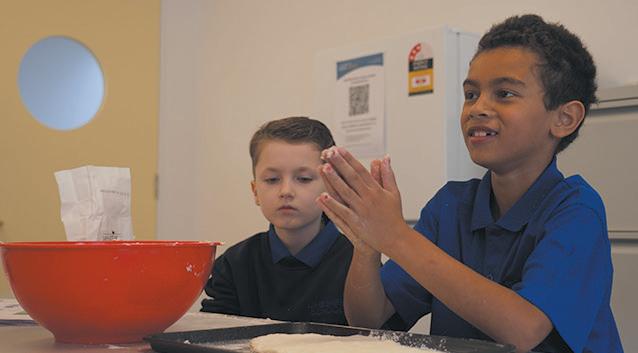
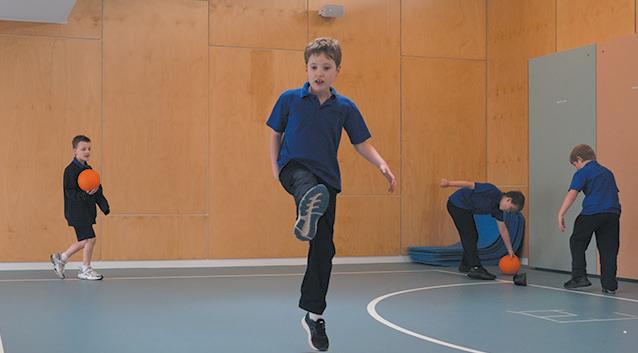
Our child has gone from long-term refusal, to being happily integrated into the classroom.
They have great resources. I’d recommend them to anyone whose child has social and emotional problems.
My son experienced School Can’t for six months before transferring to Cheshire. He felt so safe at the school that he asked to have his hours increased MUCH faster.
In less than a term he went from complete school refusal to full time school.
I truly don’t know where my son or our family would be without the school.

Cheshire School is a specialist interim education setting for primary-aged children experiencing complex social, emotional, and behavioural presentations. With small class sizes (maximum 10 students) and a 1:3 staff-to-student ratio, we offer a personalised and supportive environment where every child is seen, heard, and valued.

strategies, helping students build essential skills in emotional regulation, resilience, empathy, and leadership—all with the goal of successful reintegration into mainstream schooling. We work closely with families to understand the function behind behaviours and co-design tailored plans that support long-term growth and wellbeing.

Cheshire School 16 Woodlea Drive, Glen Waverley VIC 3150
Phone: (03) 9132 6320
Email: cheshireschool@bestchance.org.au
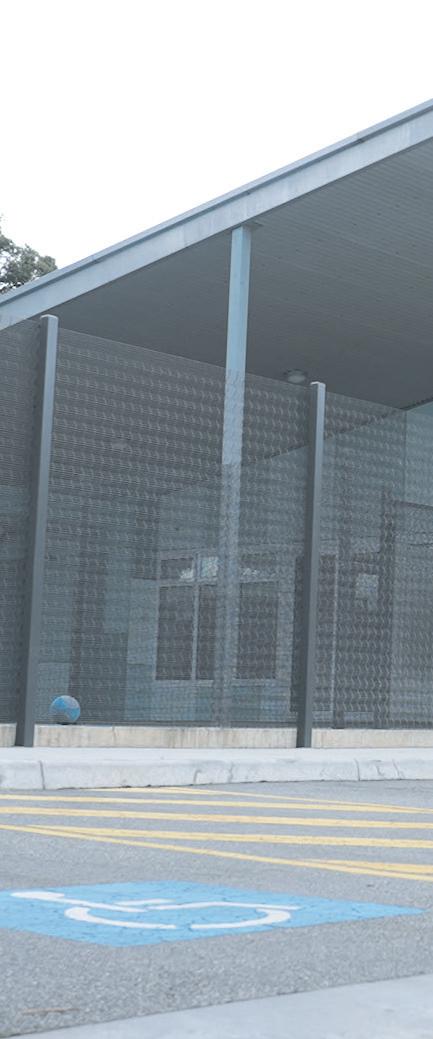
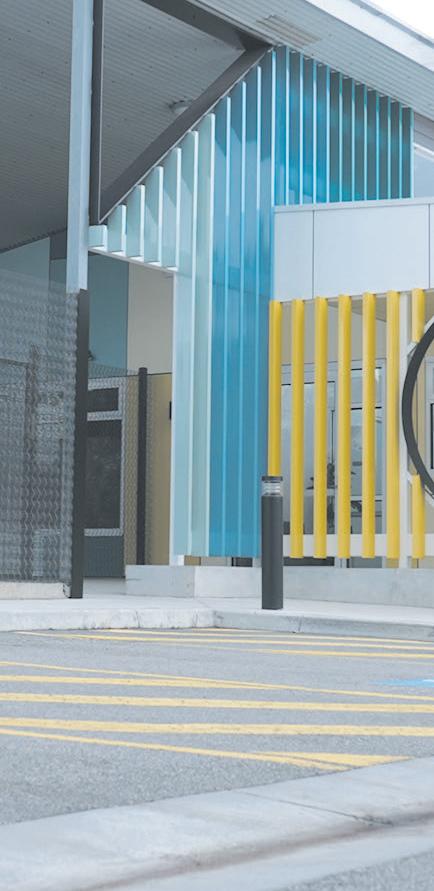
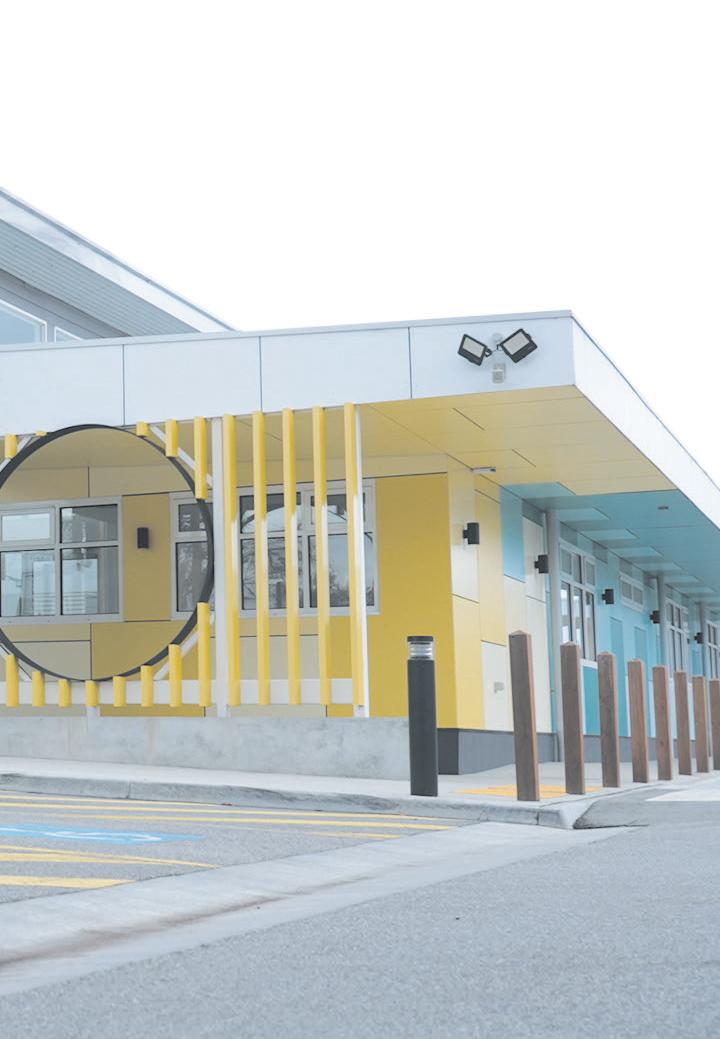
COBURG SDS is a dynamic Special Developmental School situated in the North Western region of Melbourne. We provide a friendly and caring environment that enhances learning, personal growth and well-being for all students. The school caters for families from the northern and western suburbs, from a range of socio-economic and ethnic backgrounds. Students attending the school generally reside within our designated transport area.
Our school caters for students with a primary diagnosis of developmental delay or intellectual disability. Many of our students have additional needs that impact on their learning including, but not limited to, autism, communication and high sensory needs. We provide a caring and challenging environment that enhances learning, personal growth and well-being for all students. Our staff create strong relationships based upon respect and positive support for all of our students.
The school embraces a trans-disciplinary, Child Centred Learning approach that allows all students to engage as effectively as possible with the curriculum. We ensure that communication, functional skills and social and emotional learning are embedded through all aspects of our programs. Our therapy team works with teachers to develop strong, individualised learning goals, which
The school has recently moved to its new facilities at 191 Urquhart Street Coburg, and is benefitting from the incredible, purpose designed and built facilities that maximise engagement, safety and engender a love of learning.
assist our students to fully engage in their learning and maximise outcomes.
The school has recently moved to its new facilities at 191 Urquhart Street Coburg, and is benefitting from the incredible, purpose designed and built facilities that maximise engagement, safety and engender a love of learning. It evokes a truly calming atmosphere, whilst offering a range of specialist rooms and areas that take learning beyond the classroom. It is a genuinely inspiring environment.
Book a tour to view what we have to offer.
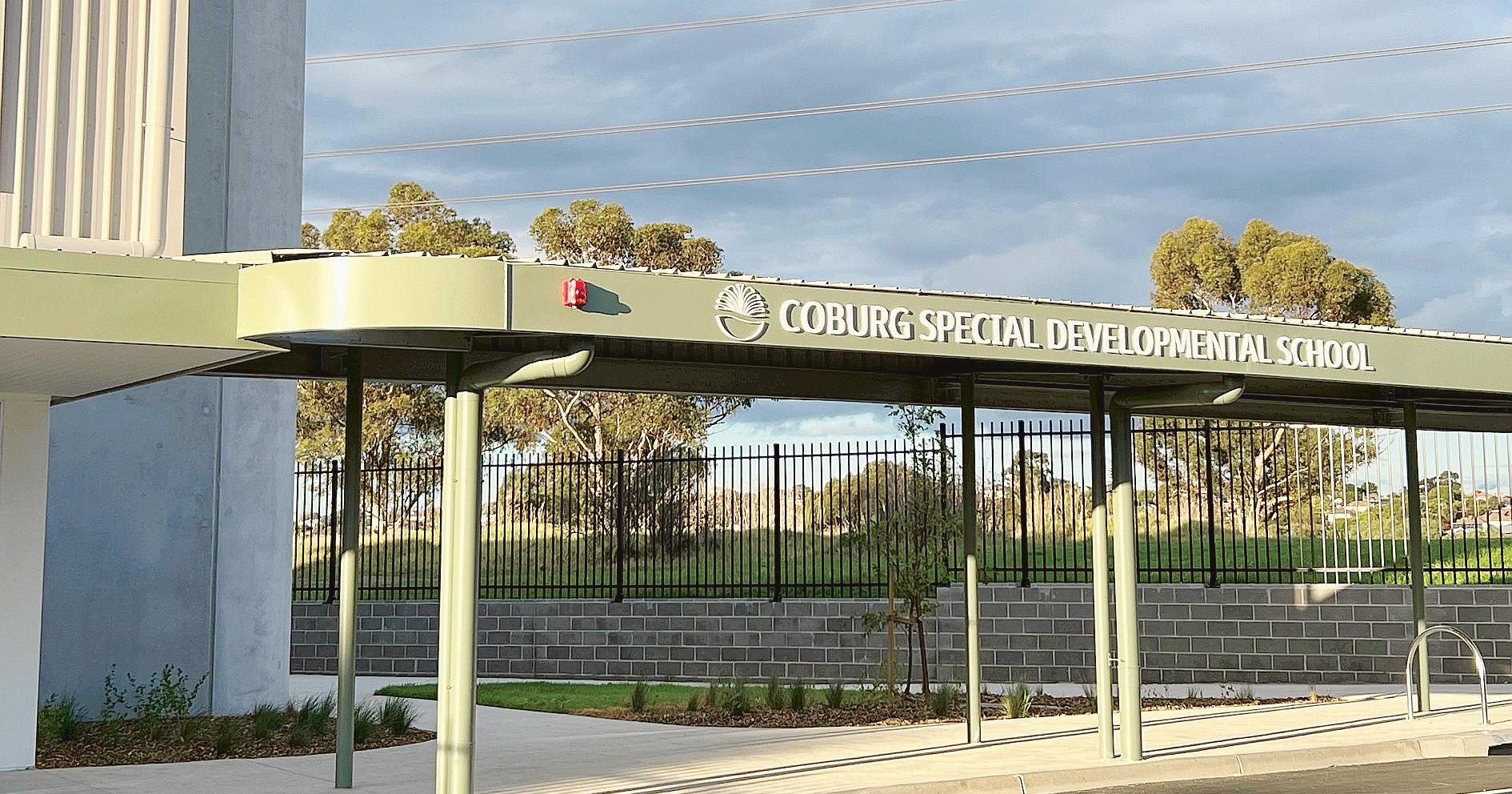
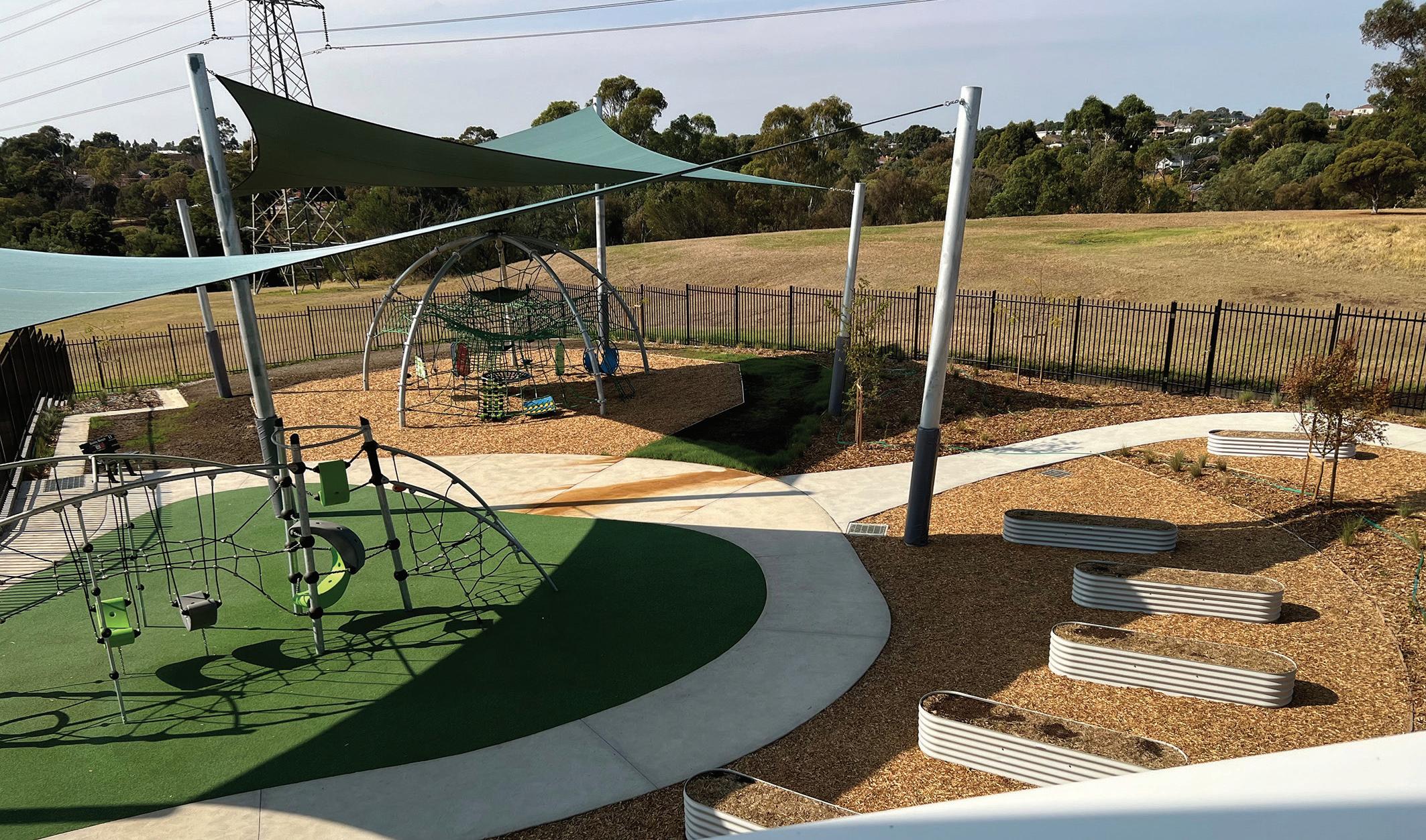

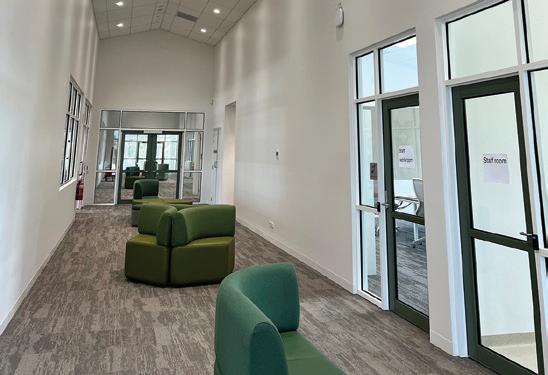

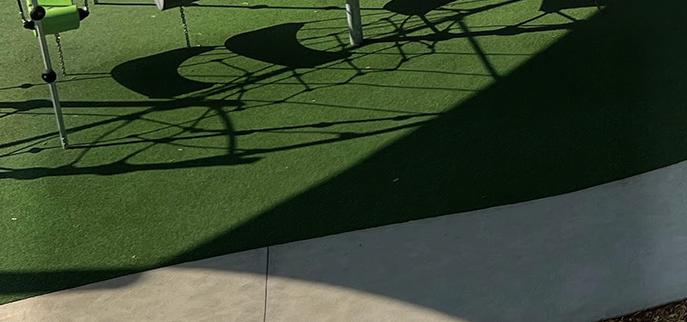



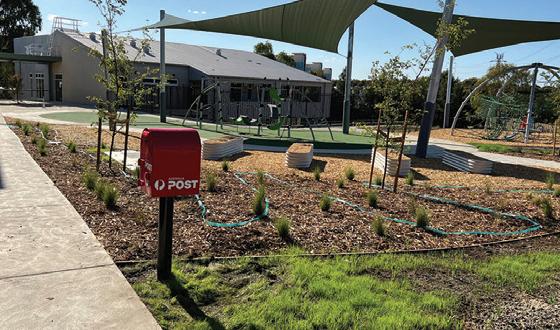
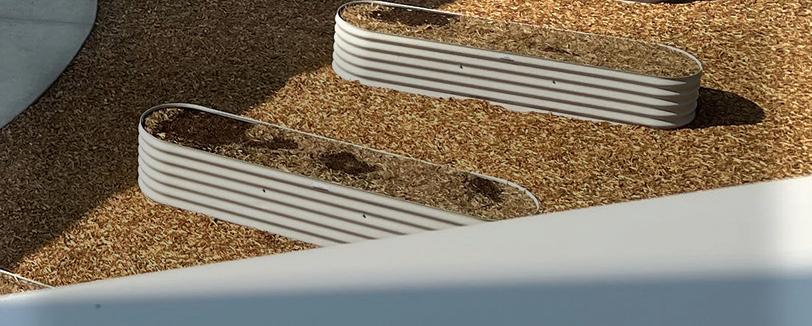


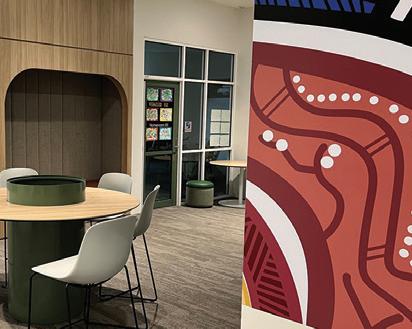



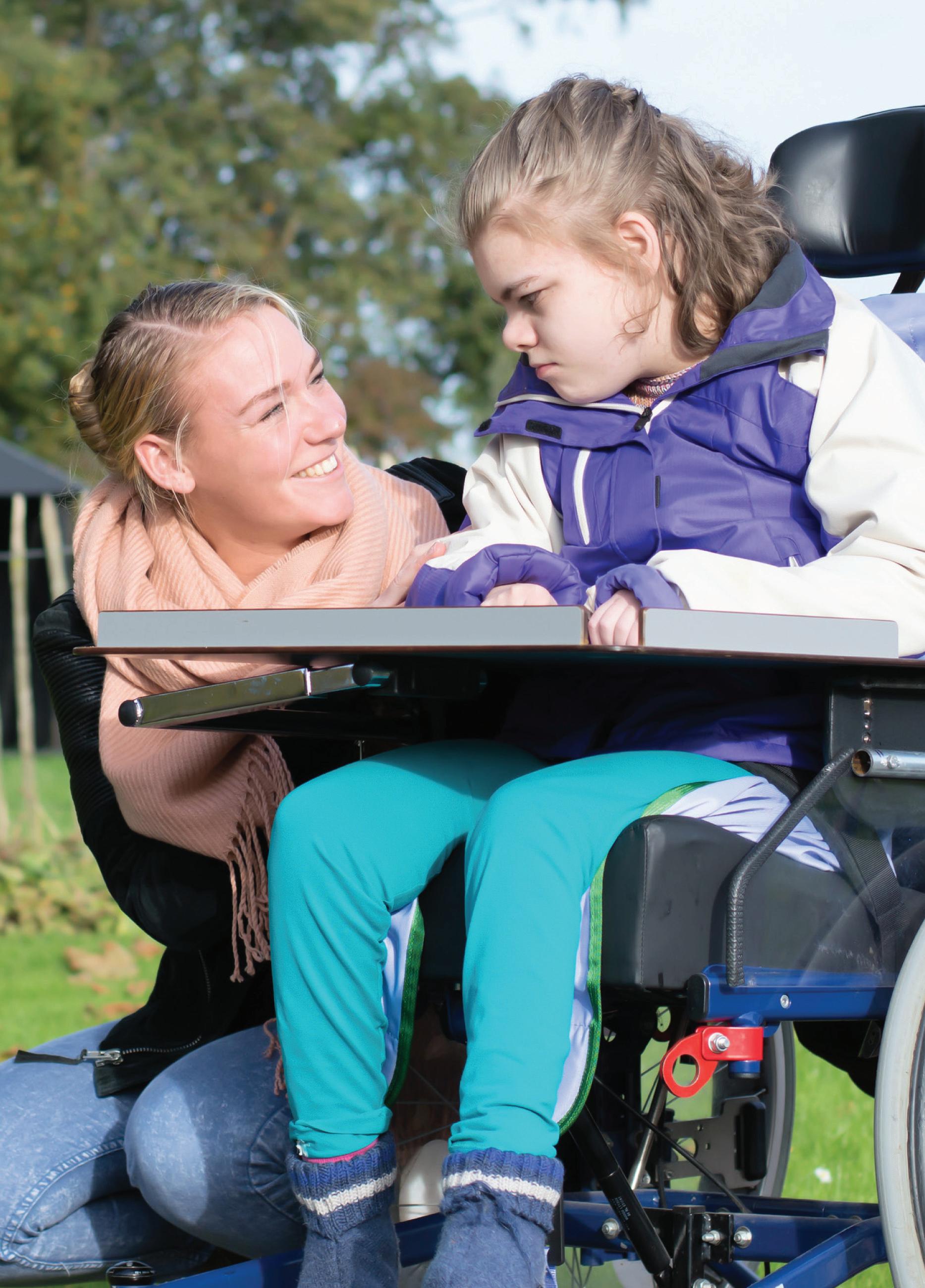
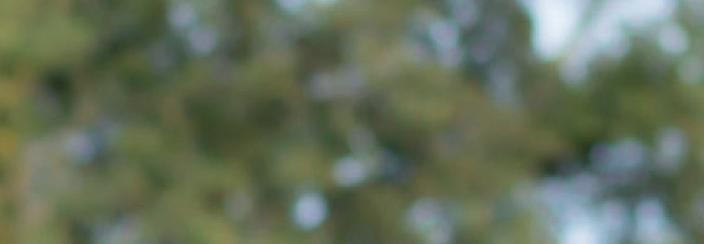
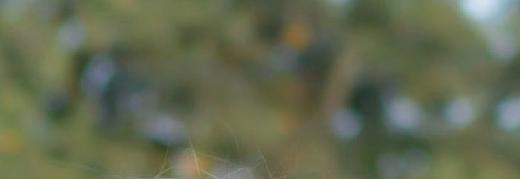
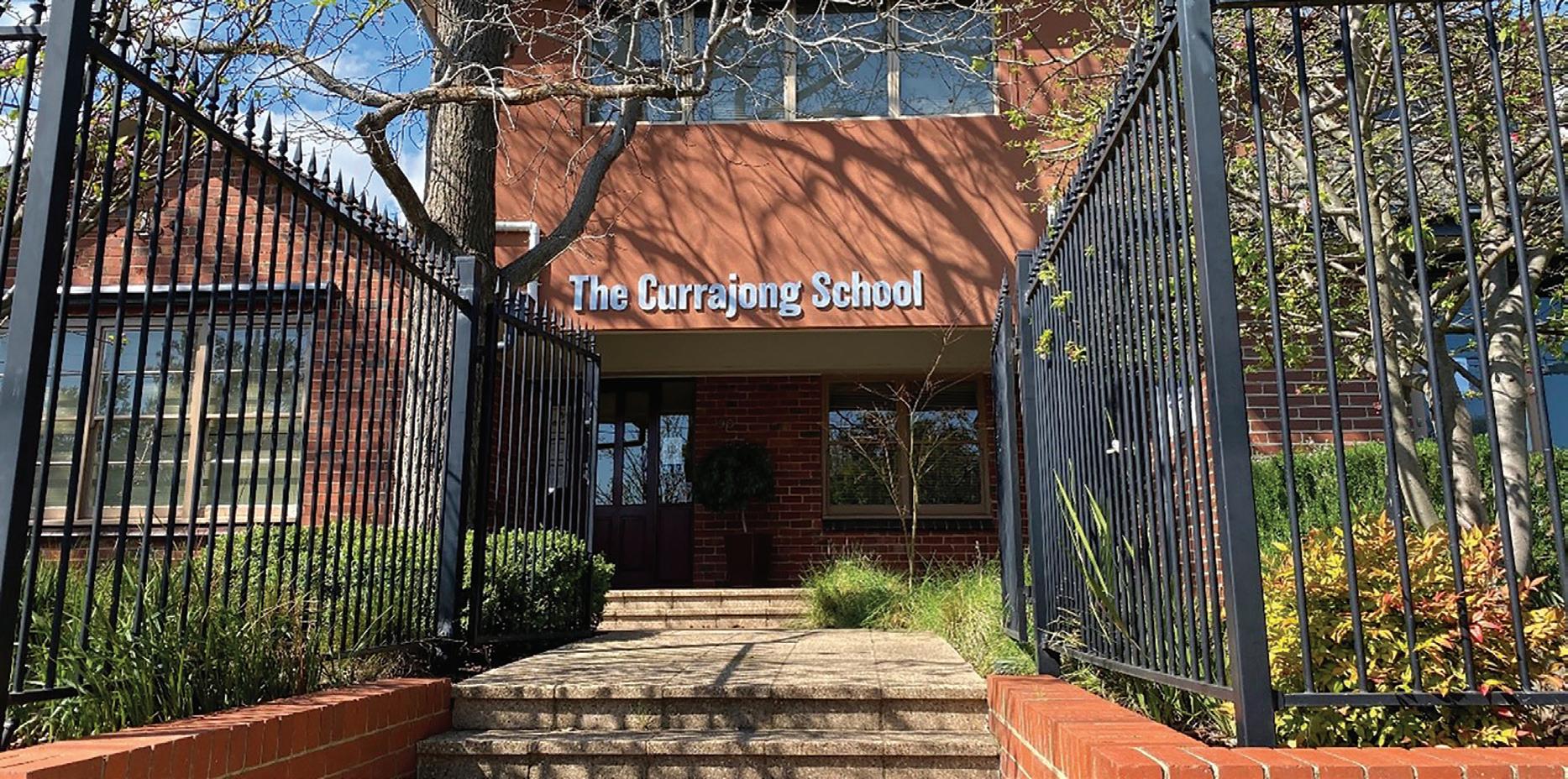
The Currajong School is a registered, Independent Specialist School located in East Malvern, a southeastern suburb of Melbourne, and serves a wide geographical area.
The school was established in 1974 as a non-denominational, co-educational school catering for primary-aged students with specific needs, with a focus on social, emotional, and behavioural needs. The Currajong School creates a community atmosphere, with an inclusive and positive learning environment. We have a proud tradition in providing excellence in specialist education for students with social, emotional, and behavioural needs and maximise every learning opportunity to shape our students’ future through high quality, values enriched inclusive teaching and learning.
The Currajong School has a clear vision and purpose.
The school is renowned for fostering student excellence with the support and involvement of our families, specialist services and broader community.
We are confident our focus on social, emotional and behavioural needs and academic abilities will be achieved through maintaining strong partnerships with parents, allied health professionals and the wider community. This, in turn, provides a comprehensive approach to challenging our students to achieve their best and build self-confidence in their personal abilities. This holistic approach of building the foundations of academic, physical, social and emotional learning capabilities of our students, reflects our school’s long-standing ethos.
DANDENONG Valley SDS guiding principles:
■ We uphold the conviction that every child has the ability and the right to learn. It is with that conviction that Dandenong Valley strives to increase each student’s level of personal independence in all possible areas from communication to daily living skills, to movement and recreation.
■ Dandenong Valley explores every avenue to fulfil the individual student’s potential for supported employment and desire to pursue vocational and work options.
■ The partnership desired between home and school is achieved not only by daily communication, but also by regular parent/ teacher interviews and Student Support Group meetings where individual programs are developed for each student.
■ Our excellent educational programs aim to de velop the talents and capacities of children and young people with disabilities to their maximum potential and in such a way that they are competent socially and culturally and contribute positively where possible to the economic needs of their community.
Our excellent educational programs aim to develop the talents and capacities of children and young people with disabilities to their maximum potential.
■ The promotion of all children and young people’s optimum level of learning will develop their confidence, self esteem, optimism and respect for self and others.
■ The promotion within each student of a sense of happiness, well-being, self-worth and a belief in their own capacity will enhance their participation in and contribution to their society.
■ There is a need for the school to be caring, supportive and to act as an information reference point for families, care-givers and the community.
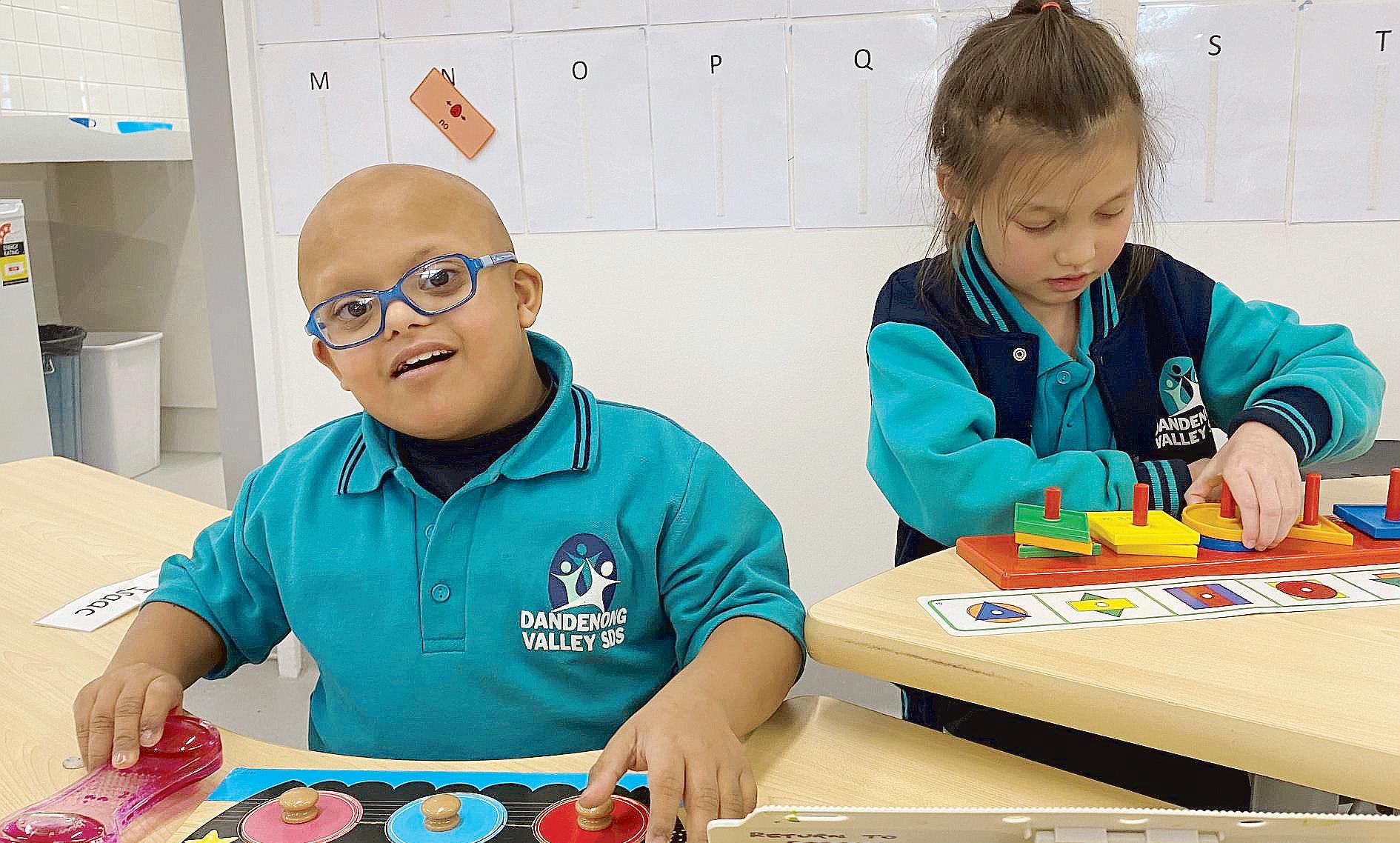
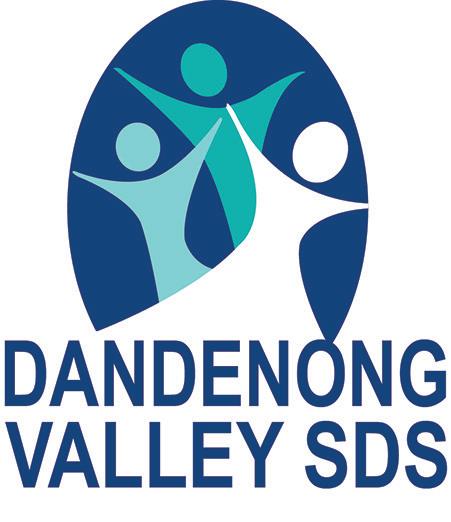
Dandenong Valley SDS is a specialist school for students with moderate to severe intellectual disability. We are a foundation to year 12 school. Dandenong Valley SDS is located in Narre Warren in close proximity to Fountain Gate Primary and Secondary schools. The school stands in landscaped grounds that include outstanding playgrounds, a sensory park and a horticulture centre.
Our strategic plan priorities are to improve students’ communication, independence and social capabilities. Our students all have individual learning plans that reflect these goals.
The programs that Dandenong Valley offer in addition to our academic program which is based on the Victorian Curriculum levels A-F, are;
• Early Education Program.
• Specialist programs, art, music, PE and PMP.
• Camps, excursions and incursions.
• Hydrotherapy.
• Multi-disciplinary therapy program which includes speech, occupational therapy, physiotherapy and music therapy.

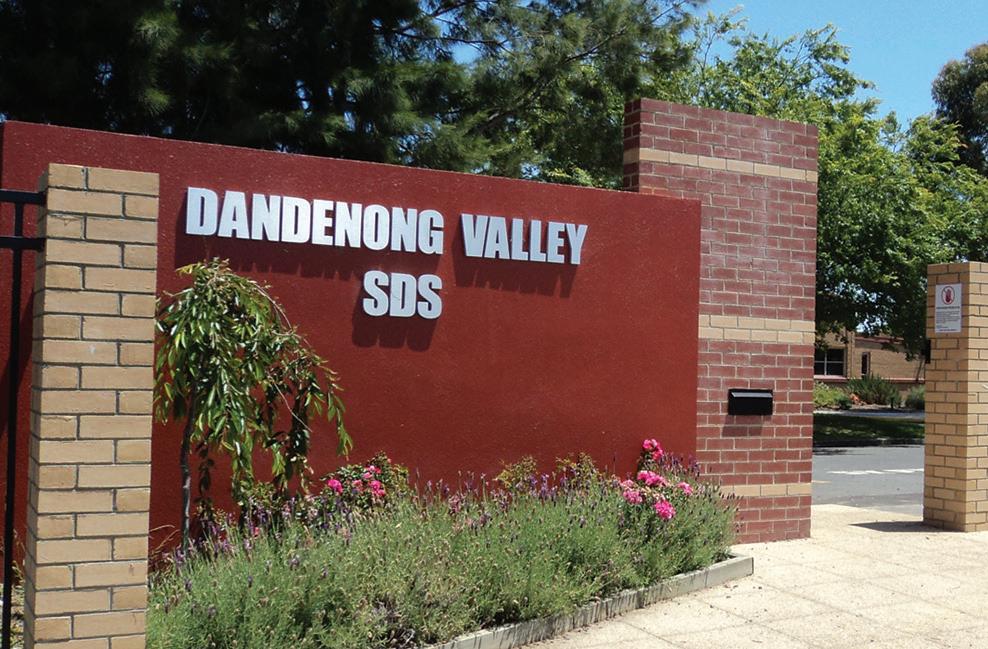
Students in their last two years of school are involved in our transition program which prepares them for life beyond the school gate. The key skills are functional literacy, functional numeracy, ICT, recreation and leisure, personal social skills and health, independent living and vocational learning.
Dandenong Valley endeavours to equip students with the capacity to manage themselves and their relations with others, understand their world and act effectively in that world.
For more information please visit our website, www.dandyvalley.vic.edu.au
THE Eastwood Deaf Facility provides total access to a primary education for children who are Deaf or Hard of Hearing and who meet the DEECD eligibility criteria in a fully integrated setting.
Underlining Eastwood Primary School’s commitment to children, the school established the first state primary Facility following a major review of education for Deaf or Hard of Hearing students in Victoria.
Eastwood Facility has specialist Teachers of the Deaf (TOD’s) who work in a close partnership with classroom teachers to deliver high quality learning experiences in a caring, supportive environment.
Eastwood Primary School and Deaf Facility offers a stimulating diverse curriculum and a wide range of enrichment and support programs. Within the context of the regular classroom program, Individual Learning Plans are developed for each Deaf or Hard of Hearing student’s learning. Parents, Teachers of the Deaf and classroom teachers form a partnership, with each member contributing to this process.
Teachers of the Deaf use spoken English, listening and Auslan to develop communication skills for each student. Signing is provided to students whose parents
support this choice. Parents are fully involved in decisions regarding the communication method used with their child. Deaf and Hard of Hearing students are valued members of the regular classroom participating in a range of quality programs.
The integrated model brings significant benefits to every child in the school. All students are placed in mainstream classrooms with their hearing peers. The classroom teacher and a trained Teacher of the Deaf assist students to work to their potential within the classroom. Small group and individual withdrawal sessions also help support each student’s learning.
Eastwood Deaf Facility has regular visits from a Paediatric Audiologist. Through the NDIS, parents can organise to have visitations during the school day from Speech Pathologists, Occupational Therapists and other support workers as required. The Teachers of the Deaf work with outside agencies providing resources specifically to Deaf and Hard of Hearing students and their families.
Throughout the school, there are several Deaf staff members who are positive role models for our Deaf and Hard of Hearing students.

WELCOME to the Deaf Education Centre at Mount Erin College. We are the only Government Secondary Deaf Education setting in the South East Victoria Region (SEVR). We provide specialised educational support for students with hearing loss.
Our centre delivers communication and technological support, including cochlear implants, a variety of hearing aids, Roger and Soundfield Systems.
Audiologist and Hearing Tech support is also provided onsite at the College twice a Term by Hearing Australia.
We provide in-class support for Deaf and Hard of Hearing students by prioritising English and core subjects. We work with teachers to provide students with timely, dynamic feedback, encouragement, guidance and clarification.
Our Diploma of Auslan qualified Education Support Staff provide 1:1 support in the classroom. Inclusion and access is, but not limited to: clarification for assessments/exams, note taking, captioning and transcripts, modification of resources to meet individual student needs. We also have withdrawal sessions to target specific learning needs identified for each Deaf and Hard of Hearing student.
Our centre is a welcoming and supportive educational environment that celebrates our students’ successes. Students are supported to achieve success through Language Intervention
Auslan in 2025
■ All Year 7 students
■ LOTE option for Year 8
■ Year 9 Auslan elective
classes and communication support including Auslan where appropriate.
We also participate in excursions such as Auslan interpreted professional theatre performances in the city like Mary Poppins, captioned cinema movie experiences and the Combined Secondary Deaf Sports Day is always a highlight of the year.
We support our DEC students with the transition from Primary to Secondary School and offer additional opportunities to connect with students and staff.
There may be financial assistance for funded Deaf Education students to access the DEC at Mount Erin and this can be discussed in more detail.
For further information, please contact the DEC team at Mount Erin College on 59716000.
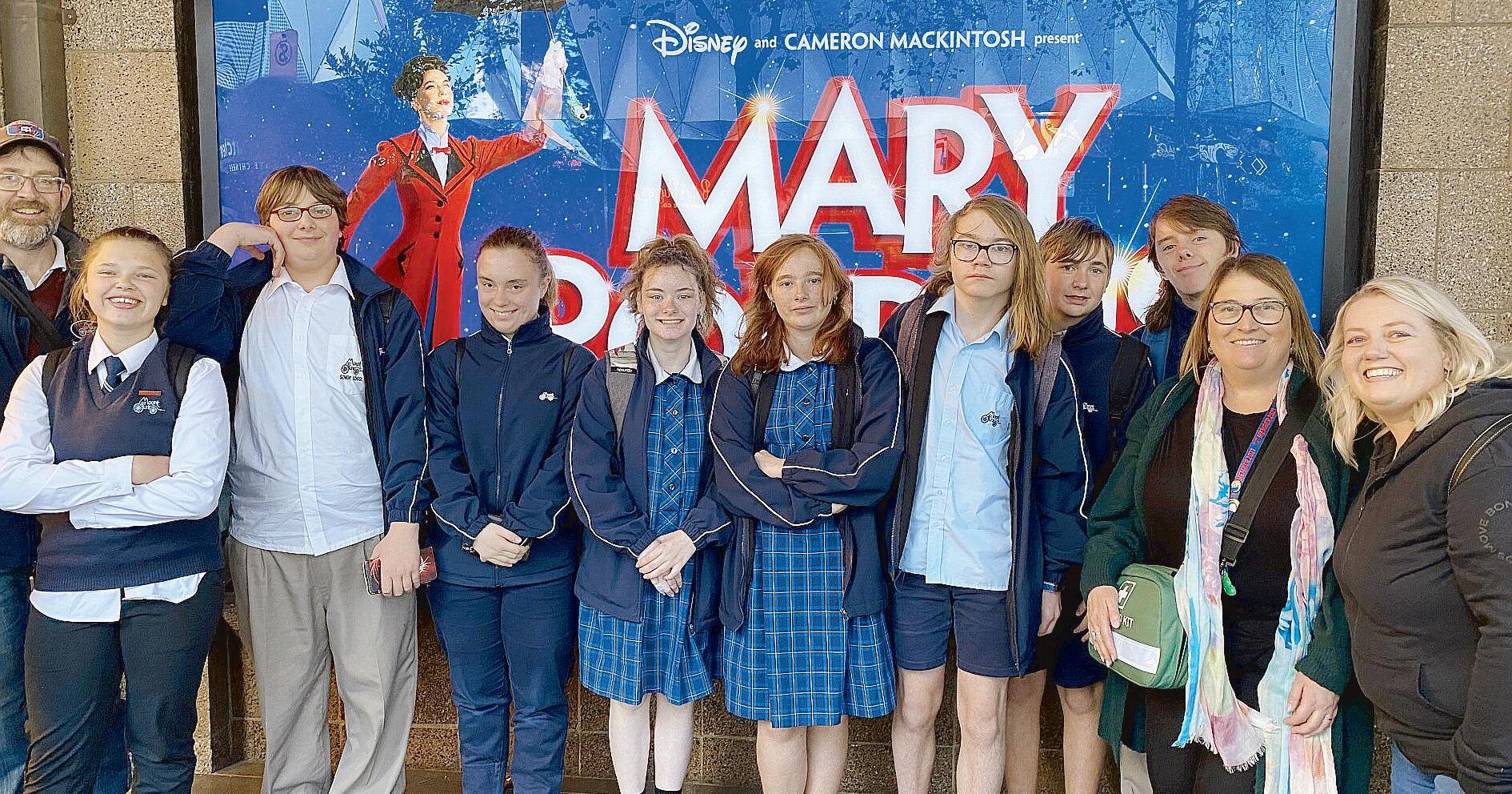
FOR 50 years Yarra Valley Grammar has been offering a mainstream schooling opportunity to young people who are deaf or hard of hearing.
The Ringwood school’s Hearing Unit was established in 1972 when the parents of four students banded together to establish the program, becoming trailblazers in this new approach.
Head of Hearing Unit Rachel Wilson said what began as the only dedicated Victorian teaching of the deaf facility, is now one of 25 across the state, providing the best technology and support for students.
With 35 students from kindergarten to secondary school, Ms Wilson said the program is structured to cater to each age group specifically to ensure the student receives the best care possible.
“With our youngest children we try to get them to put their hearing aids on at a young age, to build on those early self-advocacy skills,” she said.
“As the Hearing Unit students move into primary school, we are building their skills to become independent users of their devices and knowing what an ideal listening environment looks like for them.”
In those early stages of schooling Ms Wilson mentioned that students from the Hearing Unit, often will not undertake a language, rather they
will use that time to work with Teachers of the Deaf on their individualised goals to develop their literacy, language and vocabulary development.
Our ultimate aim is that we give students equal access to the curriculum as their peers and provide an environment in which they can achieve their personal best.
By years 10, 11 and 12, Ms Wilson said the aim is for the students to have well developed self-advocacy skills. This is whereby students ask for what they require to help them learn best to set them up for success for when they eventually leave the safety of school.
Technology, such as personal listening devices, captioned audio/visual material and soundfields, normalises deafness among all students.
“The students feel happy and connected at school. They have a strong sense of belonging as the Hearing Unit is embedded in the culture of the school, they are just like any other student,” Ms Wilson said.
“Students have a positive self-identity about who they are, making them feel comfortable about themselves and their hearing loss.”
“The other students are very caring and very inclusive. It is an environment that is not only supportive for the hearing unit students but it teaches empathy and understanding for the wider community as well.”

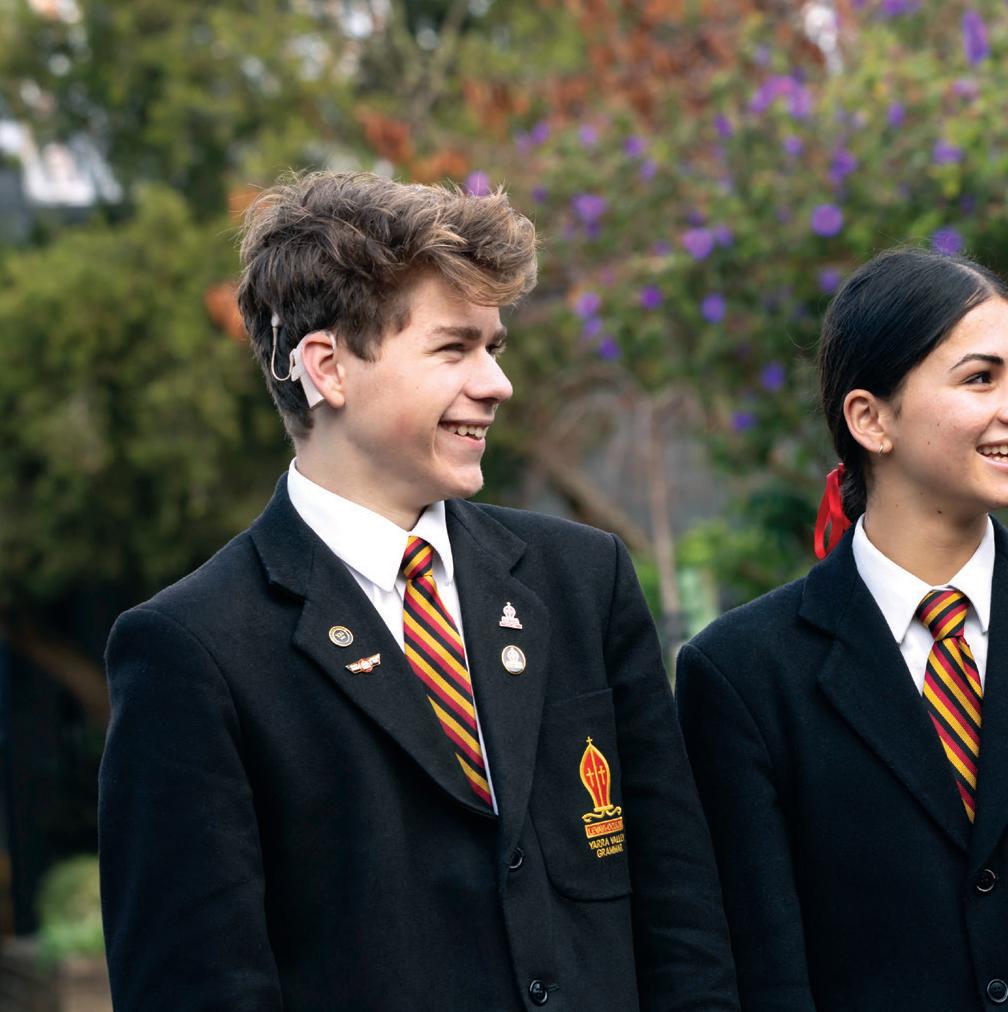
Great teachers. Great education. Great opportunities.
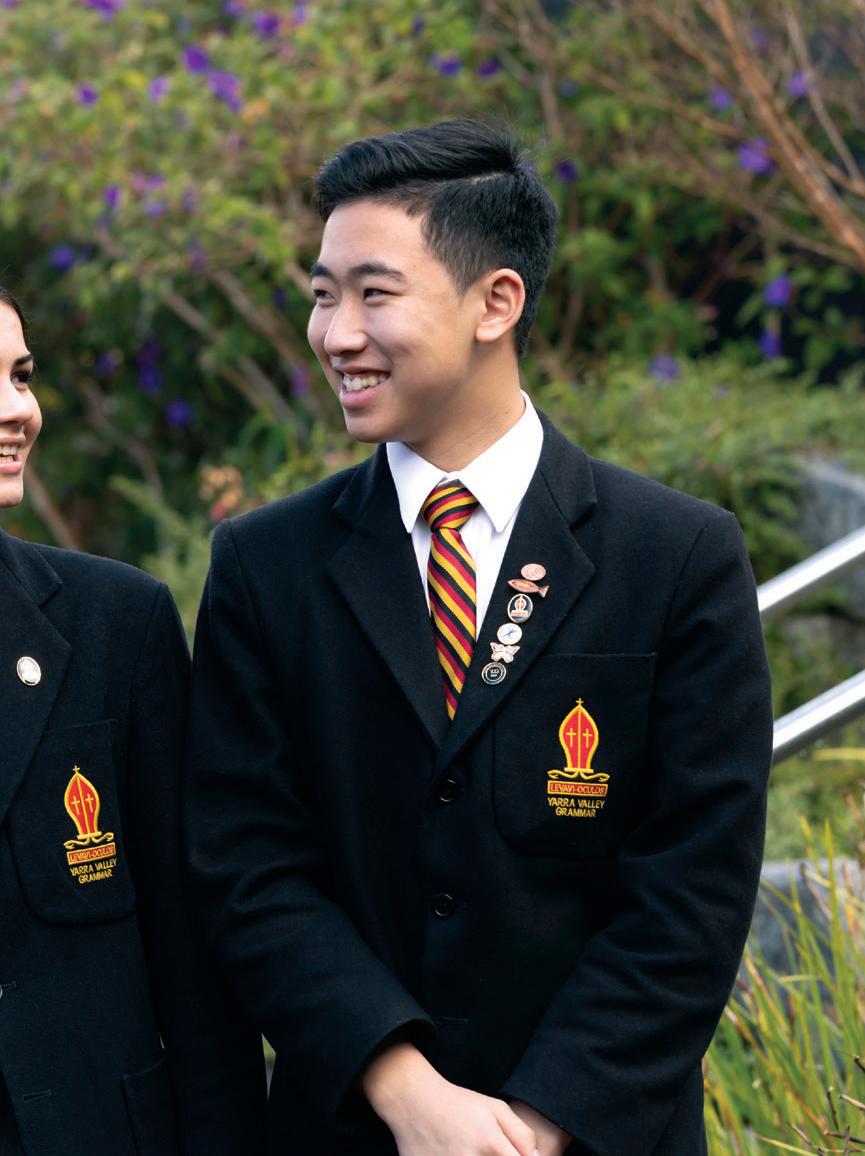
At Yarra Valley Grammar students with a hearing loss experience a fully inclusive educational experience.
Yarra Valley Grammar’s Hearing Unit provides support and inclusive educational opportunities for students who are deaf or hard of hearing from Early Learning to Year 12.
As part of the program, the students wear radio frequency aids in the classroom and in environments with competing background noise.
used throughout the School to assist with classroom clarity.
Full and active participation in the School’s curricular and co-curricular program is encouraged and celebrated.
For further information about the Hearing Unit, please contact the School on 9262 7700.
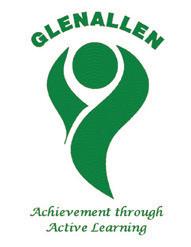
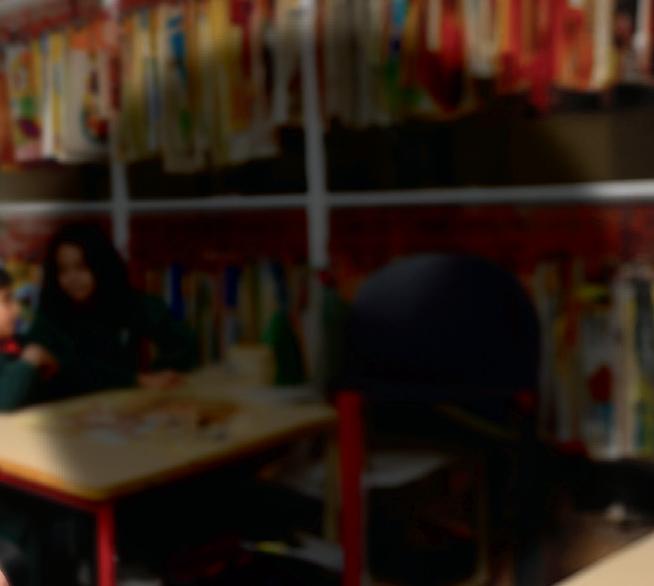

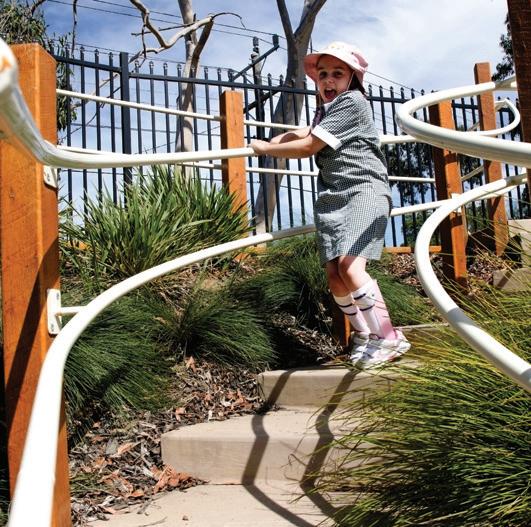
ovides individual l lllear ar i ningp g for students
Glenallen School, located at 7 Allen Street, Glen Waverley, provides individual learning programs for students aged between 4.8 to 18 years, who have a physical disability and/or significant health impairment requiring paramedical support. The school caters for students with a wide range of intellectual abilities. Current students have complex needs and often multiple disabilities
Teams, comprising teachers, physiotherapists, occupational therapists and speech pathologists work together to plan, implement and evaluate individual student focused learning programs. Our aim is to provide for the development of each student intellectually, socially, physically and emotionally. Individual educational and therapeutic programs are designed to promote student achievement as well as maximising independence in functional activities of daily living. Each student is encouraged to be an active participant in their individual learning program.
Our Vision
Glenallen School strives to be a world’s best practice specialist school providing innovation and excellence in teaching and learning for students who have physical disabilities and / or health impairment.
Our Values
• RESPECT • LEARNING
• COMMUNICATION • TEAMWORK
Respect
• We listen when others are speaking – authentic listening
• We arrive at meetings on time
• We treat people equitably as we would wish to be treated
• We acknowledge that people have different views
• We value all opinions
• We express and receive feedback without making it personal
• We focus on the task in hand
Team Work
• We establish trans-disciplinary teams
• We establish effective teams
Learning
• We work collaboratively to establish specific, measurable, achievable, realistic & timely (SMART) goals
• We challenge ourselves to have a go
• We support others to have a go
• We seek and give feedback
• We celebrate effort
• We are flexible
• We actively participate
• We use a variety of instructional models including E5 Communication
• We use different modes of communication in recognition that everyone has a voice
• Anyone, anywhere, anytime communication
• We observe our agreed meeting protocols
• We recognise partnerships are an essential part of the way we work and are the most effective means of planning and implementing curriculum for our students.
Specialised learning programs for students aged 5 to 18 who have significant physical and / or multiple disabilities or who have significant health issues.
Bus transport to the school is available from many of the Western and Northern suburbs of Melbourne.
Small classes with many support staff.
Onsite Occupational Therapy, Physiotherapy and Speech Pathology teams to support each student’s learning.
4 Registered Nurses onsite to assist students.
Our facilities include a Hydrotherapy Pool, Ceiling Hoists in all classes and common spaces, Indoor and Outdoor Play Spaces, Kitchen Garden, Library, Sensory Room, Art Room, Music Room, Performing Arts Space, Soft Play Area and Parents’ lounge.

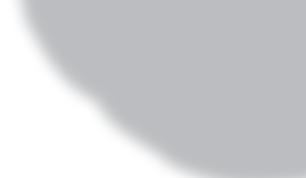
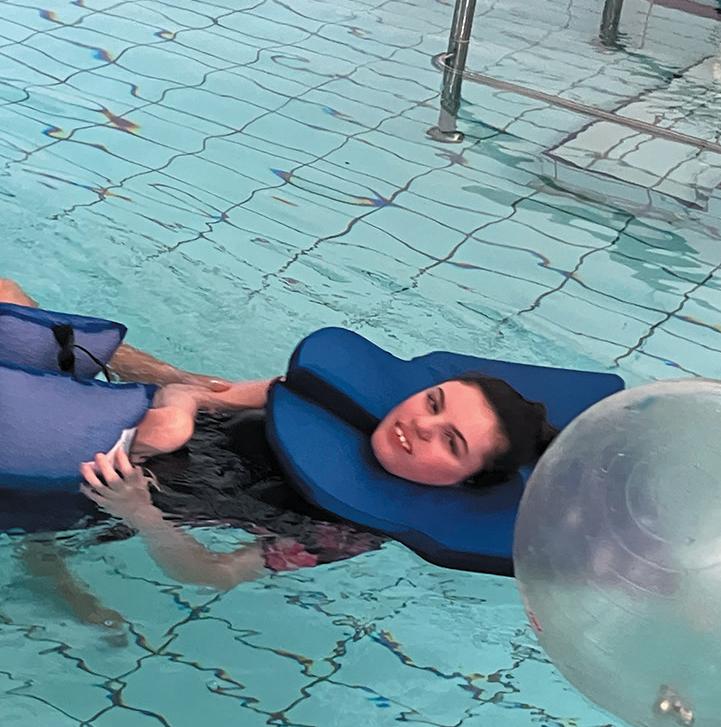


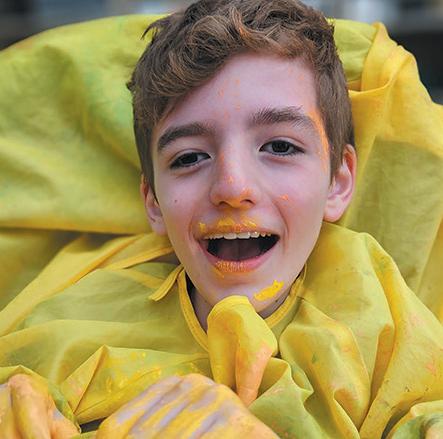
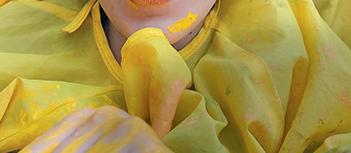







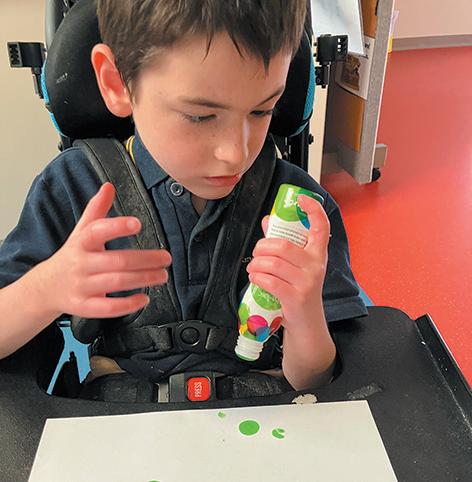

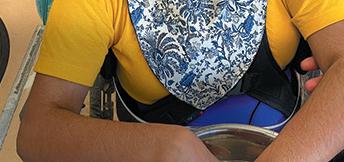


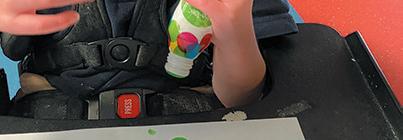

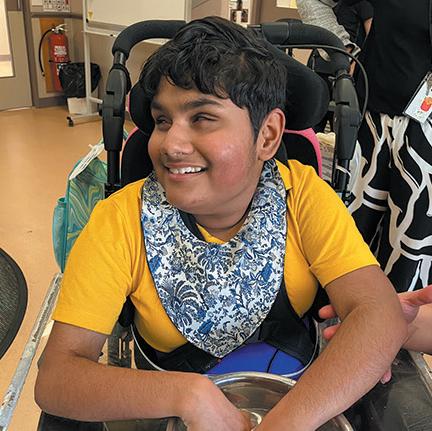


















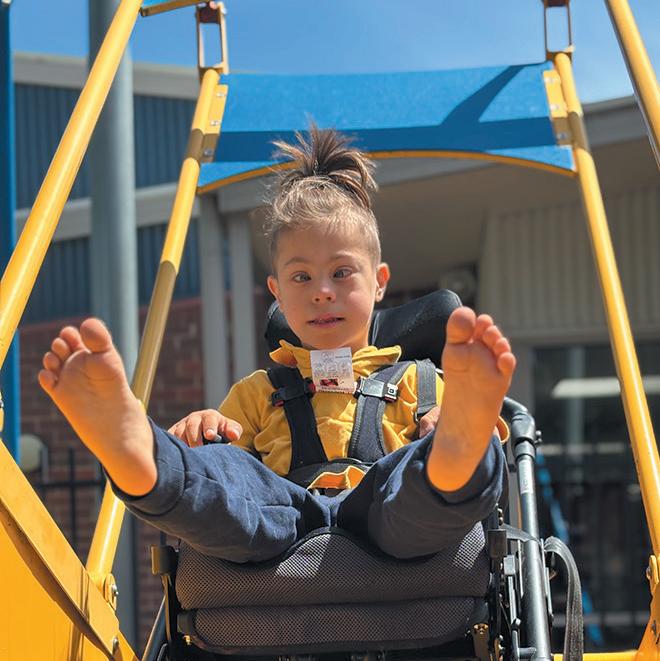
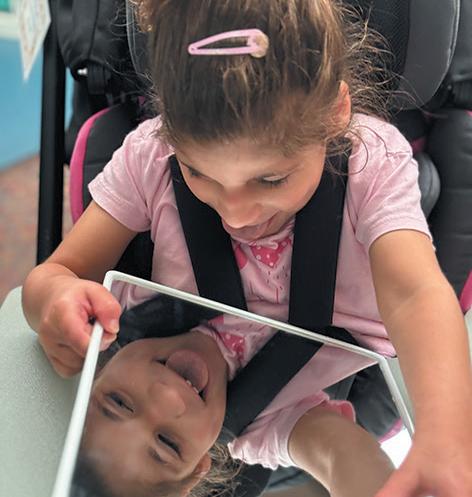

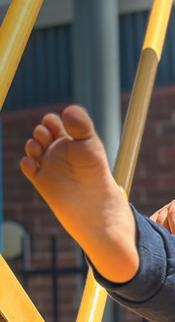















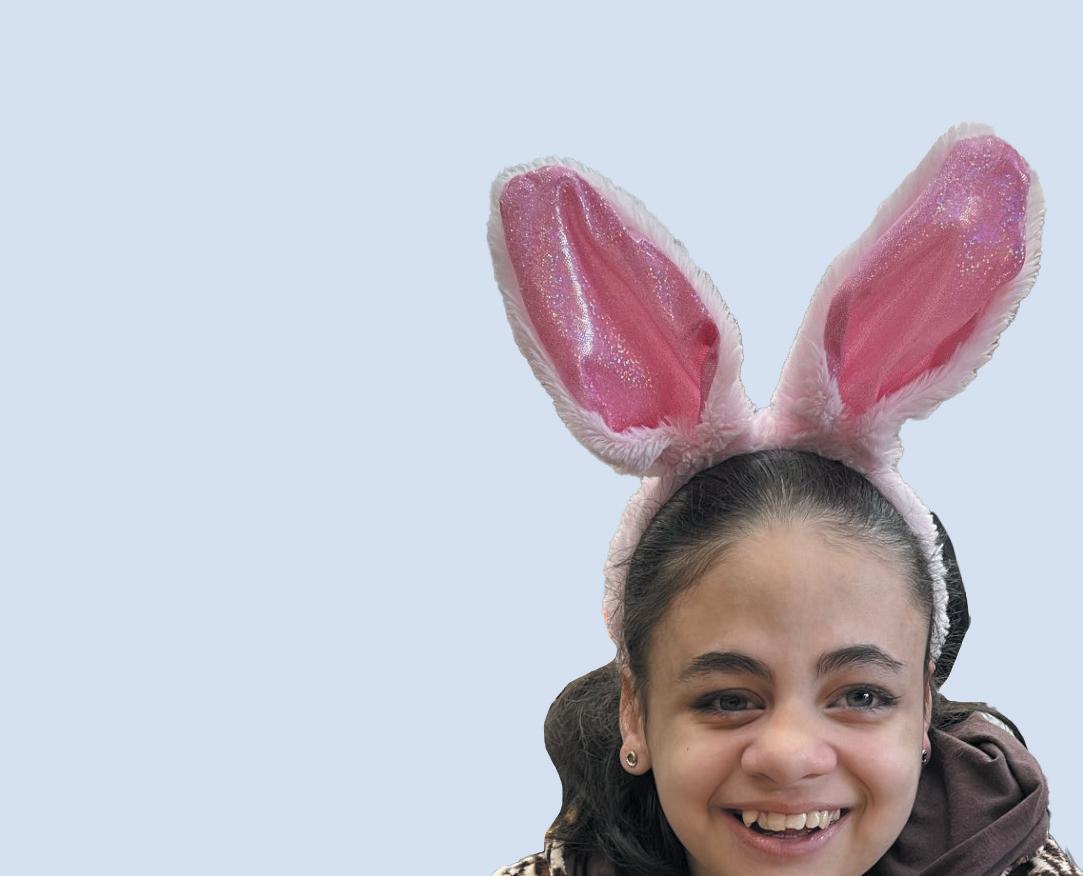





















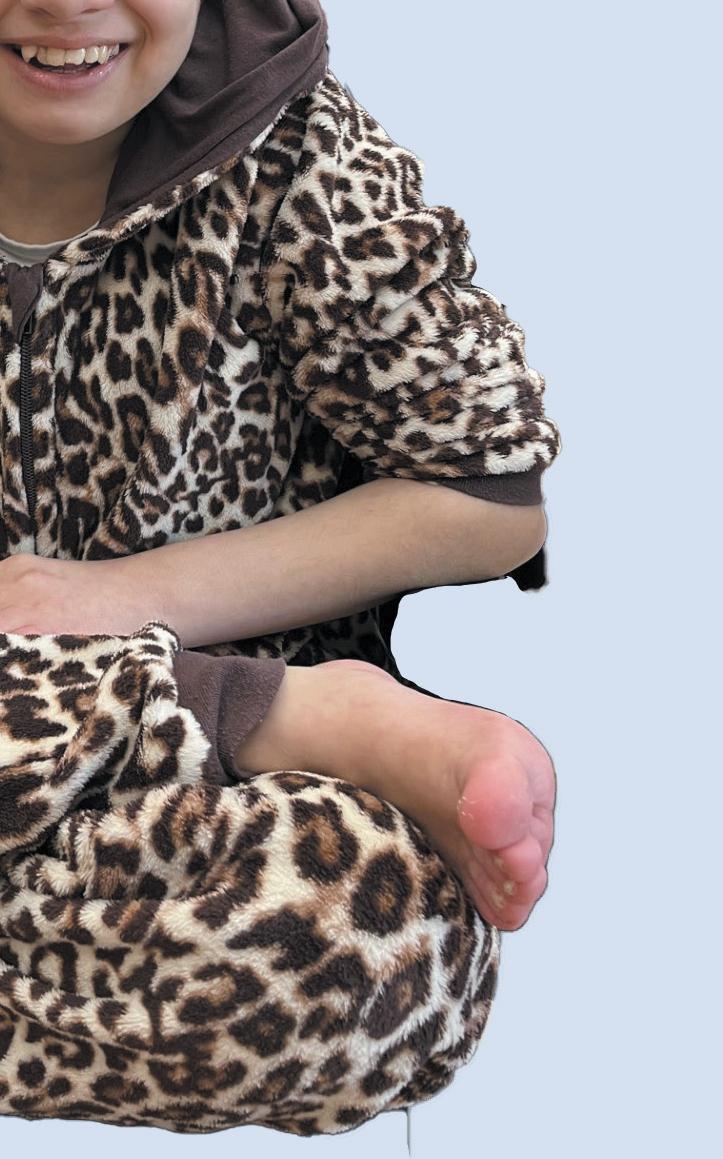







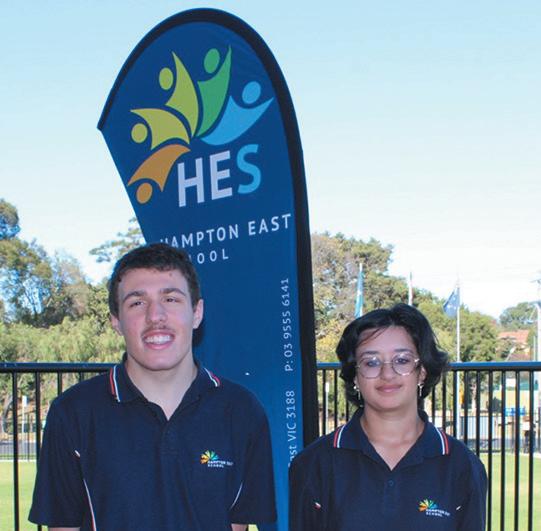
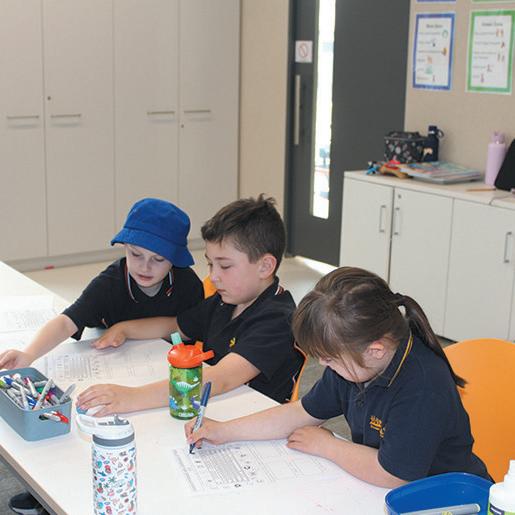


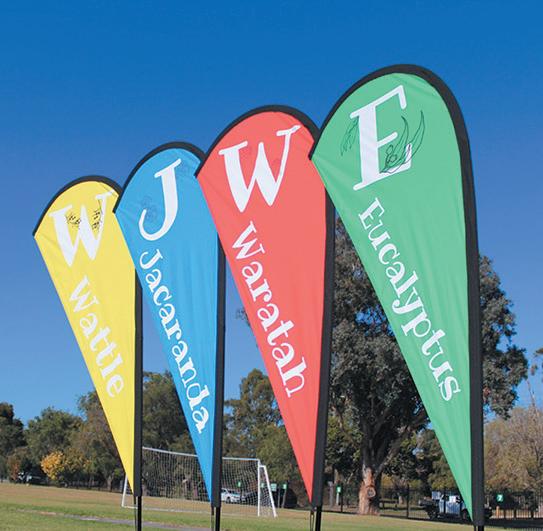
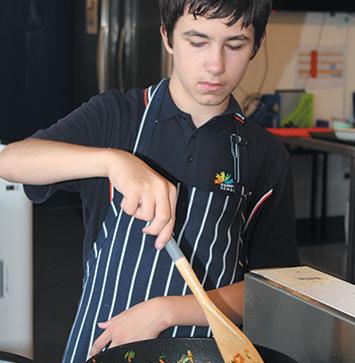
Hampton East School is a Prep-12 school for students with a mild to moderate Intellectual Disability in Hampton East, Victoria.
Hampton East School values a culture of “Excellence in Inclusive Education”, with high expectations for both staff and students.
We enable our students to succeed and thrive whilst focusing on a positive climate for learning. Our school encompasses a professional learning community within which collaboration and collective responsibility for improving student learning outcomes, whilst providing every student with the best possible post school options.
We provide a comprehensive curriculum program with a continued focus on Literacy and Numeracy. Students follow the Victorian Curriculum in Prep – Year 10, the Victorian Pathway Program (VPC) Foundation Curriculum in our Senior Years. Students in these Senior Years are also provided with the opportunity to participate in the Duke of Edinburgh program and the ASDAN Program that will address personal, social and employability skills. Our students participate in several specialist classes that include Physical Education, Swimming, Art, Digital and Food Technology.
The school continues to access the Careers and Pathway Programs. All students have Individual Learning Plans that will support them throughout their learning journey at Hampton East School.
To be eligible for enrolment, students must be funded under the Disability Inclusion model under the category of Intellectual Disability with an IQ between 50 and 70. Our enrolments are drawn from a range of local special and mainstream primary and secondary schools in the Bayside Network.
The school is committed to the Child Safe Standards and protecting the rights and safety of students.
Please visit our school website https://hamptoneastschool.vic.edu.au/ where you can access the most up to date information and links to our school policies, newsletters and key dates.
If you are interested in joining us in the development of our new school or finding out more about Hampton East School, please contact our administration team to discuss eligibility and organise a School Tour.
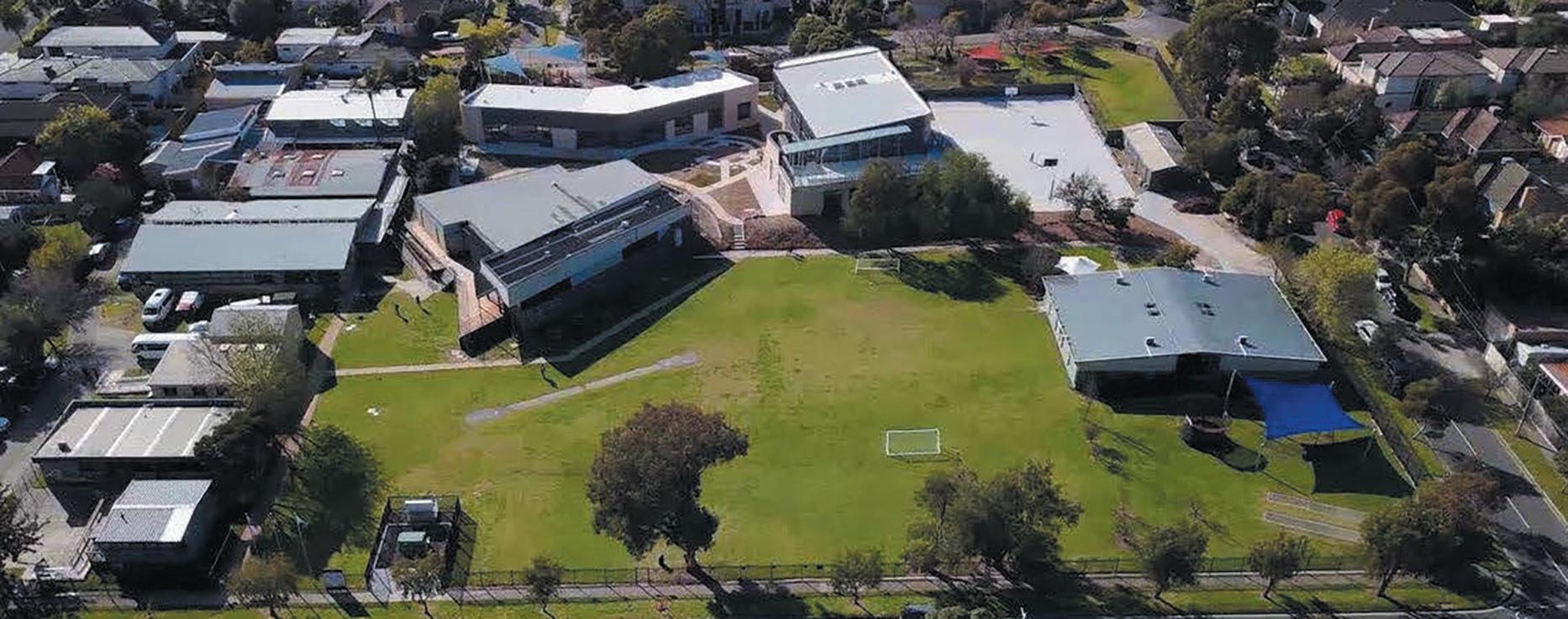
THE school population reflects and celebrates a rich cultural diversity of 15 nationalities and 31 language groups.
Our school vision and purpose is to create an inclusive and vibrant learning community where students are valued and the educational programs enable them to achieve their full potential. Our focus is on the development of literacy, numeracy, personal and social capabilities, and vocational skills to enable our students to lead successful lives.
The school has three campuses with 6 subschools that approximate the stages of learning.
Our Koroit Avenue and Narrun campuses provide an inclusive curriculum, aligned with the Victorian Curriculum F-10 and personalized educational programing for students between 5 and 16 years of age.
Our Tanderrum Way campus caters for our year 11 and 12 students undertaking the Victorian Pathways Certificate (VPC). VPC is offered to all year 10, 11 and 12 students and is structured to support students to complete their certificate over 3 years. Students also undertake structured workplace learning and participate in Industry Specific workshops, a range of Vocational Education & Training (VETiS) courses and School Based Apprenticeships (SBATS).
Specialist programs provided include Visual and Performing Arts, Health and PE, STEAM, Traffic Safety Education, Food Technology, and
Our focus is on the development of literacy, numeracy, personal and social capabilities, and vocational skills to enable our students to lead successful lives.
Sustainability studies. Enrichment programs include Community Connections, camps and excursions, swimming and outdoor education.
Our teachers, education support staff, therapists and wellbeing staff collaborate to provide quality learning and support programs. Our two therapy dogs also support student wellbeing.
Student achievement, engagement and wellbeing is promoted through School Wide Positive Behaviour Support, Respectful Relationships, and Trauma Informed programs and practices.
Extensive partnerships between the school, educational and vocational providers, community agencies and families enhance program provision, educational outcomes and post-school placements for our students.
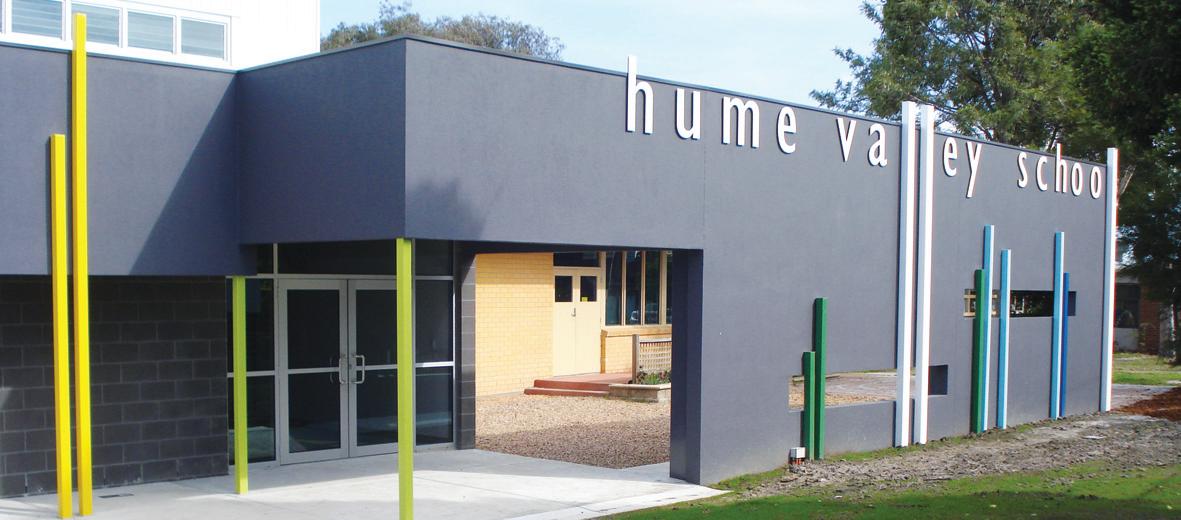







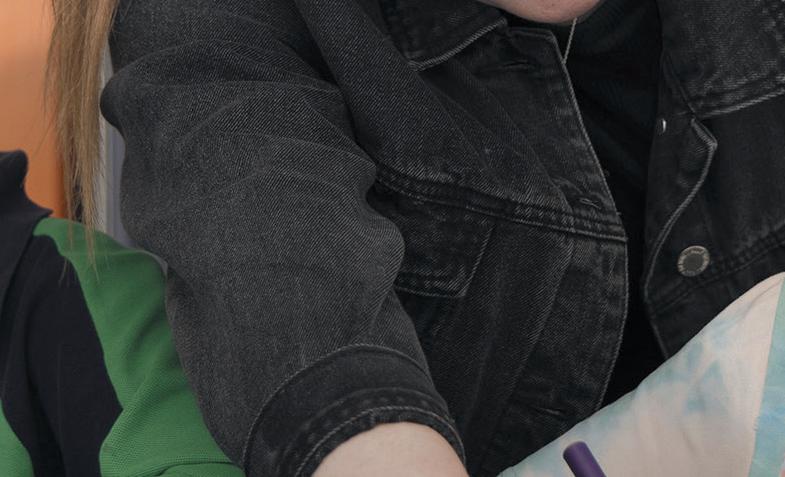


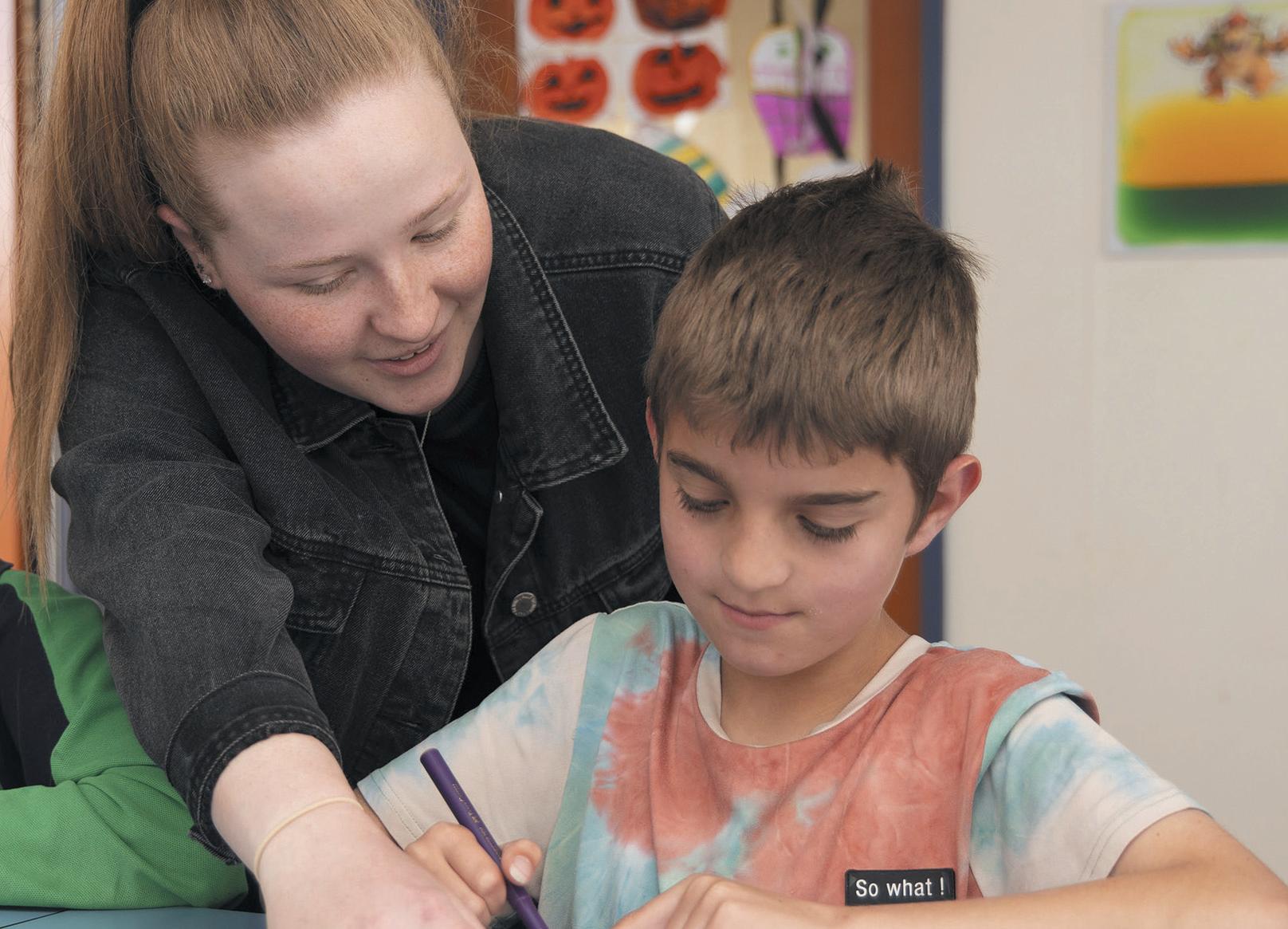

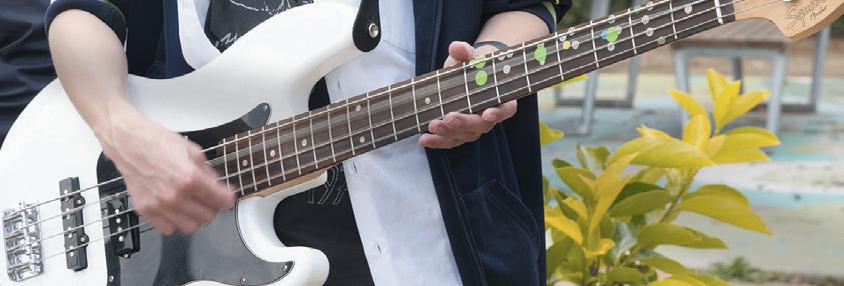
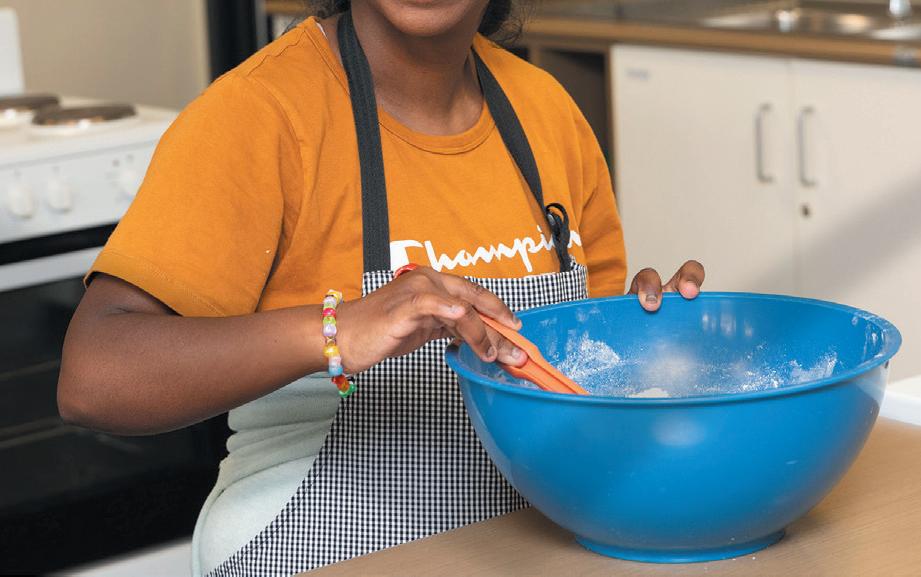


JACANA School for Autism (JSA) is a Victorian State Government specialist school that exclusively addresses the educational needs of students with autism. Being in operation since 2013, we focus on meeting the needs of students with autism in the North-Western Victoria region. JSA has a current enrollment of 228 Foundations-Year 12 students. The school is divided into 4 sub-schools with facilities that include secure and age appropriate playgrounds with walking and bike tracks, a gymnasium, purpose-built therapy rooms, specialist learning spaces, a library, kitchen and cafe spaces and student gardens.
School Values: Respect, Inclusion and Empathy.
JSA actively encourages a student-centered approach by building a positive relationship between students, parents/carers and staff. We all have the right to be treated fairly and courteously, even under difficult situations. This includes demonstrating empathy towards one another. Everyone should feel valued and be treated with respect and has a collective responsibility to build positive relationships and promote inlusion.
Learning: JSA embraces the School Wide Positive Behaviour Support philosophy and practices. Class groups generally comprise eight students of similar age. Classroom teams collaborate with our Therapy Team, Wellbeing Team, Learning Specialists and Sub-School Leaders to provide students with Individual Education Plans (IEPs). Our intent is to embed the knowledge and skills for students’ life-long learning, social development and active and informed citizenship.
JSA provides an inclusive curriculum that is meaningful for our students including:
■ Victorian Curriculum
■ Future Ready Program
■ Hands on Learning- Cafe and Build Programs
■ Senior Secondary Programs:
Victorian Pathways Certificate (VPC), Certificate of Individual Achievement, School
Based Apprenticeships and Traineeships (SBAT) and Vocational Education and Training delivered to school students (VDSS)
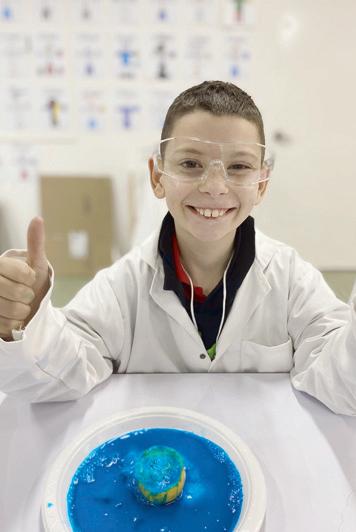

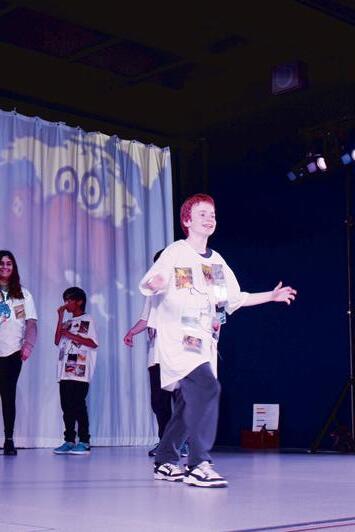
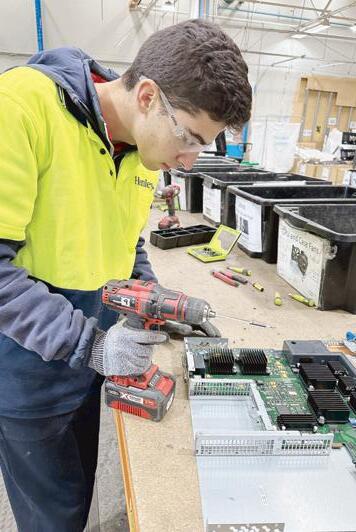
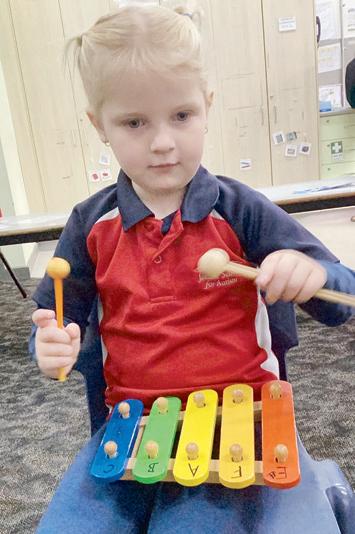

If you would like to organise a school tour, please call reception.
■ Tel: 03 9309 6258
■ Address: 19 – 39 Landy Road, Jacana VIC 3047
■ Email: jacana.school@education.vic.gov.au
■ Website: www.jacanaschoolforautism.vic. edu.au

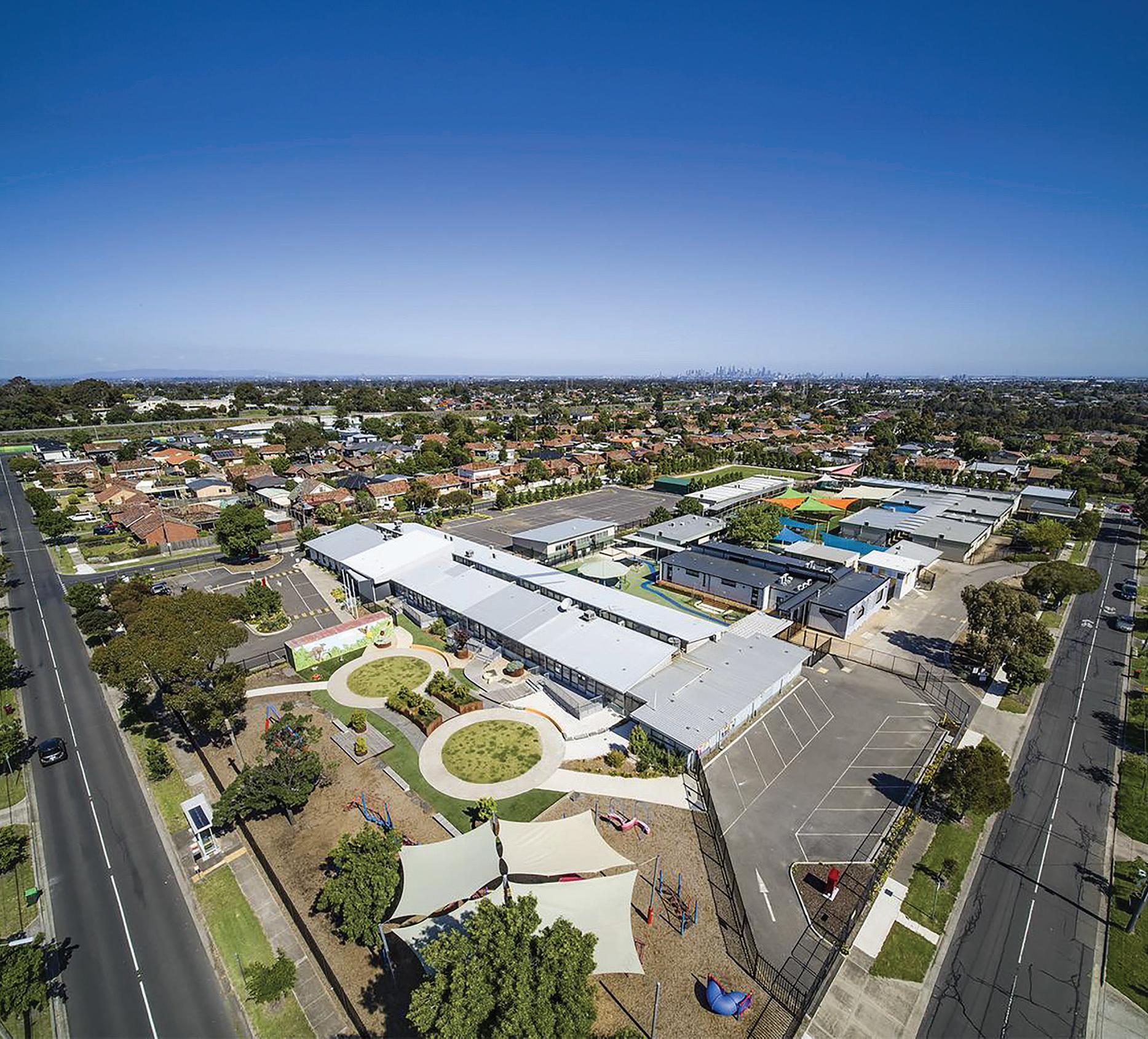

Jacana School for Autism strives to be a centre of excellence. Students are supported towards developing their personal and educational potential so as to be valued contributors to family and community life. High expectations and challenging learning tasks facilitated within an Autism aware environment, presents opportunities for our students to become confident and successful learners.
Our curriculum is developed within The Victorian Curriculum F-10 framework, which incorporates the Framework for Improving Student Outcomes.
Respect | Inclusion | Empathy
19–39 Landy Road Jacana VIC. 3047
Phone: 9309 6258 Fax: 9309 6426
Jacana.school@education.vic.gov.au http://www.jacanaschoolforautism.vic.edu.au/

At Kamaruka, we specialize in empowering neurodivergent male students/learners in years 2 to 10, including those diagnosed with Attention Deficit Hyperactivity Disorder (ADHD) and Autism Spectrum Disorder (ASD). We understand that navigating the mainstream education system can be challenging for these unique individuals, which is why our tailored program is designed to provide the support and understanding they need to thrive.

• Respect for self
• Responsibility
• Respect for others Promoting and developing:

Kamaruka provides:
• Adaptive programs informed by the Australian Curriculum
• Positive experiences
• Multimodal approach to support academic, social, emotional and behavioural learning
• Clear expectations and firm boundaries to ensure every student feels safe, accepted and valued
• An environment that restores self-esteem and opens up pathways to a rewarding future.
Teachers work with families and external professional to:
• Increase on-task behaviour
• Reduce anxiety and aggression
• Improve overall wellbeing

Kamaruka provides:
• Access to School Counsellors
• Twice weekly Social and Emotional Aspects of Learning (SEAL) lessons
• Cognitive-behavioural approach (helps students to navigate societal expectations while developing their unique strengths and abilities)
• Programs that nurture the development of self-image in every student

Exercise plays a leading role in regulating the attention system and balance brain chemicals (dopamine/norepinephrine) in ADHD (neurodivergent) learners. Research in neuroscience informs a robust and varied physical education program at Kamaruka, which includes:
• Martial Arts
• Physical education activities such as Minor Games
• Swimming program (Primary)
• Fun Fitness Friday program
• Opportunities by external providers such as Kelly Sports, Paddle Victoria and Volleyball Victoria

• Engaged students
• Improve self-regulation skills
• Future educational pathway support/ guidance
• Positive educational experiences for students and their families
At Kamaruka, we work together to help and support your child to thrive in an environment tailored to their unique needs and strengths.
Please contact the school to arrange for a tour
Contact: 9826 0330 info@kamaruka.vic.edu.au
Address: 38-40 River Street South Yarra Vic 3141 Website: www.kamaruka.vic.edu.au

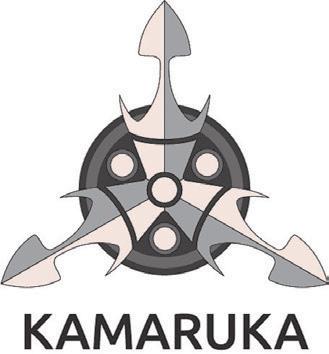

• Kamaruka is an independent school for boys from Years 2 to Year 10.


• Kamaruka caters for neurodivergent boys, such as those diagnosed with Attention Deficit Hyperactivity Disorder (ADHD) and Autism Spectrum Disorder (ASD) usually with an IQ of 75+
• Kamaruka offers small classes, specialised programs, positive experiences and a sense of belonging.
• Kamaruka strives to address the social/emotional difficulties, as well as the academic and behavioural challenges of the students enrolled.
Please contact the school to arrange for a tour.
Please contact the school to arrange for a tour.
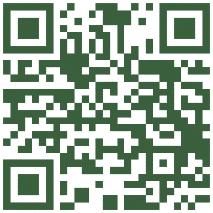
SPORT plays a pivotal role in society, providing physical, mental, and social benefits to individuals. For people with disabilities, sport can be especially transformative, offering opportunities for empowerment, social inclusion, and improved quality of life. The intersection of disability and sport highlights the importance of accessibility, adaptability, and support in fostering an inclusive sporting environment.
The Benefits of Sport for People with Disabilities
Physical Health
Engagement in sports and physical activities offers significant health benefits for people with disabilities. Regular exercise improves cardiovascular health, enhances muscular strength, and boosts overall physical fitness. It can also help manage weight, improve coordination and balance, and reduce the risk of secondary health conditions such as obesity, hypertension, and diabetes. For individuals with physical disabilities, adaptive sports provide tailored opportunities to engage in exercise, ensuring they can enjoy these health benefits safely and effectively.
Mental Health and Well-being
Sports participation is linked to improved mental health outcomes. For people with disabilities, it can alleviate symptoms of depression and anxiety, enhance mood, and reduce stress. The sense of achievement from participating in sports can boost self-esteem and confidence. Additionally, the structured nature of sports can provide a sense of routine and purpose, which is particularly beneficial for individuals with cognitive or intellectual disabilities.
Sports offer a platform for social interaction and community engagement, fostering a sense of belonging and inclusion. For people with disabilities, participating in sports can help break down social barriers and challenge stereotypes. It provides opportunities to form friendships, develop social skills, and engage with the community. Inclusive sports programs and events promote diversity and acceptance, encouraging a more inclusive society.
Adaptive sports are modified to meet the needs of individuals with disabilities. These adaptations ensure that people with varying physical,
By fostering inclusive sports environments, society can ensure that individuals with disabilities have equal opportunities to participate, compete, and thrive in the world of sports.
sensory, or intellectual abilities can participate in sports. Key aspects of adaptive sports include:
Adaptive sports often require specialised equipment to accommodate different abilities. Examples include wheelchair basketball, where athletes use sport-specific wheelchairs, or blind soccer, where players use an audible ball. Technological advancements have led to the development of sophisticated prosthetics, adapted bikes, and other equipment that enhance participation.
Rules in adaptive sports are modified to ensure fair and competitive play. For instance, in Goalball, a sport designed for visually impaired athletes, all players wear blindfolds to ensure equality. In sitting volleyball, the net is lower, and players must keep part of their torso in contact with the floor. These rule adjustments make sports accessible while maintaining their competitive nature.
Numerous organisations and programs promote adaptive sports, offering training, resources, and events for athletes with disabilities. Organisations like the International Paralympic Committee (IPC) and Special Olympics provide platforms for elite competition and grassroots participation. Local clubs and community programs also play a vital role in providing accessible sports opportunities.
The Paralympic Movement is a key driver of awareness and participation in sports for people with disabilities. The Paralympic Games, held parallel to the Olympic Games, showcase the highest level of athletic achievement among athletes with disabilities. The Games inspire millions and highlight the capabilities and determination of these athletes. They also drive global conversations on disability, inclusion, and accessibility, encouraging countries to invest in sports programs and infrastructure for people with disabilities.
Despite the progress, several challenges and barriers persist in promoting sports for people with disabilities:
Many sports facilities and programs are not fully accessible, limiting opportunities for participation. This includes physical barriers, such as lack of ramps or adapted equipment, and programmatic barriers, such as insufficient training for coaches on inclusive practices.
Adaptive sports programs often require additional funding for specialised equipment and training. Securing financial resources can be challenging, particularly in regions with limited economic development. Sponsorship and public funding are crucial for sustaining these programs.
Social attitudes and misconceptions about disability can hinder participation. There is a need for greater awareness and education to challenge stereotypes and promote the benefits of sports for people with disabilities. Advocacy and representation in media can play a significant role in changing perceptions.
Coaches and sports professionals may lack the necessary training to work with athletes with disabilities. Providing education and resources on adaptive techniques and inclusive practices is essential for creating supportive and effective sports environments.
Disability and sport intersect to create powerful opportunities for empowerment, inclusion, and health. Adaptive sports provide tailored opportunities for people with disabilities to engage in physical activity, enhancing their physical and mental well-being. The Paralympic Movement and other inclusive sports initiatives play a critical role in promoting these opportunities on a global scale. However, ongoing efforts are needed to address challenges related to accessibility, funding, awareness, and training. By fostering inclusive sports environments, society can ensure that individuals with disabilities have equal opportunities to participate, compete, and thrive in the world of sports.
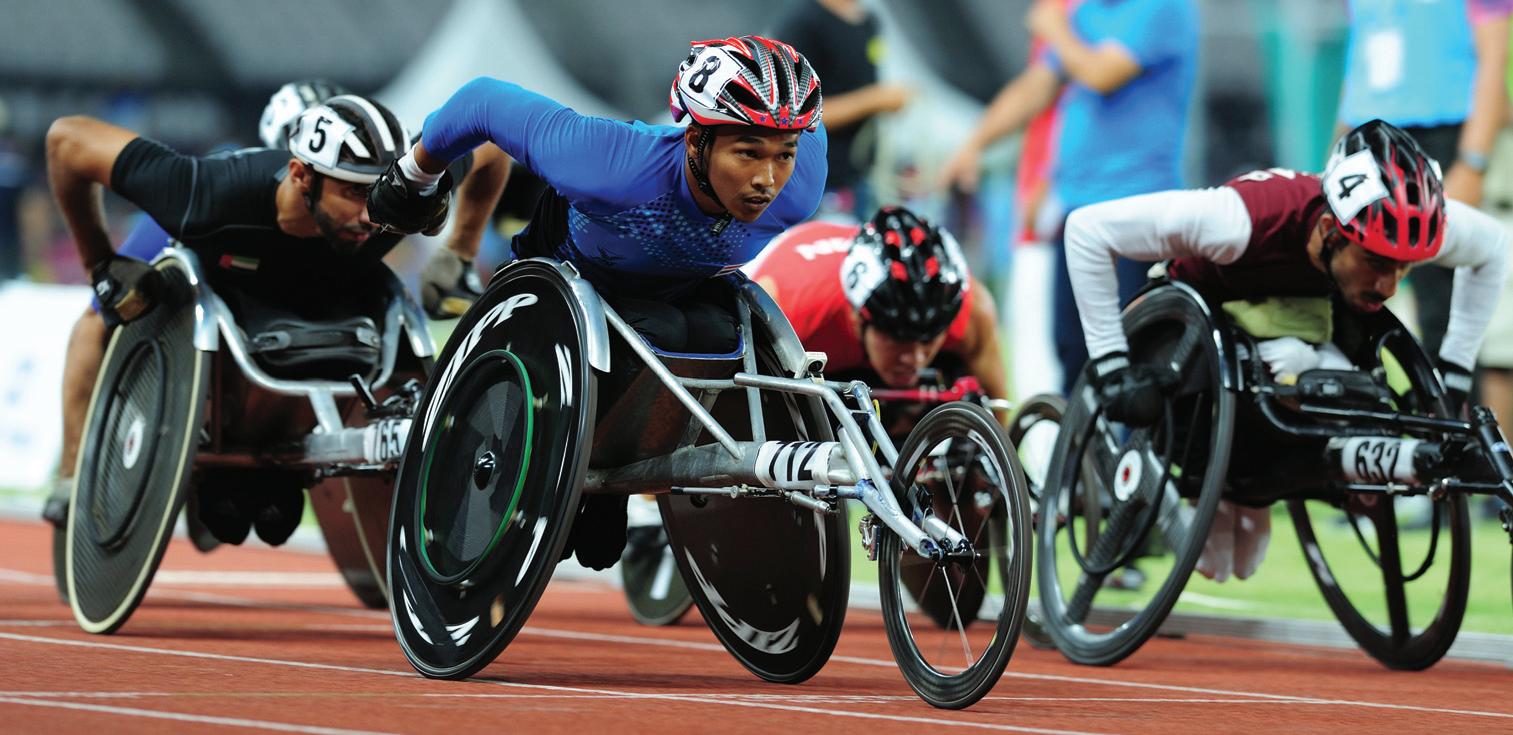

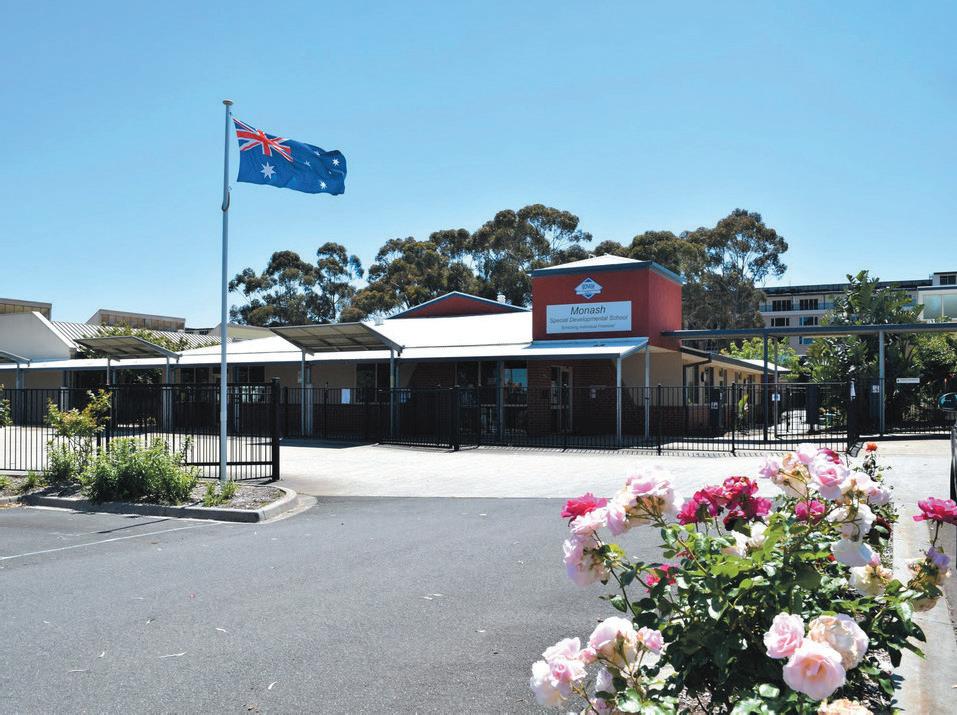
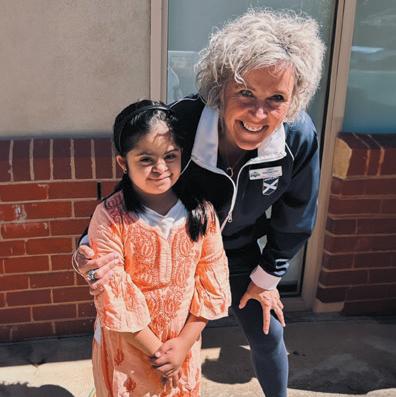
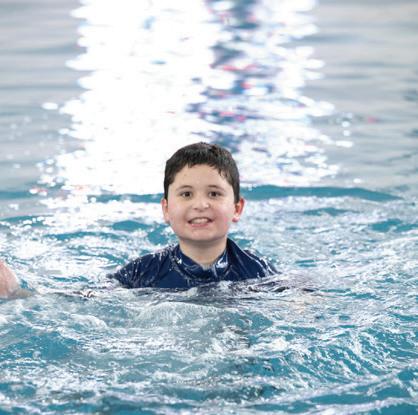

A rich curriculum supplemented by art education, music education, physical education and a swimming program.
Evidence based intervention programs including Structured Teaching, ABA and School Wide Positive Behaviour Support.
Small group classes with specialised teachers and experienced teacher assistants.
Programs implemented with the support and advice of consultant allied health professionals
Individualised behaviour support and intervention.
Monash Special Developmental School strives to be a centre of excellence. We provide exemplary individualised programs to students with a diagnosed intellectual disability and/or multiple disabilities including Autism Spectrum Disorder for students aged 2.8 to 18 years old.
Monash SDS is a leader and innovator in educational services for students with intellectual disabilities and/or multiple disabilities including ASD. As a school we have grown and evolved to meet the everchanging needs and challenges of our students. Experienced special education teachers deliver high quality programs to promote learning and development in the key areas of communication, social skills, personal independence and academic instruction. We work with each family to identify the needs of each child and integrate these goals into individually tailored learning programs that are linked to the Victorian Curriculum.
Three sub schools cater for the unique needs of our students at the different stages of schooling and development. The Early Education Program is a centre-based program that specialises in child development for children aged 2.8 to 5 years who have been diagnosed with a severe delay or disability (including social, behavioural or developmental delays). Our programs are based on science and provide a comprehensive approach for preschool children and their families, incorporating naturalistic, structured and behavioural intervention strategies to promote engagement and learning.
Primary School offers an inclusive, collaborative and nurturing learning environment in which every child can be themselves. Our vision is to develop and foster the potential and uniqueness of each child. We do this by embracing each child’s differences and empowering our students through educational innovation. Small class sizes allow teachers to provide a personalised learning program to each child drawing on the internationally recognised, STAR (Applied Behaviour Analysis) Program, Structured Teaching Framework (TEACCH® Program) and School Wide-Positive Behaviour Support.
The Secondary section at Monash Special Developmental School focuses on preparing students for life after school by building their independence and practical skills through the LINKS program. This evidence-based approach helps students develop autonomy across school, work, and community settings. Students have the opportunity to participate in work experience, community work, or school-based jobs, giving them real-world exposure and valuable vocational skills. These experiences are designed to equip students with the
As a School Wide Positive Behaviour Support (SWPBS) gold accredited school, we work students reducing behaviours of concern and increasing independence. We work closely with families to ensure a consistent approach across school and home.
NARANGA School caters for students with a mild intellectual disability aged 5 to 18. We provide an engaging and comprehensive curriculum that ensures students will achieve personal success in a structured, safe and supportive learning environment. Programs are innovative and accommodate the individual learning styles of each students. Goals are designed to be challenging whilst developing the skills required for becoming an independent and productive member of the community. Classroom teaching is grounded in explicit instruction and other high-impact teaching strategies.
Naranga has a focus on positive attitude and behaviour, with School-Wide Positive Behaviour Support and Restorative Practices implemented across the school. A unique feature of Naranga is our house system which is closely linked to our SWPBS culture. Students participate in a range of special events in their cross-school mixed age houses which are named after our four values- Safe, Respectful, Responsible, and Learner. Naranga offers opportunities for practical learning through a wide variety of hands-on learning activities. Students also have opportunities to participate in a range of structured activities during recess and lunch breaks to support social development. Interventions for students are carefully
designed by a multidisciplinary team which includes therapists.
Our curriculum is based on the Victorian Curriculum learning areas and capabilities with an additional focus on developing independent life skills. Additional learning programs include Respectful Relationships, Bike Education, Home Economics, Sustainability, Horticulture, Independent Travel, Outdoor Education, Photography, Hands on Projects and Digital Technology. Students are engaged in daily physical activity, building on their weekly Physical Education class. There is a strong emphasis on Performing Arts with students involved in music, dance and drama culminating in an annual concert and awards night.
The Junior School educates students from age 5 to 12, and the Senior School is for students 13 and over. In their final two years of school, students undertake the Victorian Pathways Certificate (VPC) or the ASDAN learning program. There is a strong focus on learning for life, with careers planning and work experience opportunities available. All students graduating from Naranga are supported and guided when transitioning to post-school pathways.





















NORTHERN School for Autism is a Victorian State Government specialist school that exclusively addresses the educational needs of students with autism. Across the two campuses of NSA a dedicated team of 300 staff members provide autism specific educational programs, for 530 students from 5 to 18 years of age.
The Reservoir Campus provides state of the art facilities for the Early and Middle Years’ students, while the Later Years’ students attend the refurbished Lalor Campus, located close to transport, community services and shopping precincts. This campus has received investments from the Department of Education for new buildings, facilities and resources ready for 2025. Stage 1 of the new building project has now been completed, delivering modern learning spaces and resources. In 2015 the school opened a satellite program at Norris Bank Primary School.
The Northern School for Autism implements a teaching approach that builds on individual student’s strengths and skills. The educational programs accommodate the particular impairments associated with autism. Teaching and learning programs centre upon developing students’ interpersonal/personal skills, communication skills and executive functioning. Emphasis is placed on promoting social skills, assisting students develop their imagination and play skills, as well as
Northern School for Autism implements a teaching approach that builds on individual student’s strengths and skills. The educational programs accommodate the particular impairments associated with autism.
supporting students learn to manage and selfregulate their emotions and behaviour. Programs are designed to accommodate individual student’s needs and interests. Classroom teams are supported by occupational therapists and speech pathologists. Utilising proven teaching practice, an individual learning plan is developed for each child in consultation between parents and staff.
We pride ourselves on being a centre of excellence in the provision of programs for students with autism. I hope you enjoy learning all about our wonderful school.
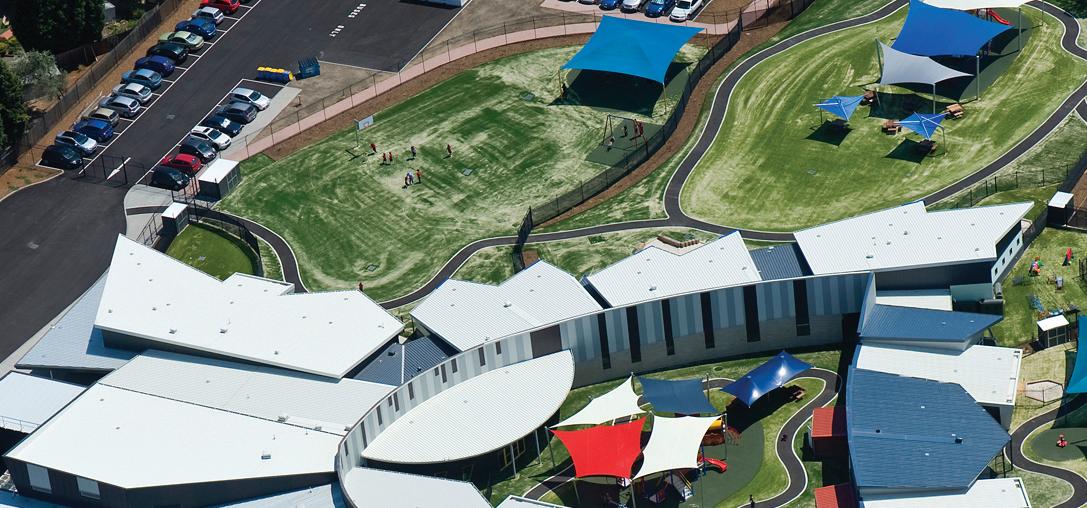
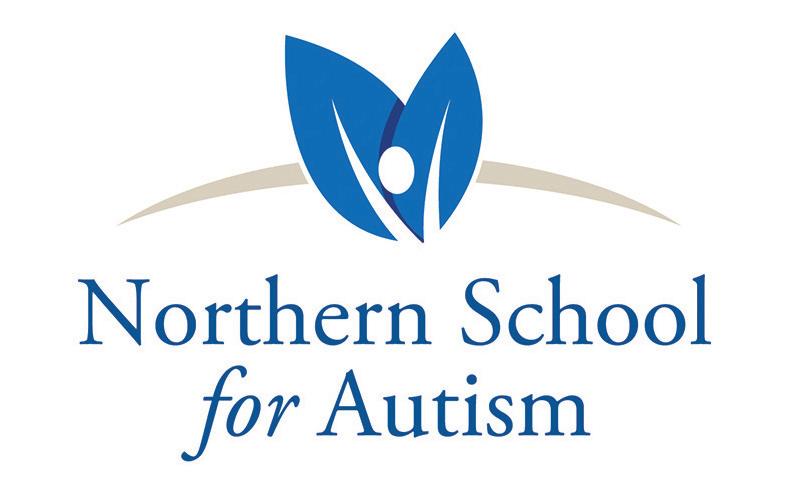
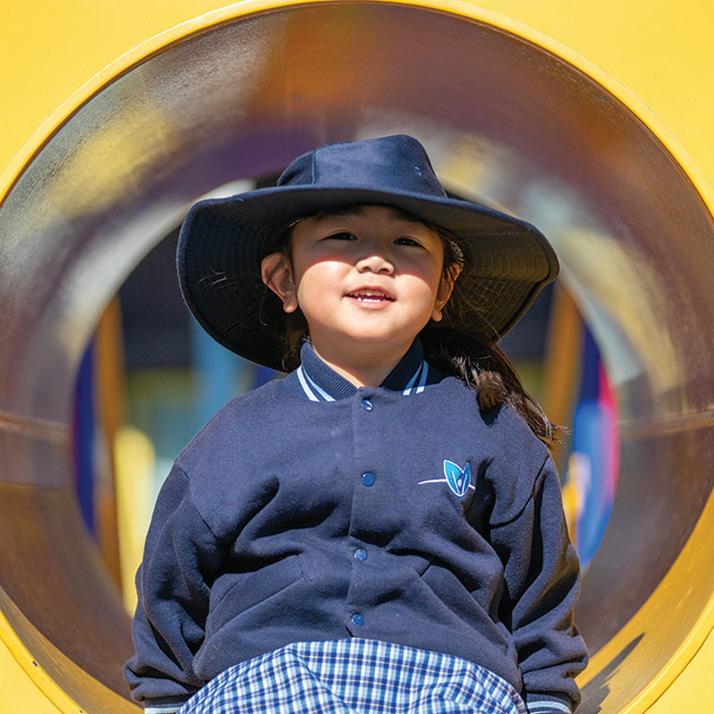
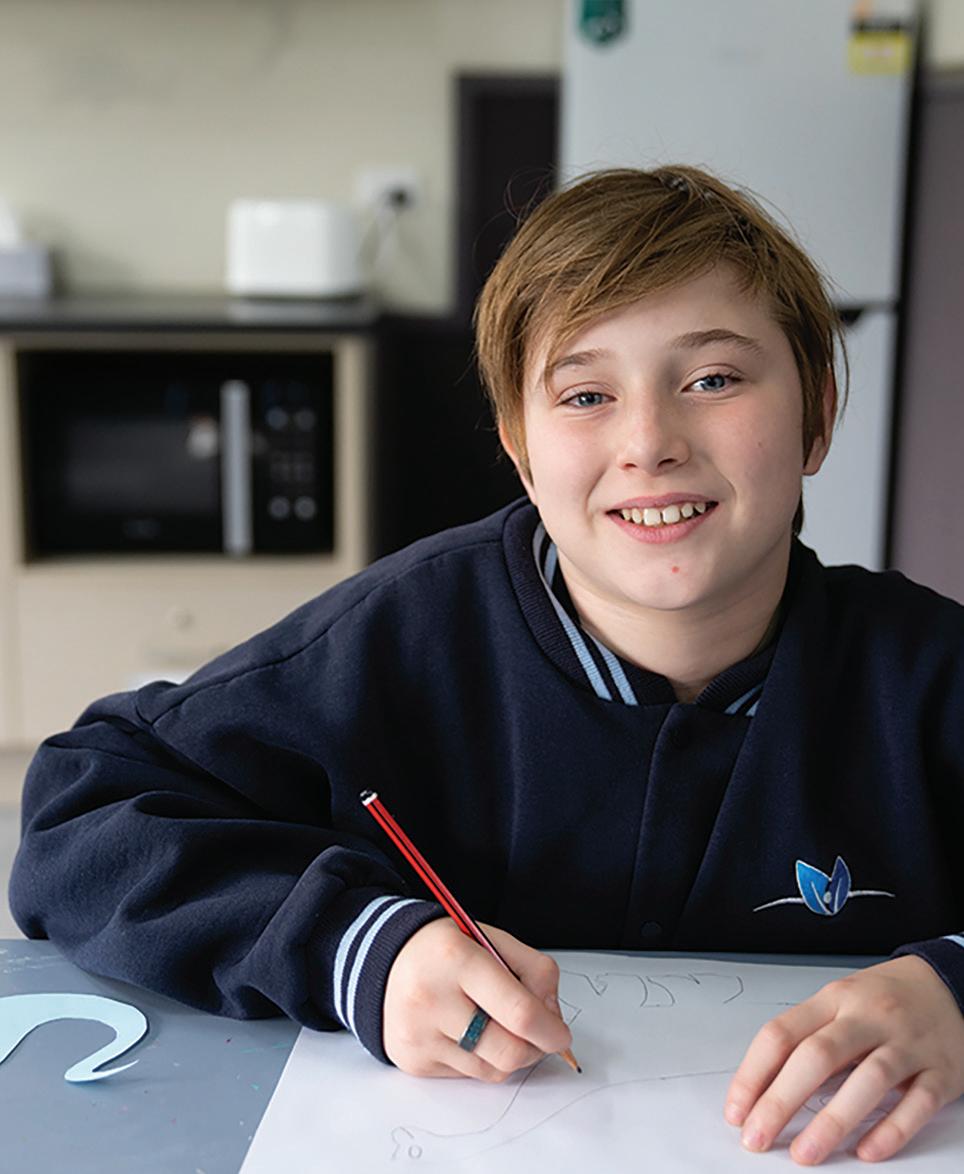


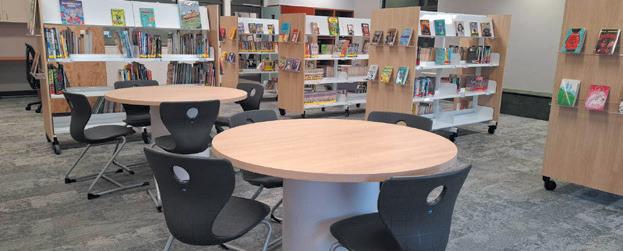
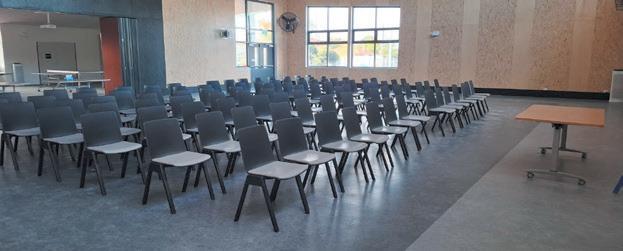


With Knowledge, We Grow With We Grow and dynamic centre of learning for providing high quality programming including: with a global developmental delay
Support framework
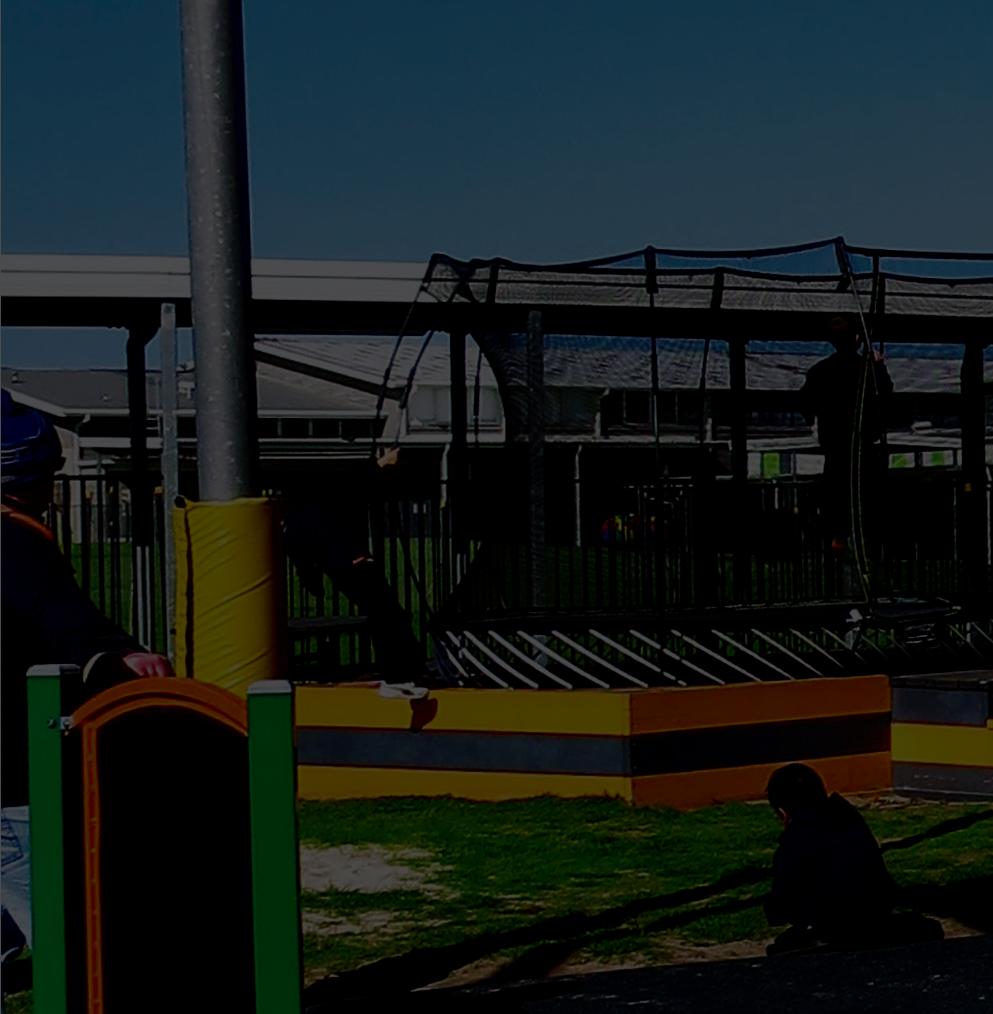


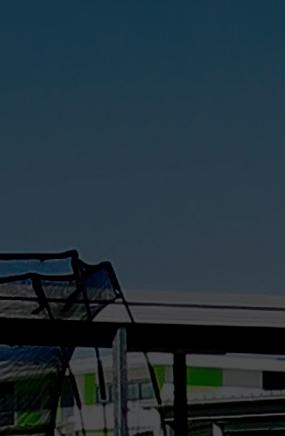


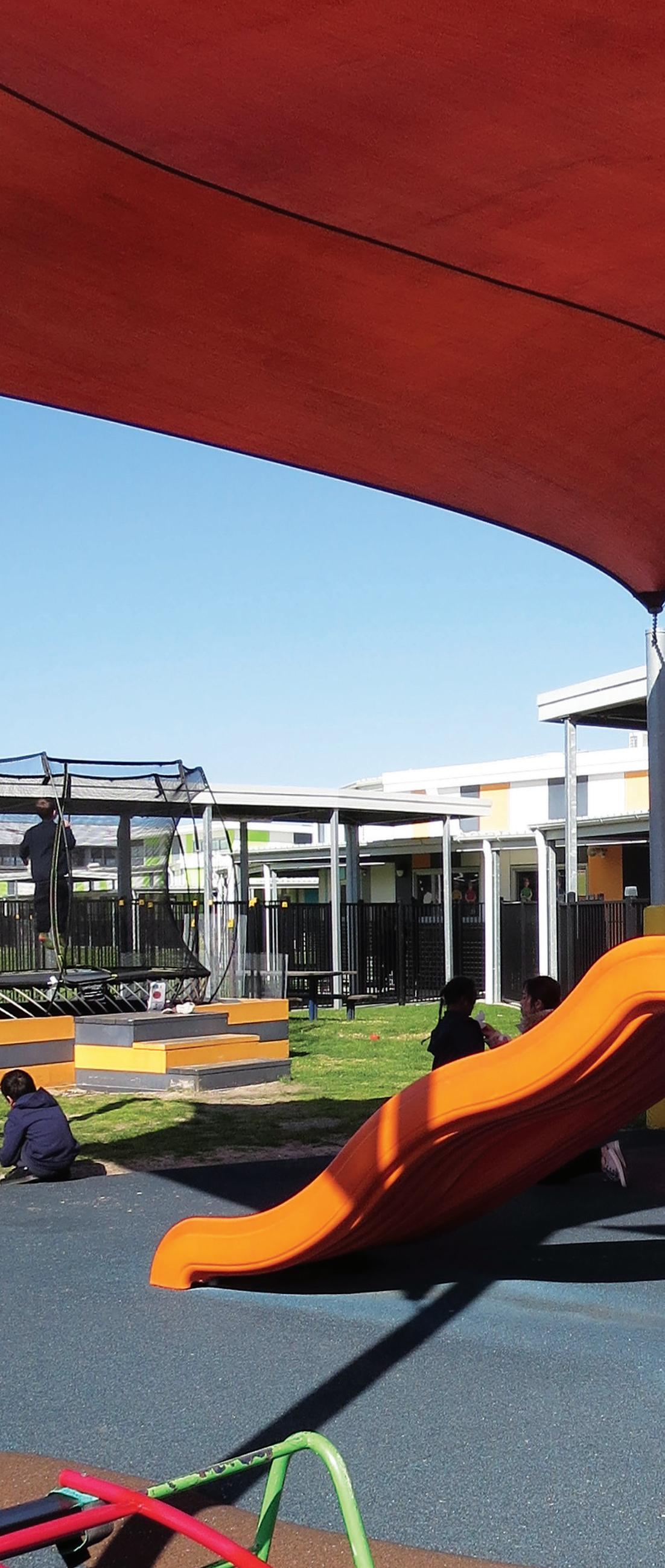
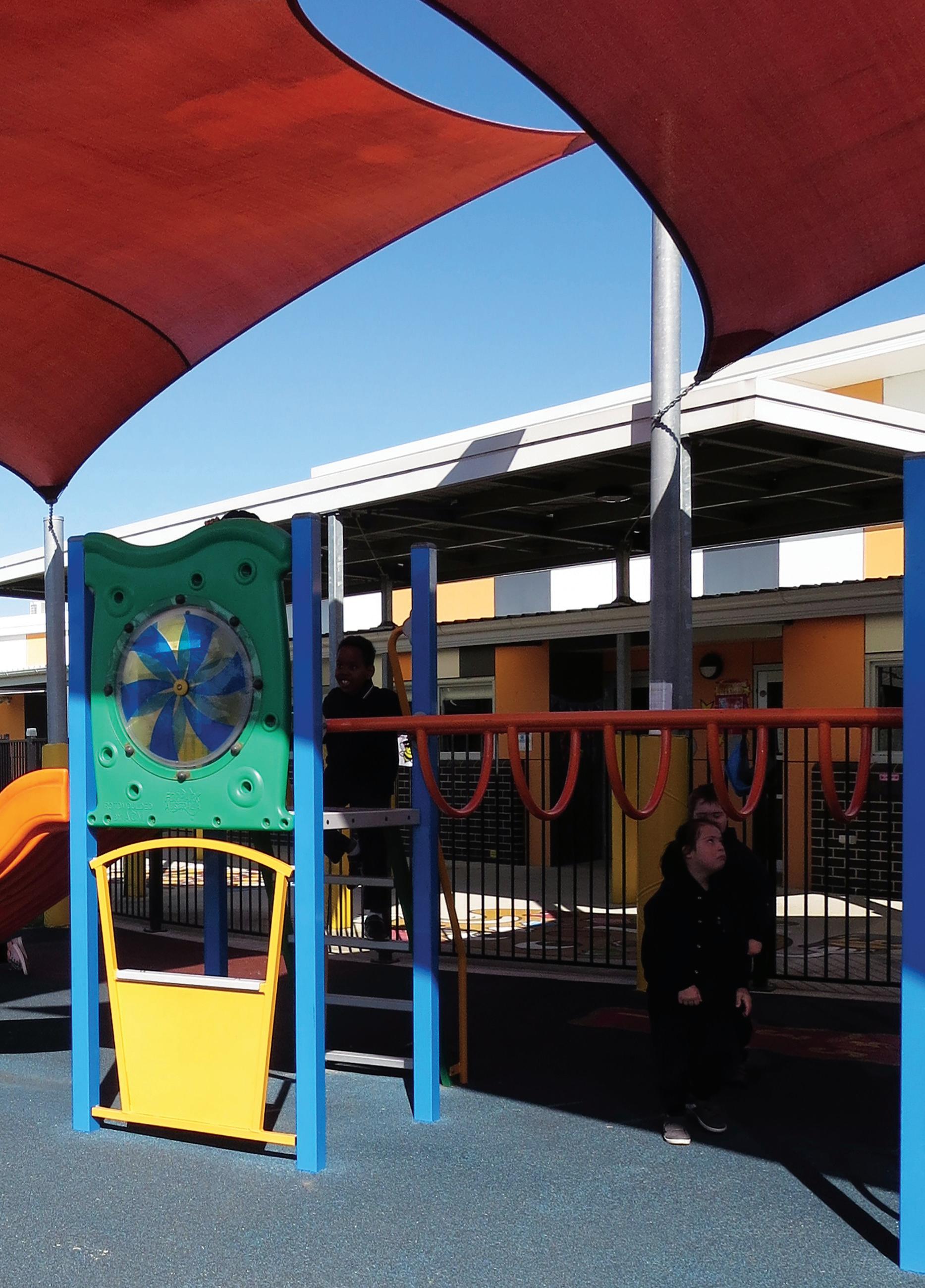

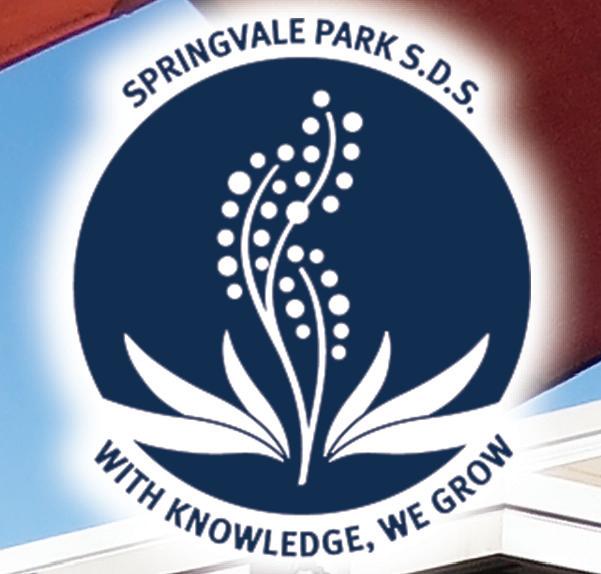

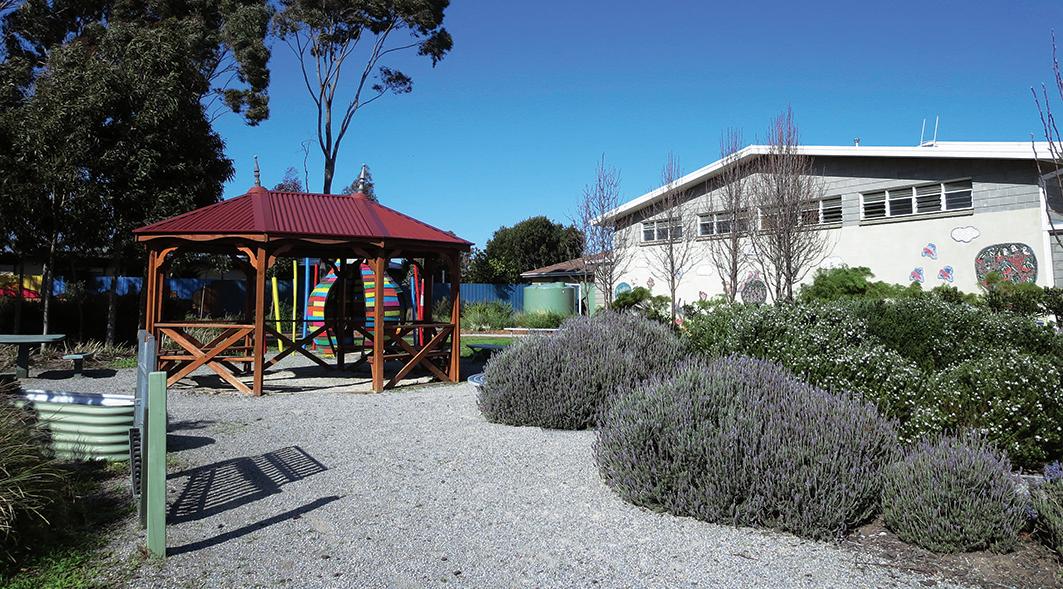
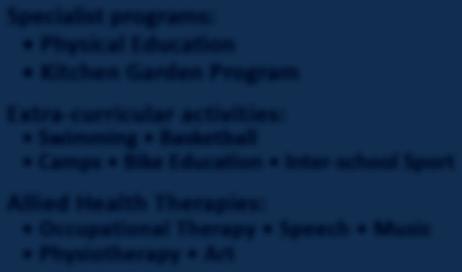
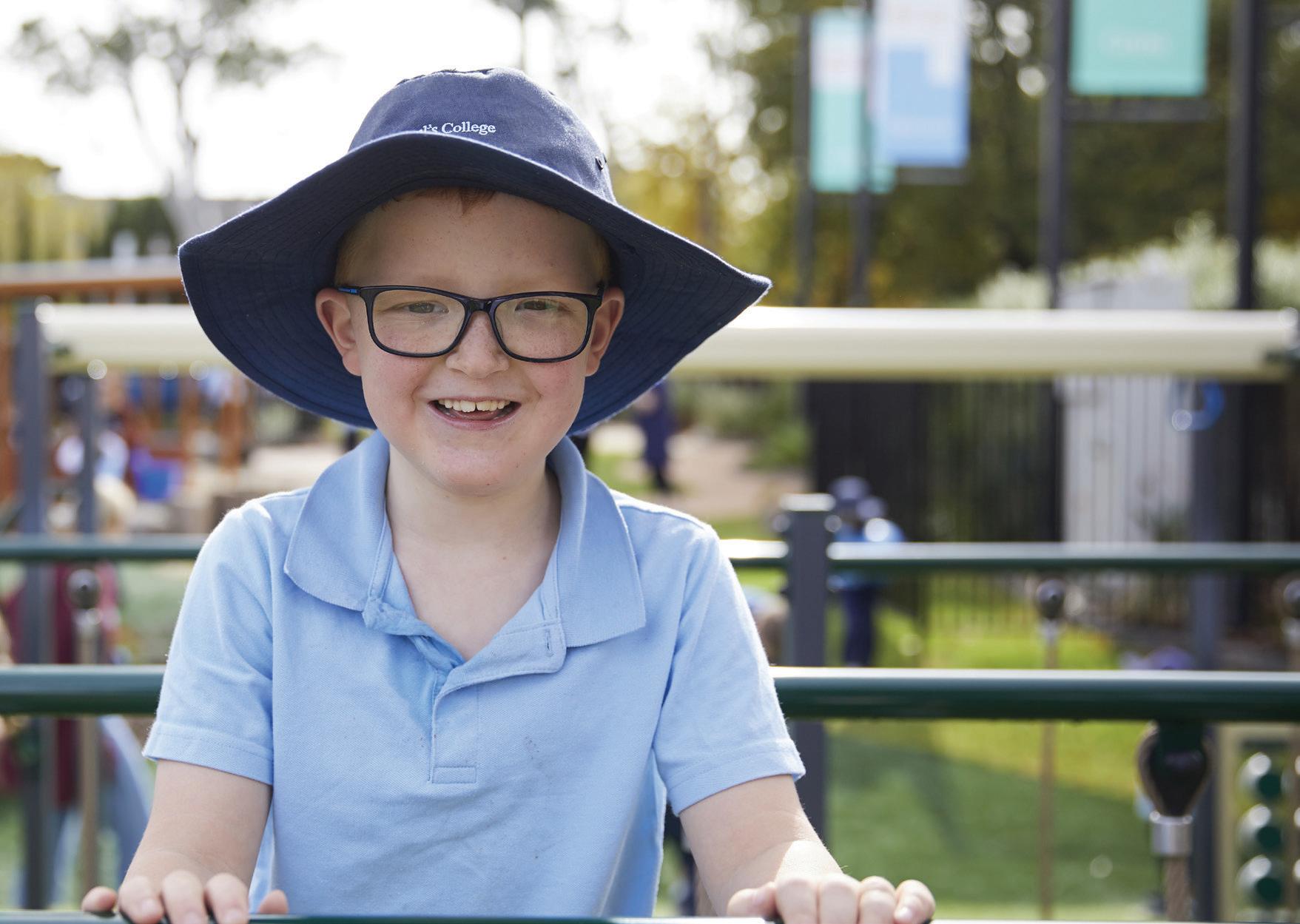



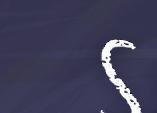




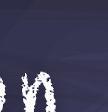




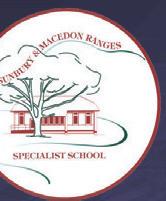
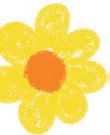
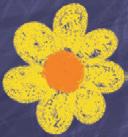




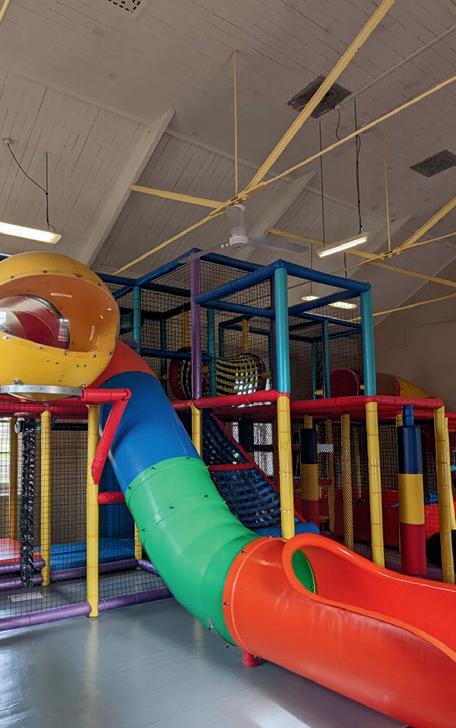






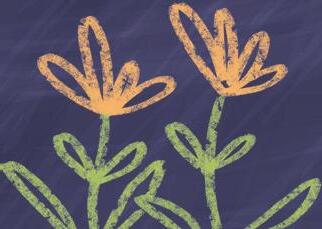

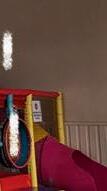



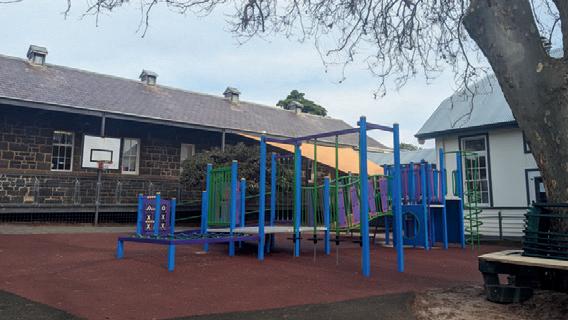





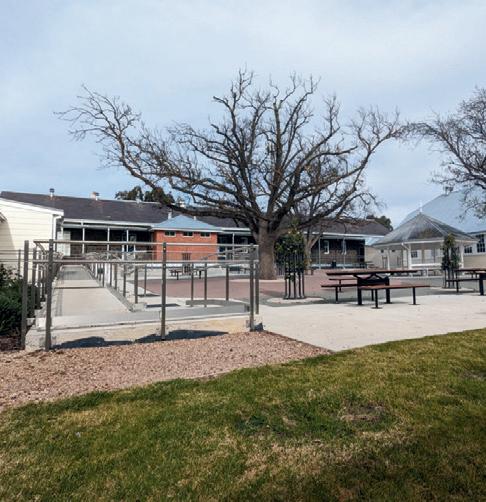



Our vision is to empower students to reach their personal best.
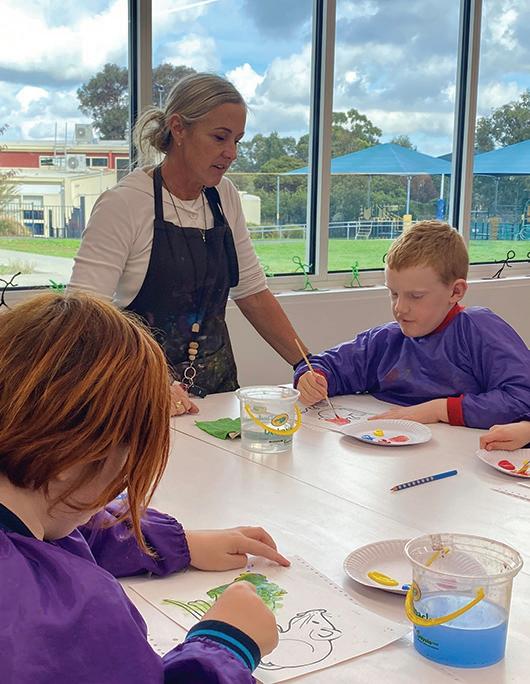



Vermont South Special School is a centre of excellence located in the eastern suburbs of Melbourne. We are a school that caters to primary aged children with an intellectual disability (Full Scale IQ between 50 - 70). We liaise closely with Heatherwood School where many of our students transition for their secondary education.
Our Mission
It is our mission to provide students with the best possible foundation in life through a well-rounded education. Our values are learning, respect, responsibility, and resilience. Our studentcentred approach aims to maximise learning and wellbeing for all.
• Small class sizes to ensure adequate support for all students.
• Highly skilled teachers with special education qualifications.
• Dedicated teacher assistants in every classroom.
• Speech Therapy, Occupational Therapy and Physiotherapy, further support student learning.
• 1:1 Technology Program
• Kitchen Garden Program



At Vermont South Special School, students learn in a calm, supportive and inclusive environment. We follow the Victorian Curriculum and use an evidence-based teaching model, where students are guided through the learning process. Students are provided with explicit instruction and opportunities to work both collaboratively and independently.
Our students learn best through visuals, hands-on materials and specific feedback. Students’ interests are incorporated in their learning and they are encouraged to reflect on and articulate their thinking. Interactive goals enable students to track their progress and feel a sense of empowerment and achievement.
Literacy and numeracy skills are a priority and are developed through targeted small group teaching at each student’s point of need. Students also enjoy a range of specialist subjects; Science, Library, Performing Arts, Visual Arts, Physical Education and the Kitchen Garden Program.
At VSSS we take every opportunity to celebrate and foster a love of learning.



Student wellbeing is a priority alongside learning at Vermont South Special School. As a School Wide Positive Behaviour Support (SWPBS) gold accredited school we provide a consistent, positive, equitable and safe learning environment where everyone thrives. The Personal and Social Capabilities curriculum is explicitly taught with sequenced lessons focusing on following our school expectations and routines, as well as developing self-awareness and regulation skills.
Harriet our therapy dog supports students to enhance their social and emotional development by teaching companionship, empathy and trust.
At VSSS we have an excursions and camps program that allows students to build on their confidence and resilience, whilst providing opportunities to practise learned personal skills in the broader community.



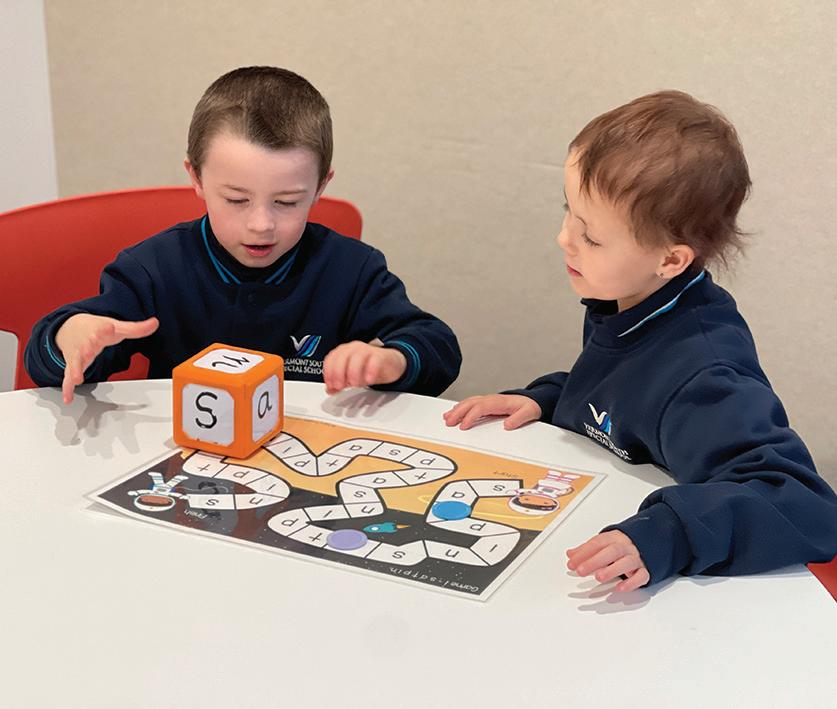


www.vermont-south-ss.vic.edu.au vermont.south.ss@education.vic.gov.au
THERE is little research on maths education for learners with intellectual disabilities that offers opportunities to engage in challenging content and mathematical thinking. New research shows ways to change this.
For the duration of a school year, researchers Dr Rhonda Faragher of the University of Queensland and Dr Barbara Clarke of Monash University worked with 15 teaching teams to study innovative approaches to maths education for learners with Down syndrome. The learning teams comprised 16 teachers, 19 learning support assistants, and 3 specialist teacher from 12 schools across the ACT and Victoria. This was the first time the teachers had taught a student with Down syndrome.
“Too often in the classroom we provide only those experiences that we believe children are ready for and this is an argument that often limits the mathematics to which children with learning disabilities are exposed,” said Dr Faragher.
The study identified four key themes that the teachers needed to consider.
The first was when to hold back from “telling.” Teaching teams need to make decisions about when to hold back from providing the answers in order to help students develop strategies for monitoring their own progress.
“There is a tendency to give a struggling child the answer particularly when under pressure to ‘keep up with the rest of the class.’ A more appropriate response would be to make an adjustment that is manageable but challenging for the child, keeping in mind the value of students thinking for themselves and learning this way,” Dr Faragher said.
The second theme was deciding what kind of maths to teach. Some teachers experienced a tension between the mathematics curriculum and what they thought the child might need in the future (so-called “functional mathematics”). Others challenged the issue of “readiness”, demonstrating that a student could be included in lessons on fractions, for example, even if they are not yet able to confidently count a collection of 10 objects.
Ensuring all students were learning on the same basis was the third theme that arose in the study. Teaching teams noted that their students with Down syndrome liked to be seen to be doing the same work as the other children, and in response, teachers used creative ways to adjust
the lessons to include the student in the learning activity.
“Effective inclusive practice does not imply all must do the same. The use of the iPad, in one instance, allowed the student with Down syndrome to engage with the concepts of the lesson, thereby doing ‘the same’ through supports to learning what she needed,” Dr Faragher said.
The last theme was the effective use of resources. The resources used were standard ones likely to be found routinely in maths classrooms, but, importantly, many were repurposed, with the teacher bearing in mind the needs of the individual child. The most-used resources included applications on iPads and magnetic counters on frames.
Underlying all these themes, said Dr Faragher, was teachers’ expectation that “the students with Down syndrome could learn the maths.” This required teachers to make adjustments at their professional discretion – but ones designed to remove barriers to learning, rather than to make work “simpler” for students.
The researchers emphasize that it is important to acknowledge the complexities of teaching in this environment and the need for a range of support.
“Having said that, we were encouraged by the creative ways that teachers engaged in both the teaching and the sharing of their developing expertise,” said Dr Faragher.
“We cannot be sure what a child with Down syndrome learns from mathematics classroom experiences but we can be sure that if the teacher restricts the task, language used, challenge, or choice of approaches, this immediately excludes the child and limits opportunities for them to learn as much as they are able currently and in future contexts.”
Faragher, R., & Clarke, B. (2020). Inclusive practices in the teaching of mathematics: Some findings from research including children with Down syndrome. Mathematics Education Research Journal, 32(1), 121-146. https://doi.org/10.1007/s13394-019-00294-x
For more information or an interview, please contact Dr Rhonda Faragher at the University of Queensland at r.faragher@uq. edu.au.



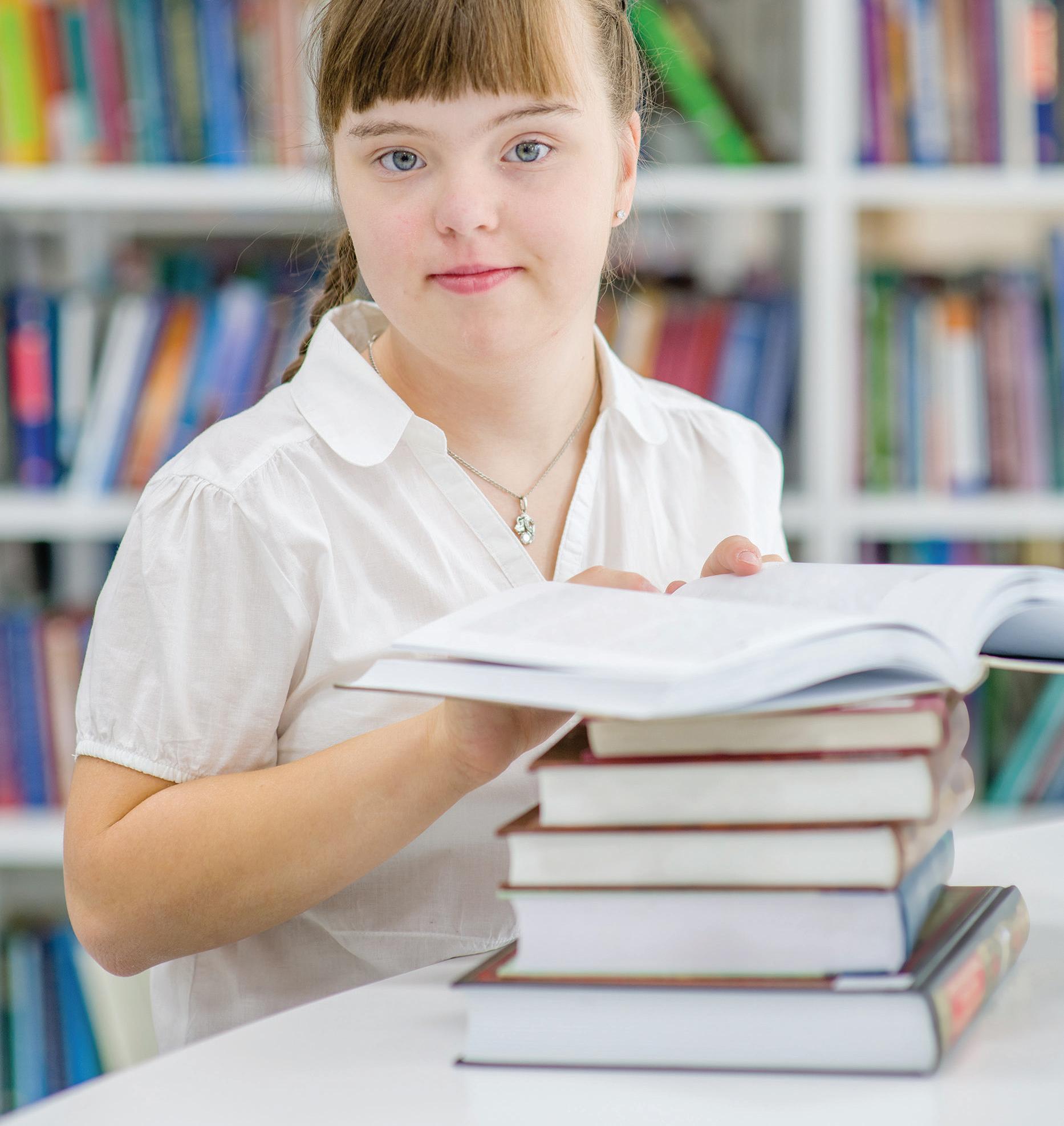
FOR 70 years, Alkira has been a trusted leader in supporting people with intellectual disabilities and their families. We provide a diverse range of services tailored to support adults at every stage of life.
School Leaver Services
We provide two distinct services for school leavers, recognising that each young person’s transition from high school to adulthood is unique — shaped by their individual life and employment goals.
Our services are easily accessible by public transport, located close to Box Hill train station, tram lines, and bus routes. The two key offerings are:
■ Supported Tertiary Education
■ Day Service Supports
Supported Tertiary Education –Momentum Program
Momentum is a tailored on-campus program for school leavers and young adults wanting to study at TAFE with NDIS support. In partnership with Box Hill Institute (RTO Code: 4687), it offers accredited courses such as Certificate I & II in Work and Transition Education. With a 1:3 in-class support ratio and programs running 50 weeks a year, participants gain confidence and independence in a supportive environment.
Based at the Nelson Road Campus, Momentum blends accredited study with nonaccredited learning. With over 15 years’ experience, Alkira has supported more than 150 students to achieve their education and career goals.
“The Alkira Momentum Program has been very positive for Jack. He has made many social connections, and it has helped him to persevere with his TAFE learning. He is happy to attend classes each day and has become more confident and independent” Momentum student Jack’s Mother Day Programs and Activities –Connections
Alkira’s Connections program offers groupbased supports (1:3 ratio, with 1:1 available) tailored to individual goals and interests. Located just a 5-minute walk from the Box Hill Transport Hub, the program includes daily
For 70 years, Alkira has been a trusted leader in supporting people with
intellectual disabilities and their families.
We provide a diverse range
of
services tailored to support adults at every stage of life.
living skills, creative activities, and community outings—helping participants build confidence, independence, and meaningful connections.
Learn to budget, cook, navigate public transport, and more in a supportive and inclusive environment. The program is NDISfunded, with some out-of-pocket activity fees. We’re growing and have room for new participants to join our vibrant, welcoming community.
“It’s good to have faith, that there is such a community that genuinely cares and goes above and beyond.” – Connections participant Kian’s Mother
To learn more or book a tour:
■ Visit our website at www.alkira.org.au
■ Contact via phone: (03) 9890 1365




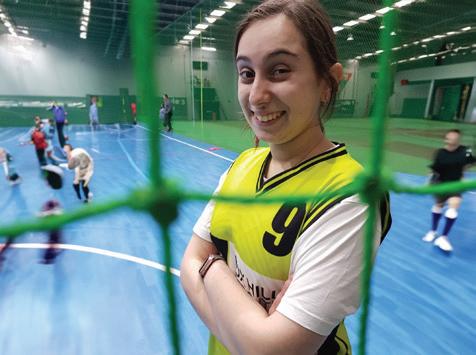

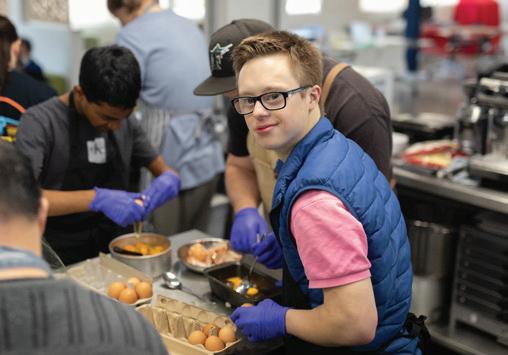


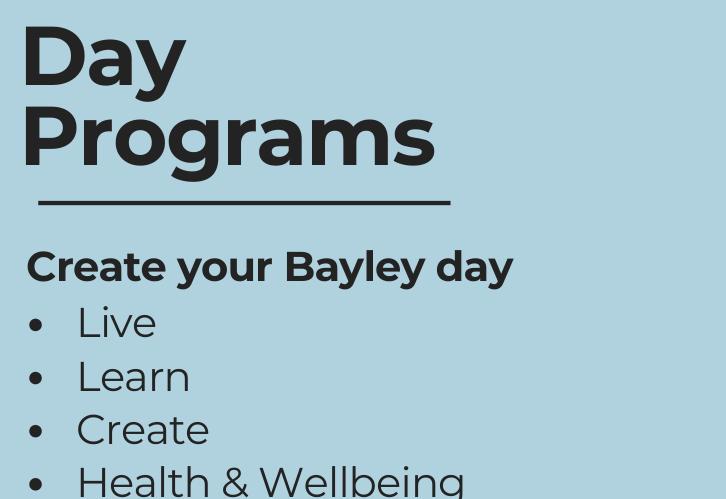
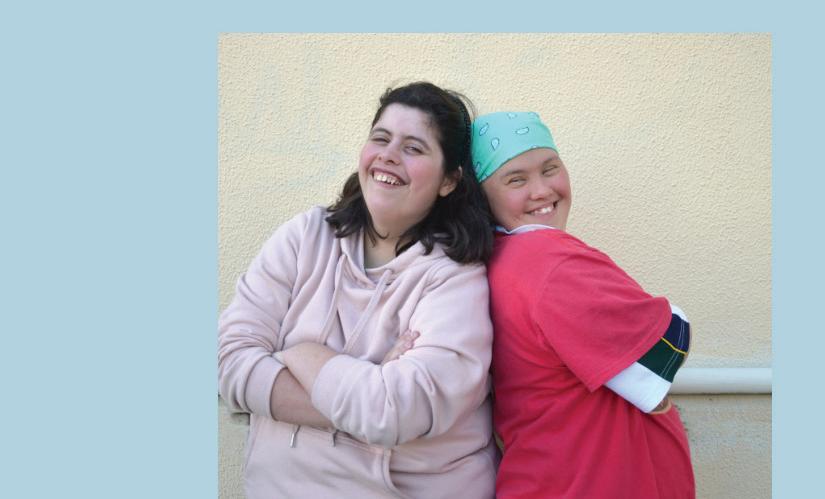
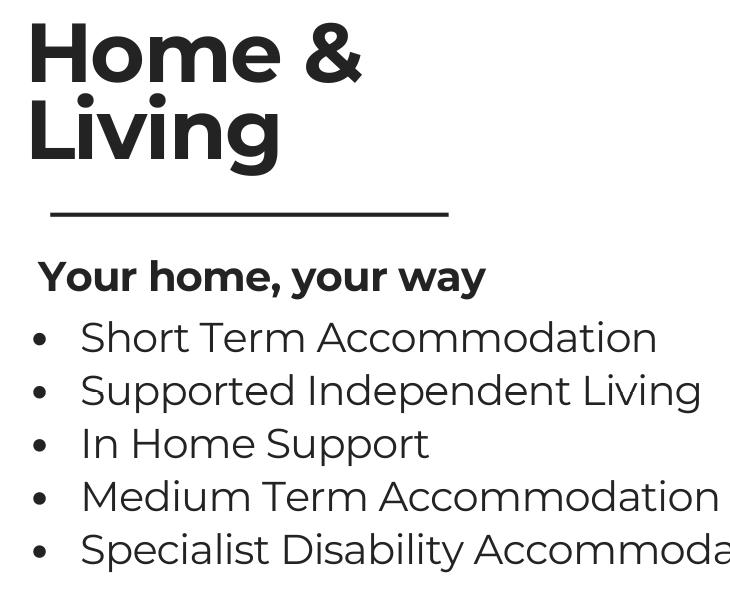
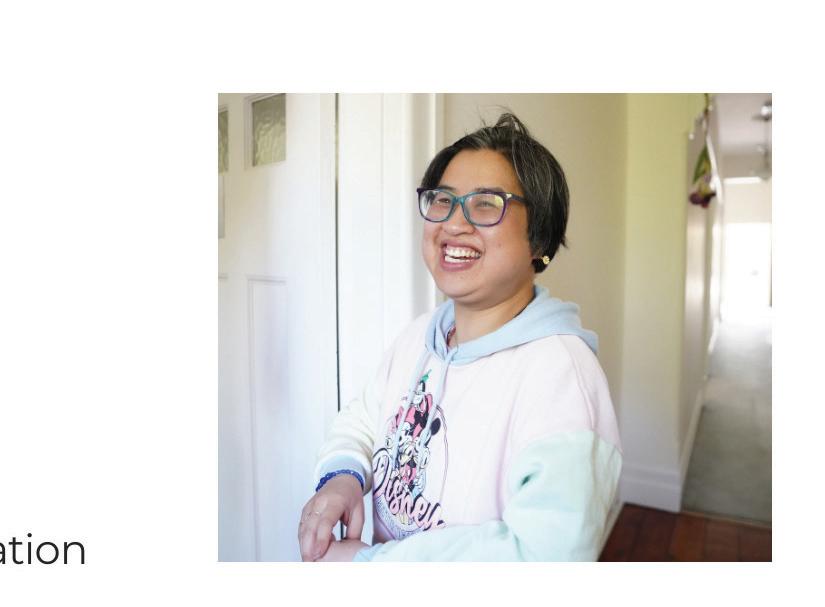
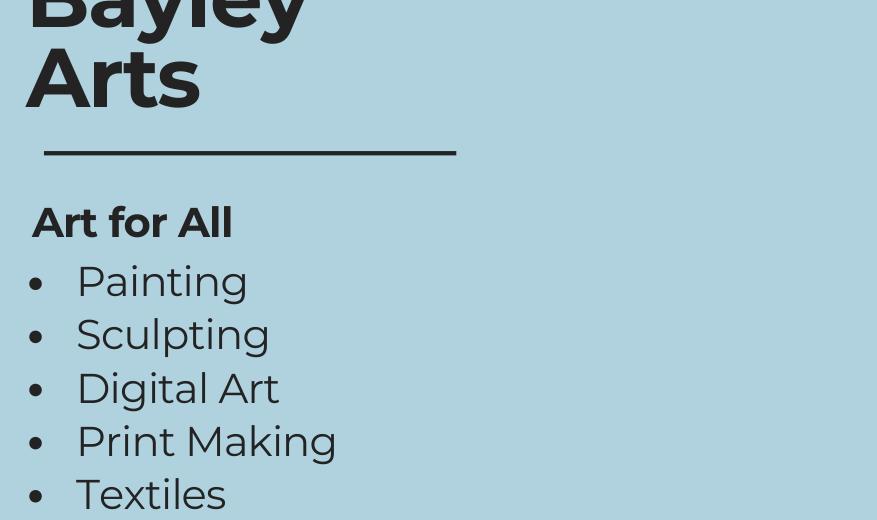
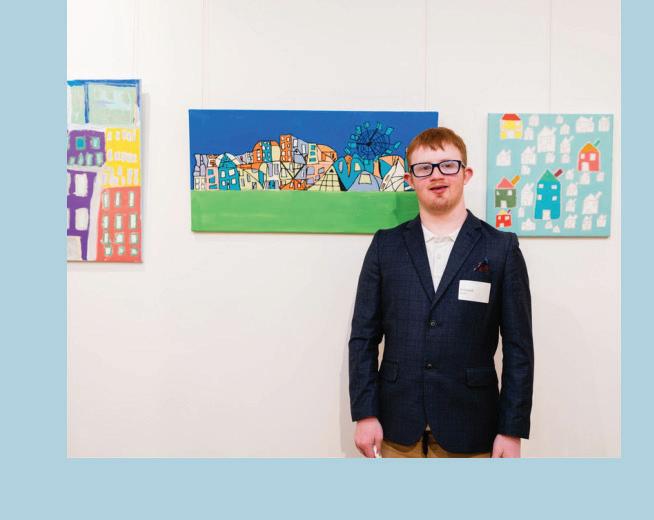




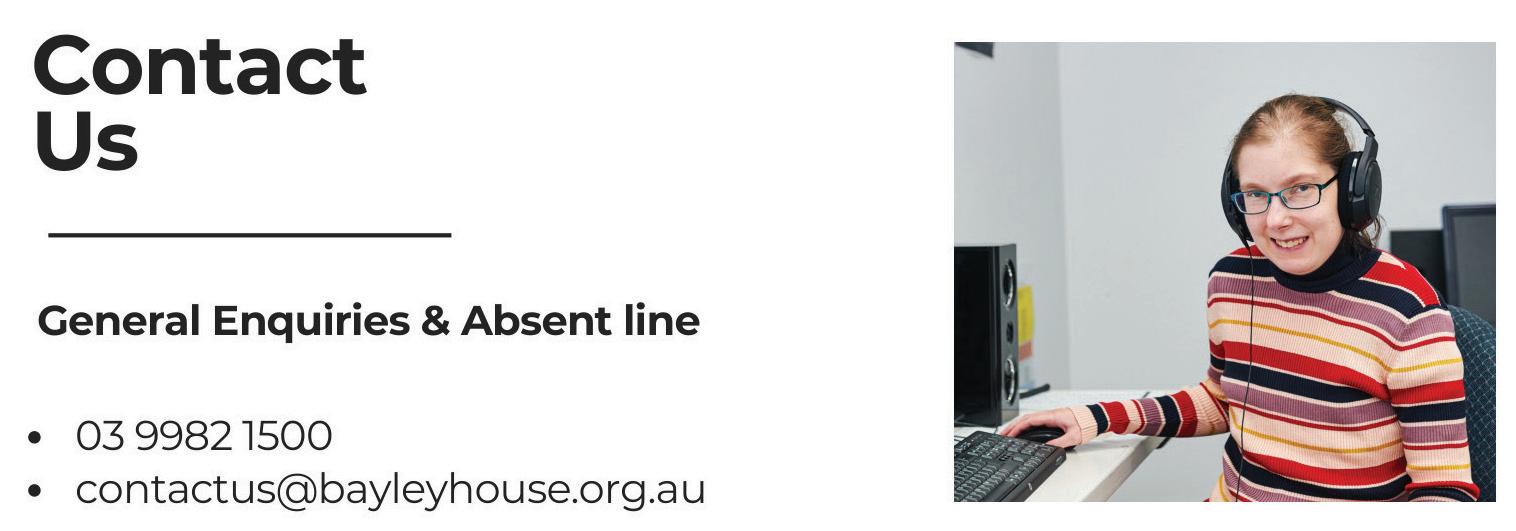
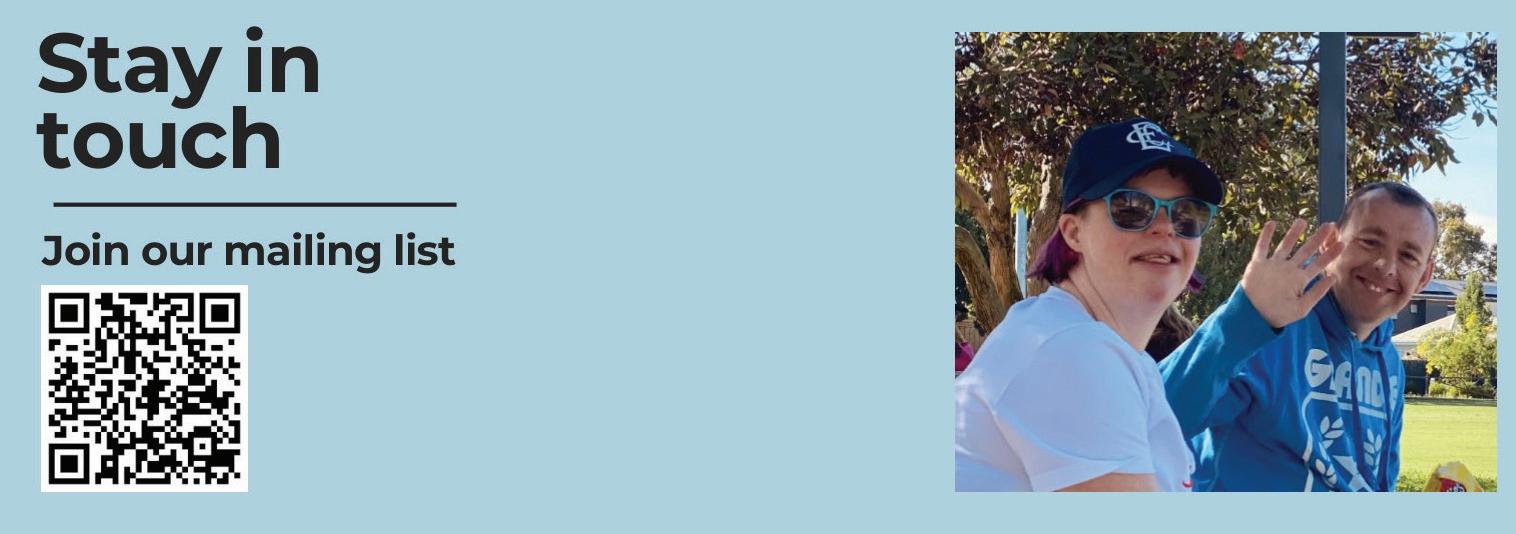
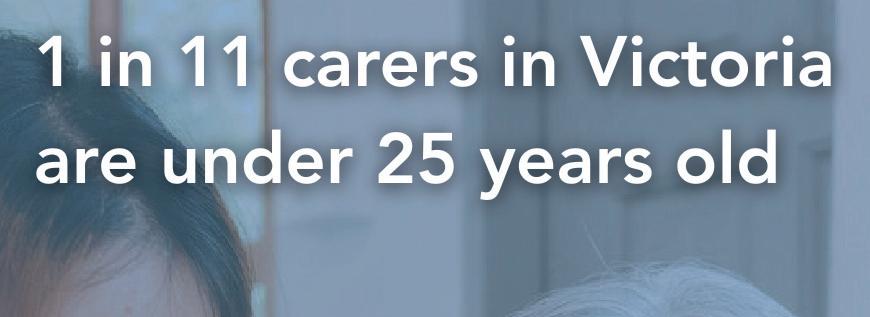
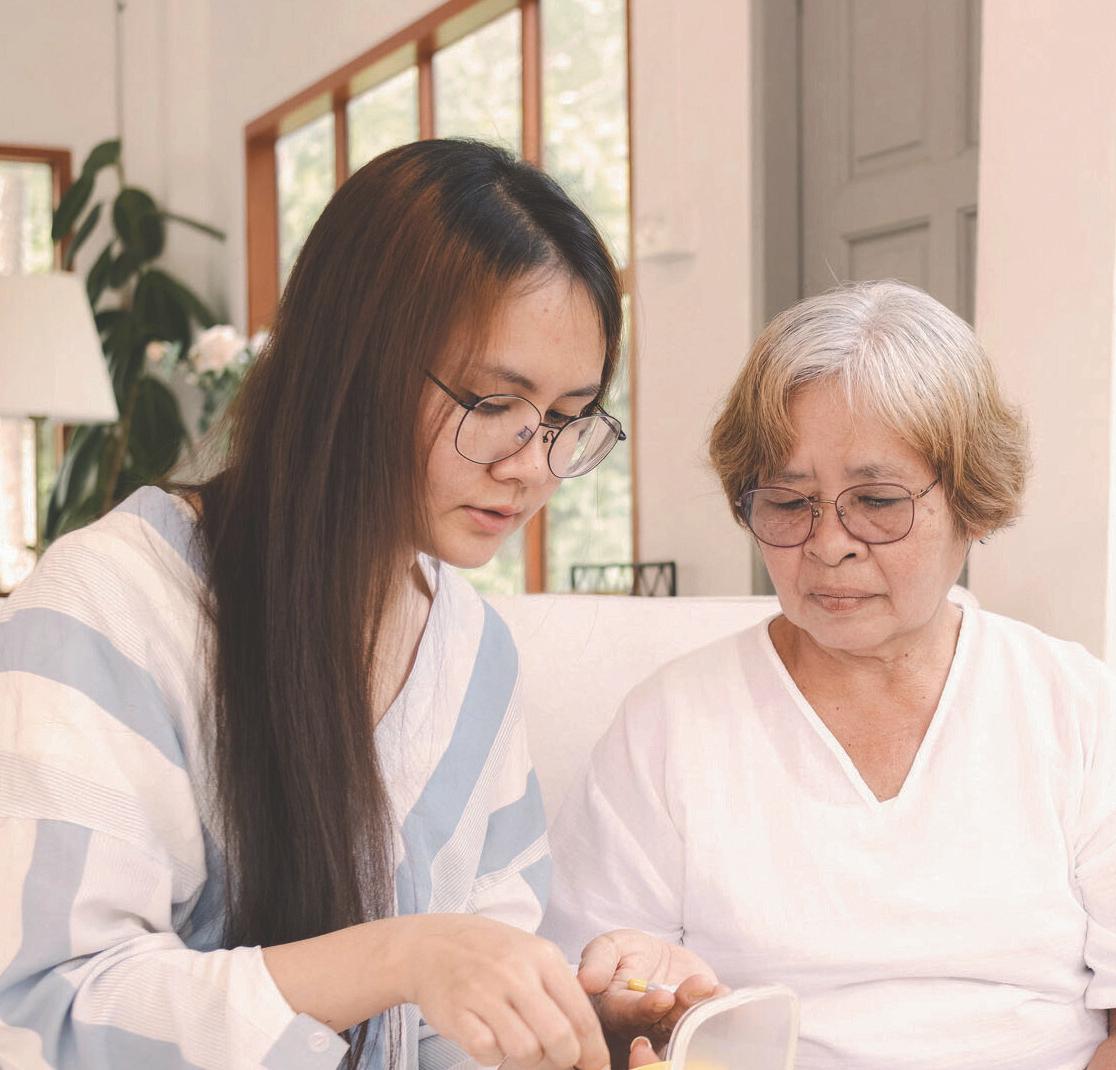

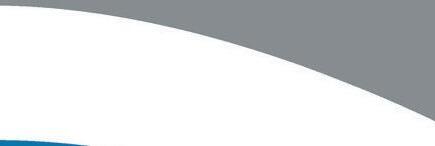
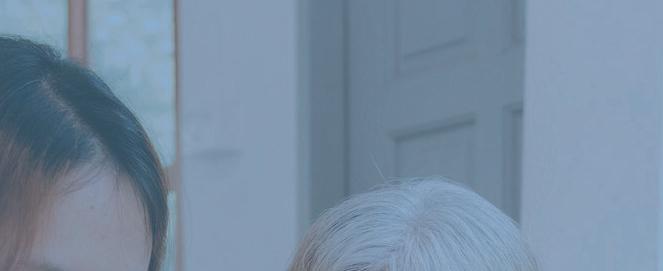








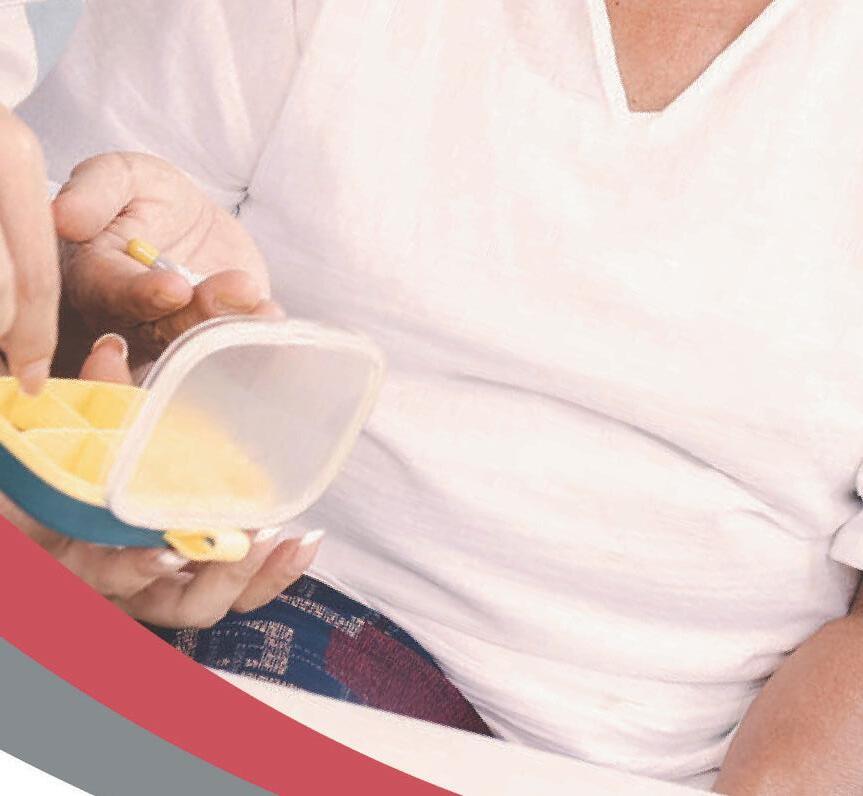





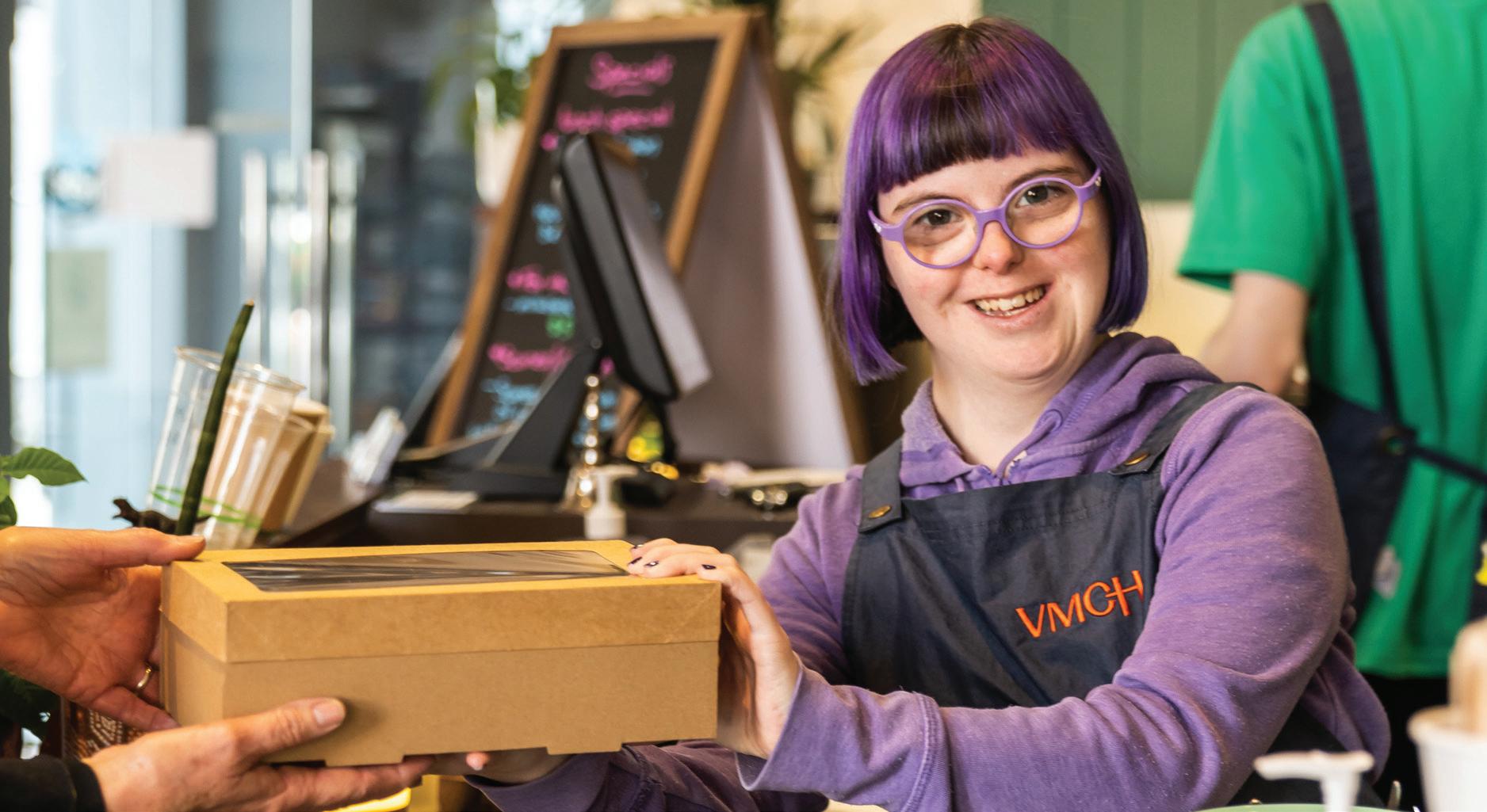
Ready to take your next steps toward paid employment or volunteering? We can help!
Our small group programs give people the job skills they need for future employment in gardening and horticulture, retail or customer service and hospitality.
We provide real life work experience and support from qualified staff to achieve your goals, and transition to employment when you are ready.
Contact our friendly customer service team to find out more!
FOR over 70 years, Endeavour Foundation has been standing alongside people with disability. And we are just getting started.
We are here to support you – to build confidence, grow your skills and help you be part of something bigger.
We understand that every journey from school to adulthood is unique. That’s why we provide supports and programs that are tailored to meet your needs, helping you take your next steps with confidence.
Looking for a job you are proud of? Want to live more independently, make new friends or try something different in your community?
We are here – every step of the way.
Our Trial Services
Learning and Life Skills School Experience
Designed for students in grades 11 and 12, this program allows you to explore adult disability programs before graduating. Through our Learning and Lifestyle Hubs, you can engage in activities such as Technology, Fitness and Healthy Choices, tailored to your interests for meaningful outcomes in a safe environment. School holiday programs are available. Supported Employment Work Experience
Our work experience program is a great way for you to ease into the transition to work.
In partnership with your school, we will customize a program where you gain jobready skills through various tasks, supported by mentors and supervisors in a secure, safe and supportive work setting.
At Endeavour Foundation, we empower you to unlock your full potential. Your life. Your call.
Keen to connect, try new things and explore new hobbies?
We offer a safe and supportive environment for you to participate in a range of flexible learning programs, recreation and social activities that are aligned with your interests and goals. We will be with you to support you to thrive. Our Learning and Lifestyle Hubs are located in Kew and Thomastown.
Work Services
Connect and belong with inclusive and rewarding employment. Transitioning from school to work is a big step for everyone. We are passionate about helping you build skills, make connections and find inclusive workplaces where you can be yourself and thrive.
As one of Australia’s largest employers of people with disability, we offer supported employment and other opportunities through our social enterprises in Kew, Thomastown and Oakleigh.
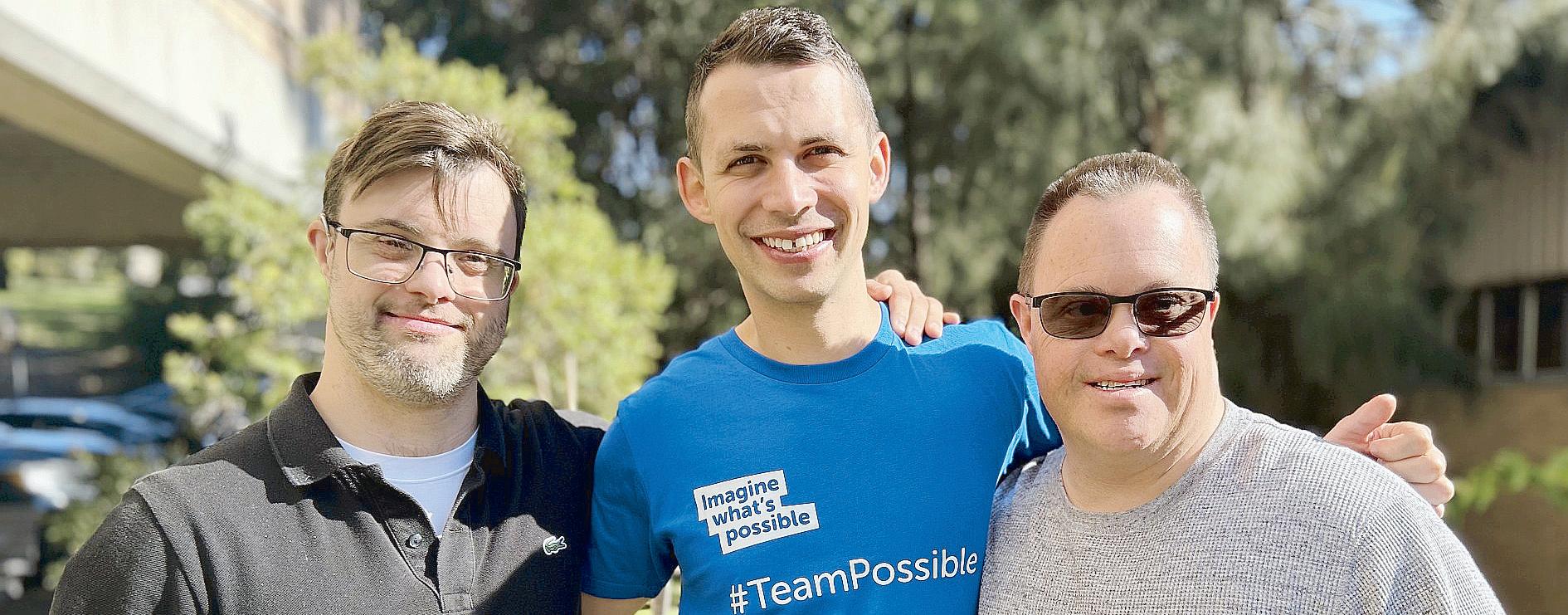
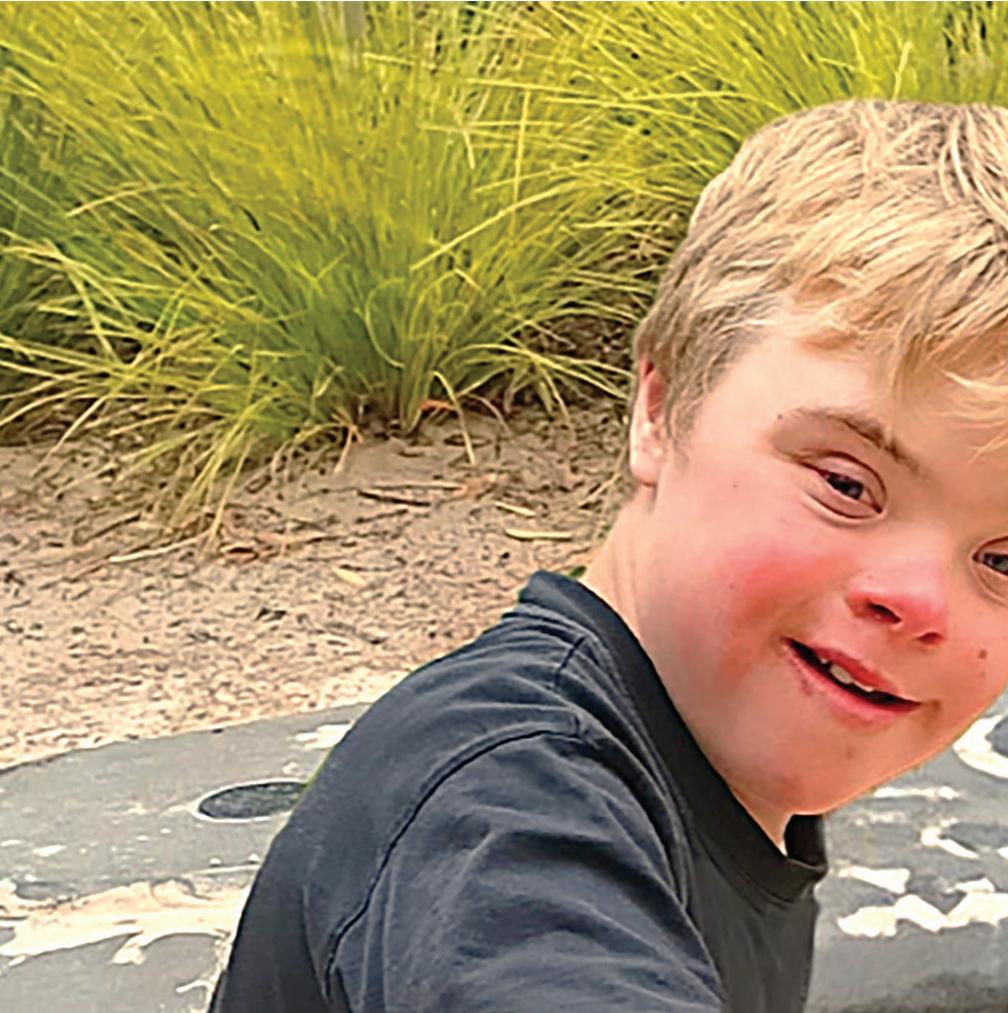
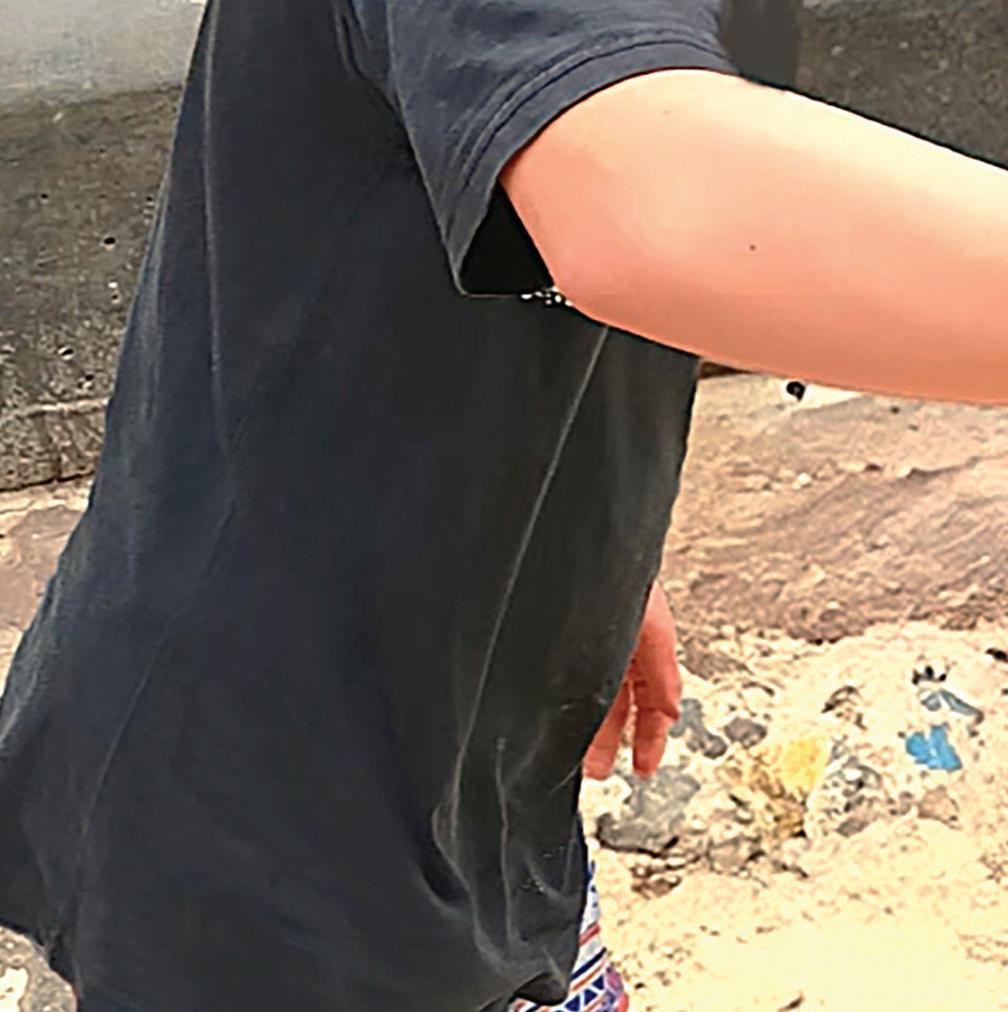
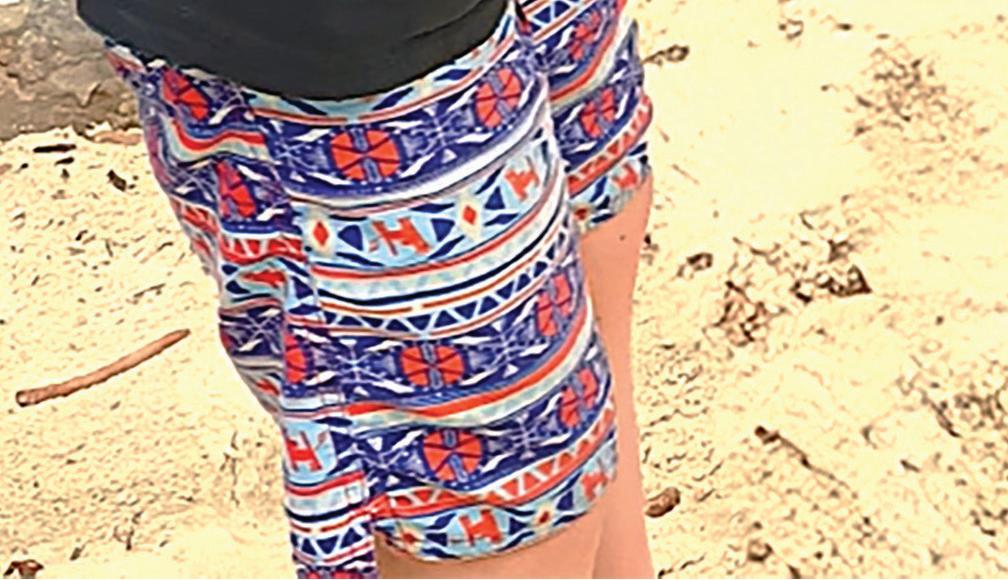
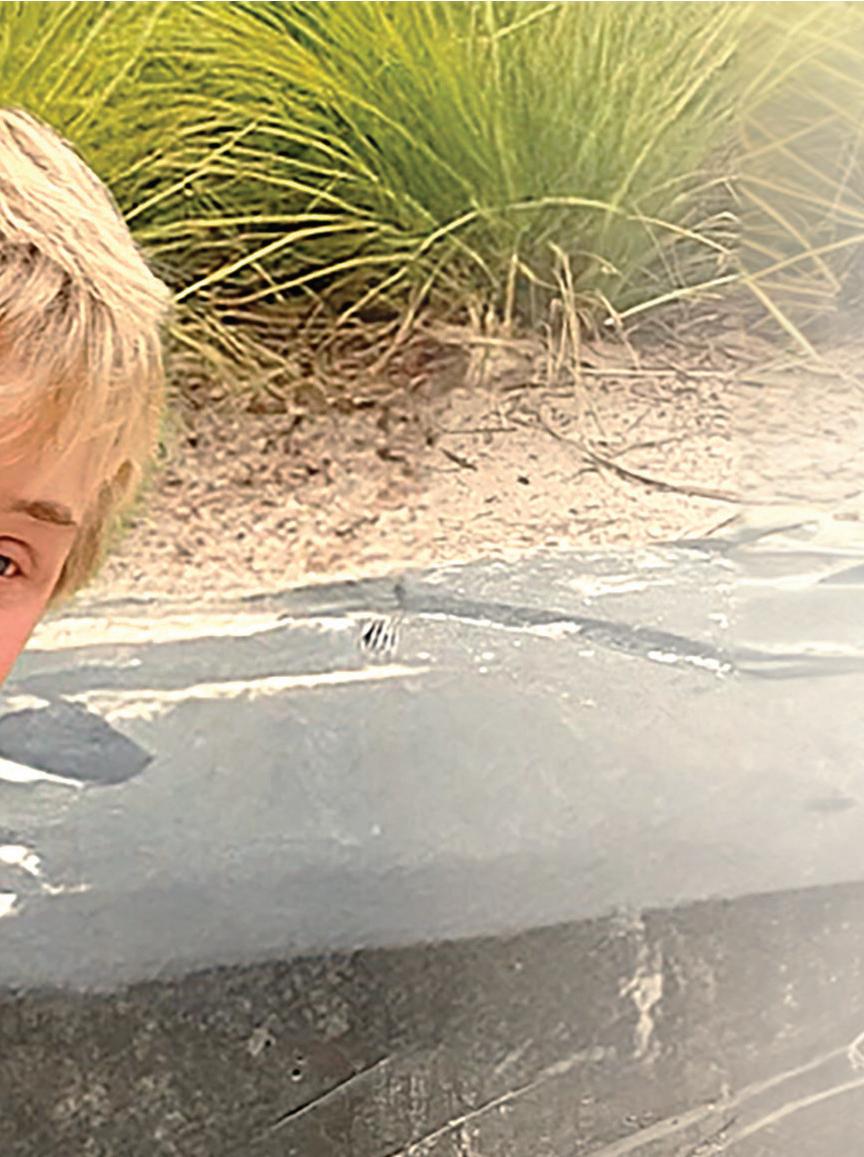
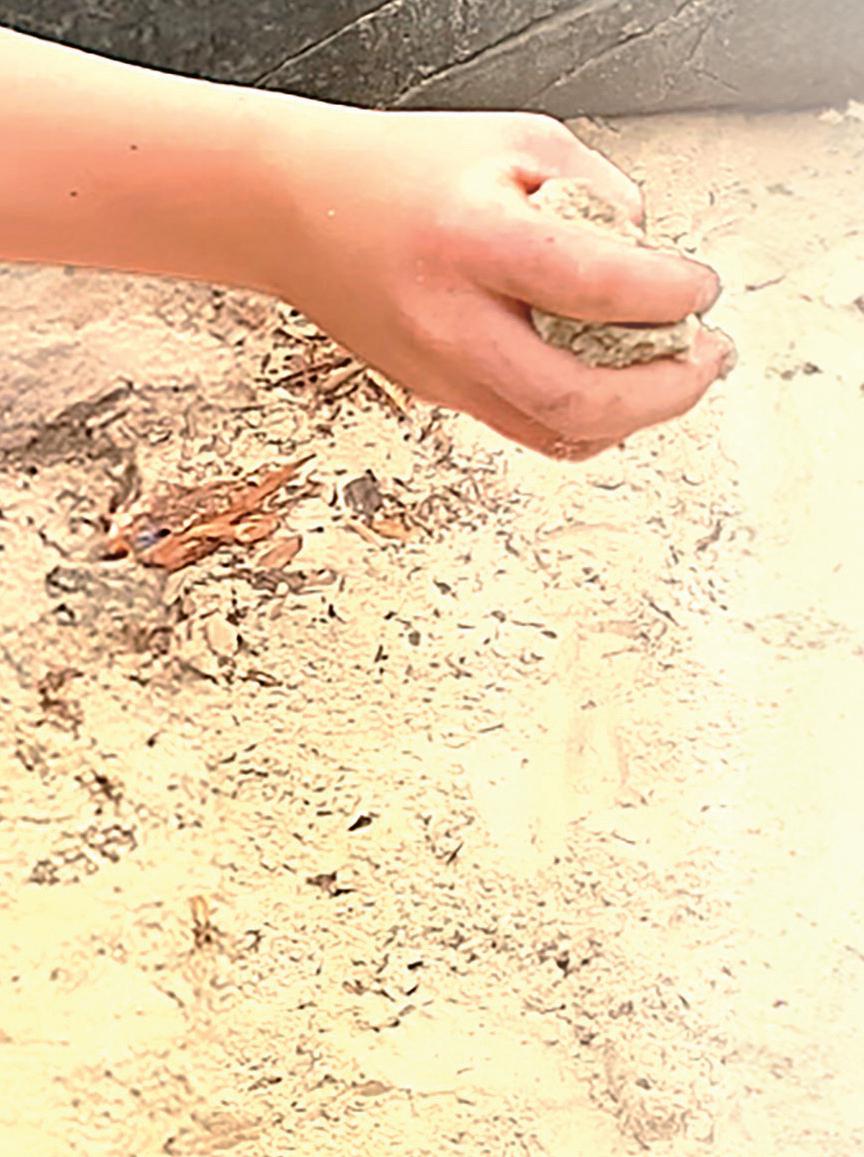





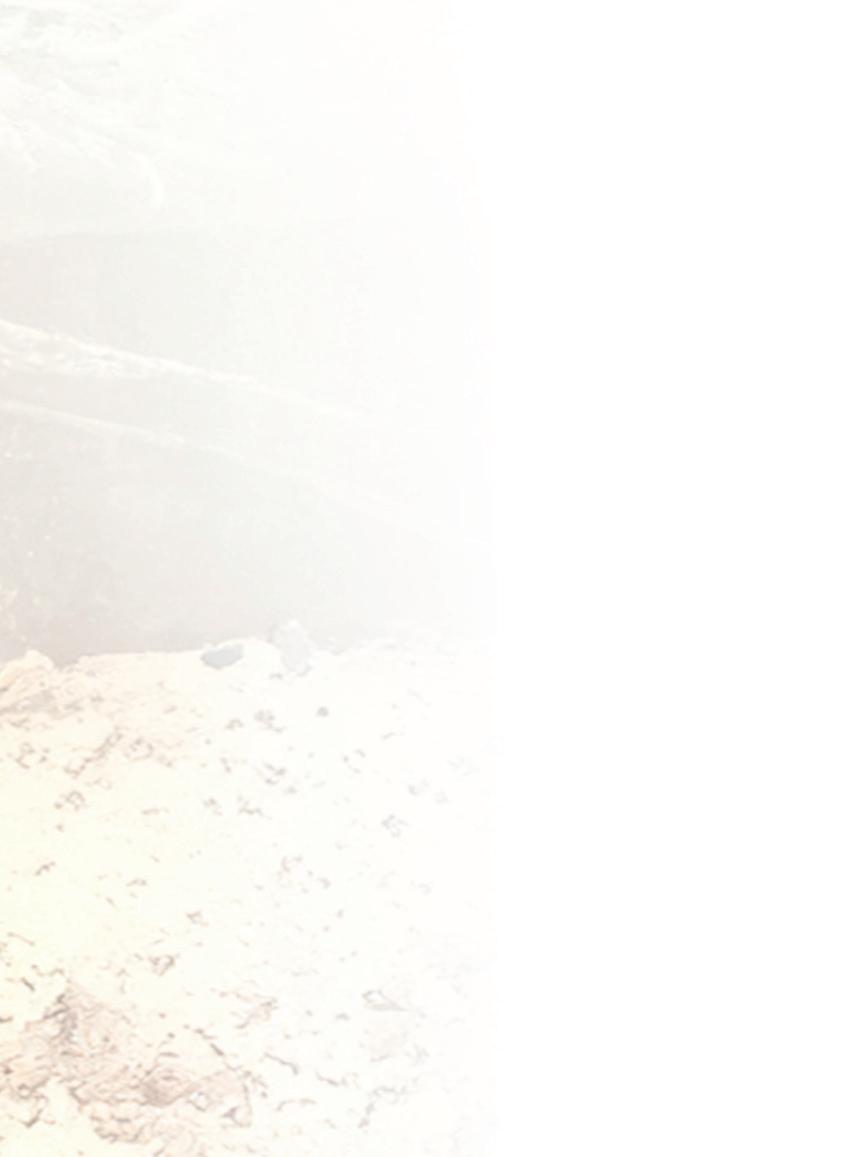





SINCE 1991, our experienced and passionate team has been doing what we do best - connecting individuals living with a disability with the highest quality, tailored support.
One of Australia’s most flexible providers of Community and Care Services, with a range of National Disability Insurance Scheme (NDIS) services, support post an accident or workplace injury and other specialist rehabilitative services.
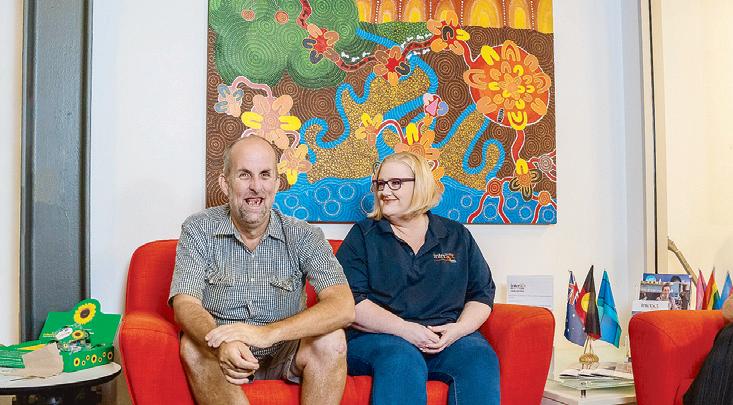
For our NDIS, Transport and Accident Commission (TAC) and WorkSafe Attendant Care clients providing:
■ Assistance with Daily Living
■ Personal Care Assistance
■ Participation in community, social and recreational activities
■ Development of daily living skills
■ Assistance with independent travel and transport
■ Supported independent living (SIL)
■ Community Nursing
■ Assistance to go on holiday School Leaver Employment Supports (SLES)
Transitioning to employment or further education. Our SLES team can help:
■ Career Planning: Guiding your career path.
■ Goal Setting: Setting realistic and achievable goals.
■ Skills Identification: Highlighting your unique abilities.
At Interact Australia, we are committed to Building Inclusive and Supportive Communities.”
■ Resume and Cover Letters: Presenting your skills to employers
■ Interview Coaching: Presenting yourself confidently.
■ Confidence Building: Essential for workplace success.
■ Training Access: Connecting you with educational opportunities.
■ Job Search Support: Providing resources and guidance.
■ Assistance to find or maintain employment: Finding and keeping that job.
With services across Victoria and Australia thousands of people living with disability every year choose Interact Australia.
Interact Australia is proud to be part of IntoWork Australia, a national group of businesses, opening doors to apprenticeships, training, employment and support.
We are committed to connecting individuals with the support they need to create their future, focusing on strengths and skills development for social and economic inclusion.
Call Interact Australia 1300 FUTURE (388 873) or visit interact.com.au.
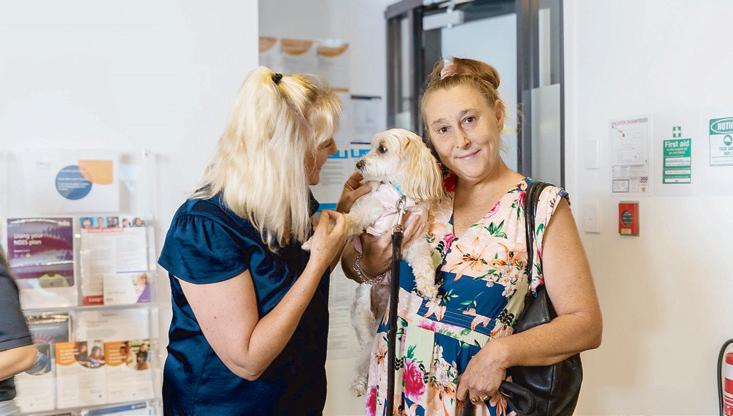
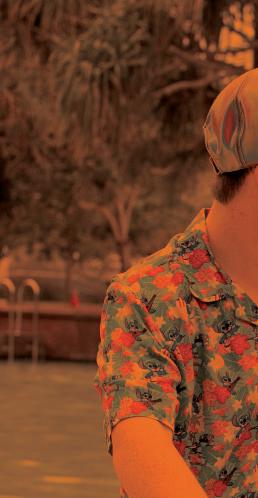

Do you need assistance with shopping, transportation, personal care or employment?
Our experienced team is here to help with:
Personal Care and Domestic Assistance
Community Participation
In-Home Support and Respite
Community Nursing
Employment Supports and SLES
Skill Development and Capacity Building
Mental Health Support
Motor Vehicle Injury Attendant Care
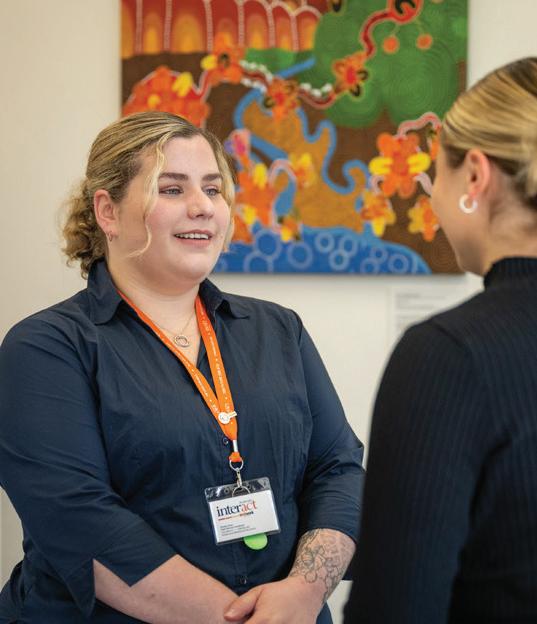
Interact Australia is a leading national provider of tailored, flexible disability support. Contact us today to start your journey.
- Don Besig










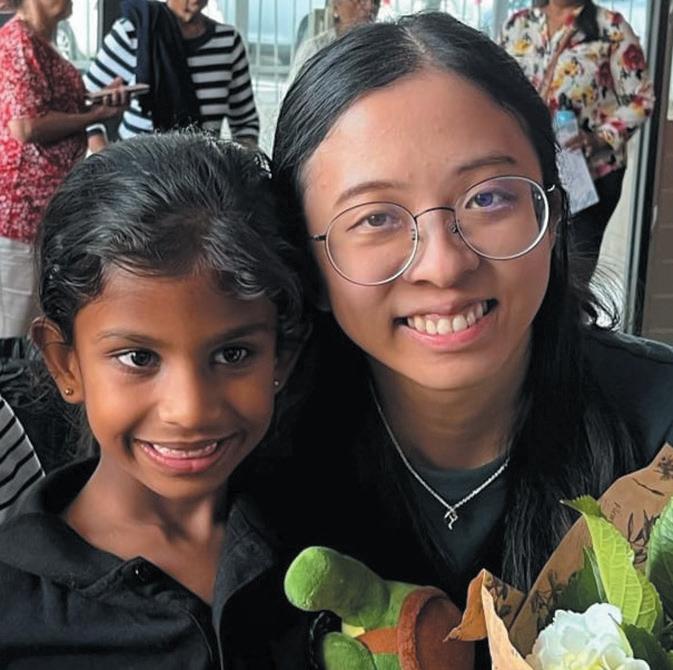
Flying
gives wings to primary-aged children with additional needs.












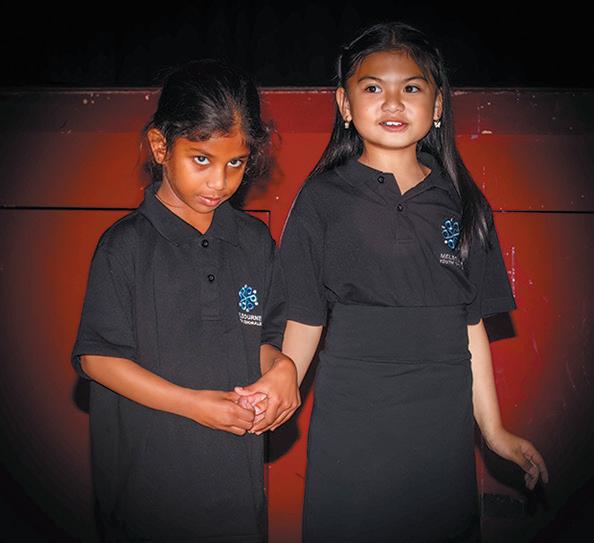




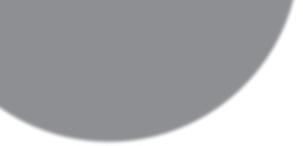
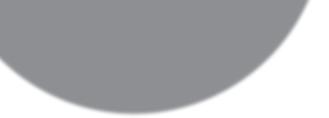




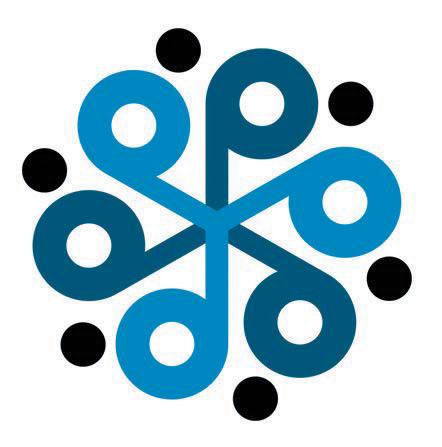








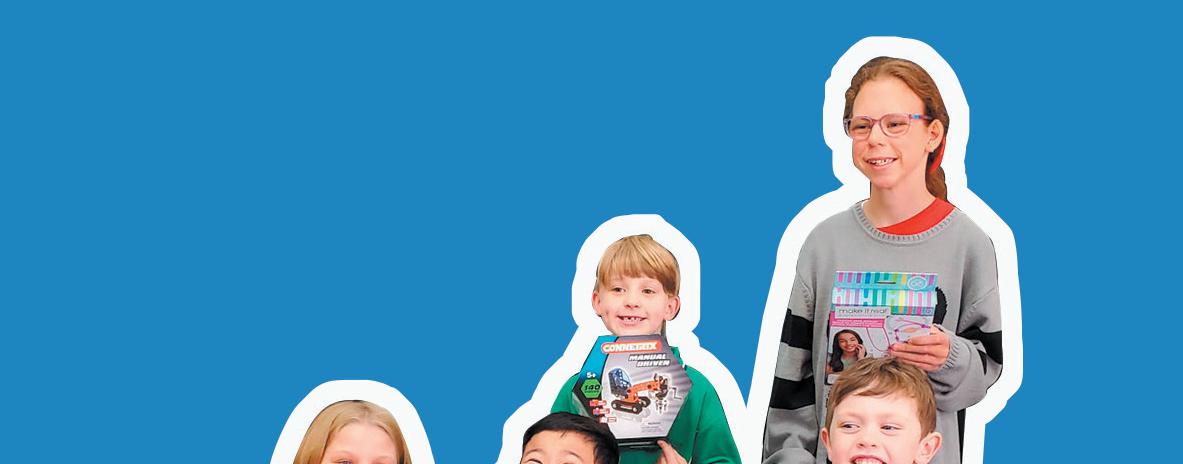




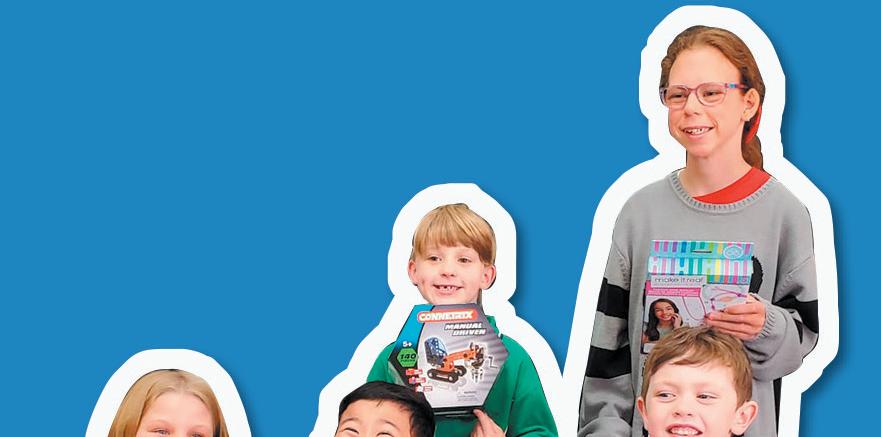


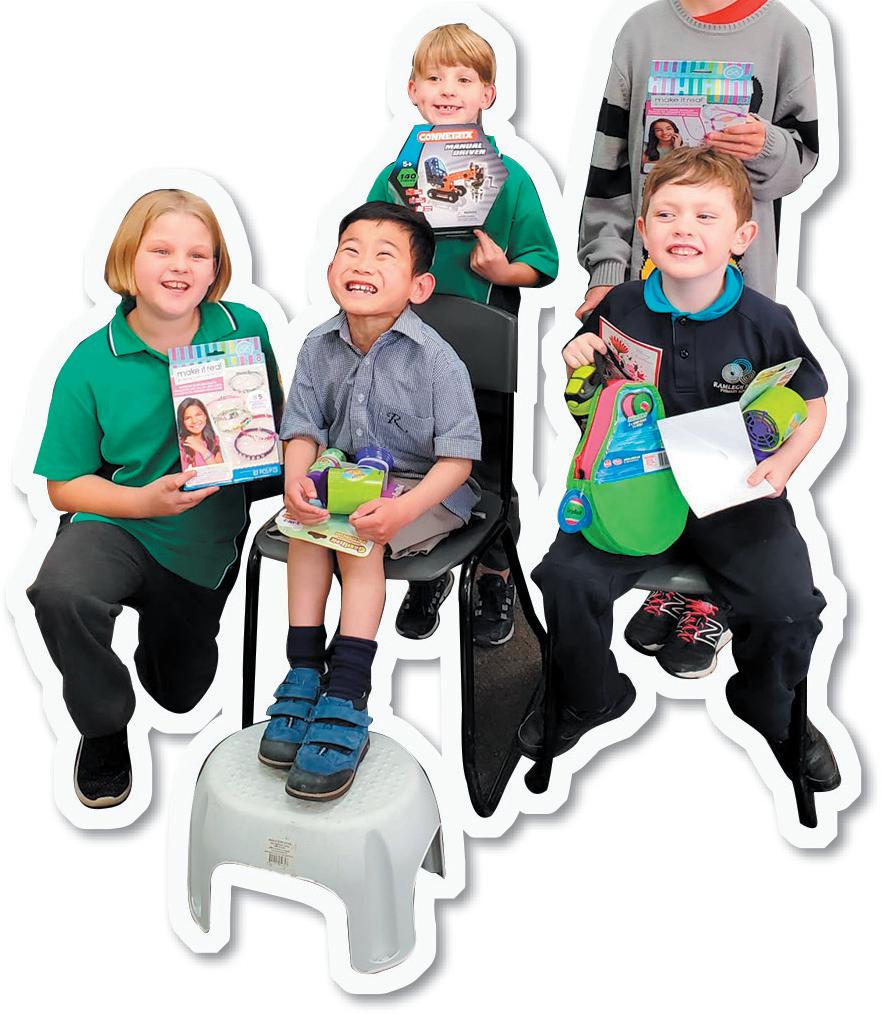



CREATING Real Opportunities: How OC Connections and the Co-Achieve Model Support Lifelong Progress.
At OC Connections, we’re committed to more than delivering services - we support people with disability to live life on their own terms, with practical, personalised assistance that adapts to their needs and ambitions over time.
Through our Co-Achieve model, we work in partnership with each participant to identify what matters most to them. This strengths-based, person-centred approach ensures individuals are actively involved in planning and shaping their future.
We provide tailored supports that reflect each person’s goals, lifestyle, and evolving preferences - whether that means entering the workforce, building social connections, or exploring greater independence at home.
For many young people, the journey begins with our Towards Employment program (SLES), which helps school leavers build skills, confidence and real-world experience to prepare for work. Our social enterprises - OC Eco Ties and OC Connections Enterprises - provide supported employment in inclusive workplaces, where participants are valued and respected as contributors. These opportunities offer more than just a jobthey provide structure, community and purpose.
As confidence and experience grow, some participants move into open employment. We support this transition with job-readiness training, one-on-one coaching, and strong employer partnerships. This ensures people are not only able to access work, but are well supported to succeed and maintain meaningful employment.
Our Day Support programs offer another important avenue for growth. Participants engage in creative, social and skill-building activities based on their own interestswhether it’s art, cooking, gardening, or connecting with the community. These experiences build confidence, communication and life skills in an inclusive and welcoming environment.
For those seeking greater independence, our Supported Independent Living (SIL) options offer the opportunity to move into a home of their own. With flexible supports tailored to individual routines and needs, people can enjoy stability, choice and comfort while continuing to pursue personal goals.
What sets OC Connections apart is our ability to support people across key life transitions.
Whether someone is leaving school, seeking employment, building daily living skills or planning for independent living, our services are designed to work together, providing continuity and clarity as needs change.
We recognise that every person is different. Everyone has unique strengths, preferences and ambitions - and no two pathways are the same. At OC Connections, we take pride in helping people move forward with confidence, direction and the right support at the right time.
Ready to explore what’s next? Whether it’s finding a job, building skills, or planning for greater independence, OC Connections is here to support your goals. Visit occonnections.org or call 9569 0603 to start the conversation today.

Gain real-world experience and build your career. Start with supported employment in our social enterprises or explore open employment with personalised support and guidance.
Let’s Plan What’s Next Our Towards Employment (SLES) program helps school leavers build skills and prepare for the world of work through mentoring, training and discovery activities.
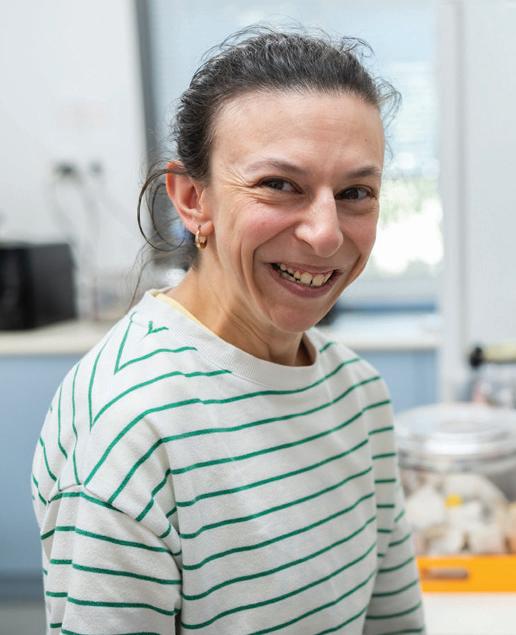
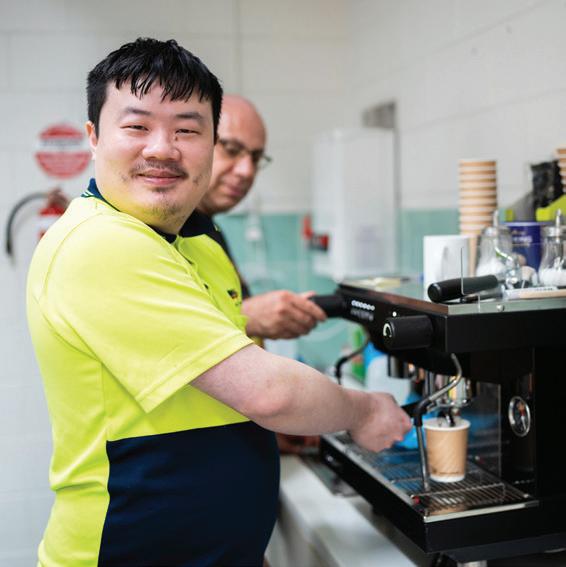
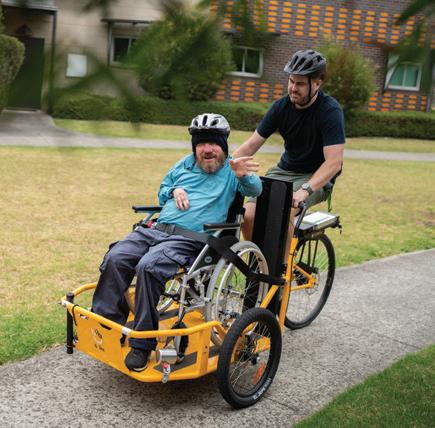
Join creative, social, and handson Day Support programs shaped around your interests. Choose from art, music, cooking, community outings and more. Your Home, Your Choice
Explore Supported Independent Living (SIL) options tailored to your lifestyle. Enjoy safe, comfortable homes with supports that match your goals.


Ready to start your next chapter?
Let’s talk about your goals and how we can support you to achieve them. Call us today: (03) 9569 0603
SUNRISE2SUNRISE is a registered NDIS and TAC provider committed to doing things differently. While we deliver the same professional services often associated with large corporate disability organisations, our approach is deeply personalised and built on relationships. Everything we do aligns with the Disability Act 2006, the NDIS Act 2013, and the Charter of Human Rights and Responsibilities Act 2006. For us, people always come first.
Our team, known as Life Changers, is made up of experienced and passionate individuals in the disability support sector. These NDIS Rockstars are dedicated to empowering participants to discover their strengths and reach their potential across various settings— whether that’s through one-on-one community participation, in-home support, or in SIL and SDA accommodation. We believe in creating an environment where every participant has the opportunity to live their best life.
For those looking to live more independently, Sunrise2Sunrise offers Supported Independent Living (SIL) services for participants who have SIL funding in their NDIS plan. These supports are tailored using a person-centred approach, focusing on each participant’s goals, lifestyle, culture, and individual circumstances. All services are delivered respectfully in the participant’s home, with the aim of building independence and daily living skills. Each support plan is flexible and can evolve over time to match the participant’s changing needs and preferences.
Our commitment extends beyond the home, using a social support model to help participants engage with their communities and build confidence. As participants grow
These NDIS Rockstars are dedicated to empowering participants to discover their strengths and
reach
their potential
across various settings—whether
that’s through one-on-one community participation, in-home support, or in SIL and SDA accommodation. We believe in creating an environment where every participant has the opportunity to live their best life.
more independent, they are encouraged to explore local opportunities, take part in activities, and develop skills through programs like gardening, volunteering, and attending community events. These experiences not only foster new interests but also deepen their connection to the community and enhance overall wellbeing.
At Sunrise2Sunrise, we don’t just offer support—we open up a world of possibilities. The sky’s the limit.

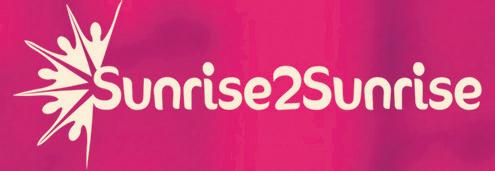


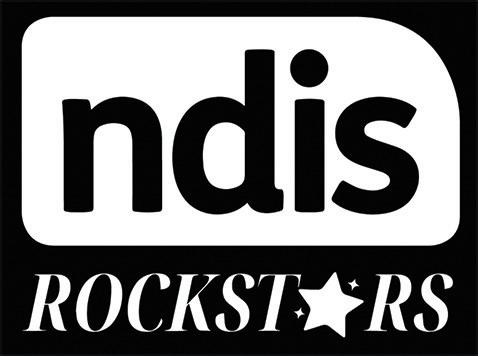



LOCAL expertise in NDIS plan management personalised to your needs
When it comes to accessing supports through the NDIS, financial administration and complex paperwork are unavoidable and time consuming obligations.
These tasks take valuable time away from doing what’s important – living everyday life. That’s where NDIS registered Plan Management providers like Windemere Child & Family services can make a real difference.
A not for profit with over three decades of experience in disability support, Windermere delivers a range of NDIS services including Plan Management. Available across Victoria, Windermere also provides a dedicated Plan Manager to each participant ensuring expertise is personalised to meet individual needs.
When NDIS participant Melissa Benson turned to Windermere for support, she had no hesitation in signing up for Plan Management. As someone who is completely blind and has type 1 diabetes, she relies on NDIS services to live everyday life.
“To me, the question was, why wouldn’t I choose NDIS Plan Management? I see no benefit in having to deal with the paperwork. I am happy to leave it up to my Plan Manager who is fantastic,” she says.
Melissa’s Plan Manager ensures invoices are paid correctly and on time, keeps track of her NDIS funding, provides monthly statements and a range of other tasks.
As she has a dedicated Plan Manager who is her main point of contact, she can rely on consistent support for her ongoing needs. This includes periodic check-ins and an open line of communication.
“Between emails and phone calls, it’s never been a problem to contact Windermere. I can work out problems, even minor ones, just by speaking to my Plan Manager. She is my angel,” says Melissa.
Much like Melisssa, Cameron who has cerebral palsy and a range of complex needs, values the vital role his Plan Manager plays in his life. Since 2018 his Windermere Plan Manager has ensured his 21 service providers
As she has a dedicated Plan Manager who is her main point of contact, she can rely on consistent support for her ongoing needs.
are all paid correctly and on time so that he has continued access to services.
Cameron’s mum Jenine knows firsthand just how challenging it can be, simply to coordinate all the supports in his plan.
“To work out the financial side of things as well would have been impossible for us. It’s just such a relief to have someone we can trust to take care of it,” she says.
Cameron and Jenine also benefit from a wealth of knowledge and expertise that their Plan Manager has to offer.
“His Plan Manager does an excellent job of answering our questions. Nothing is any trouble for her and we are very fortunate to have our Plan Manager,” says Jenine.
For more information on Windermere Plan Management call 1300 946 337 or visit www.windermere.org.au/planmanagement

“My Windermere Plan Manager is my angel.” - NDIS participant, Melissa Benson
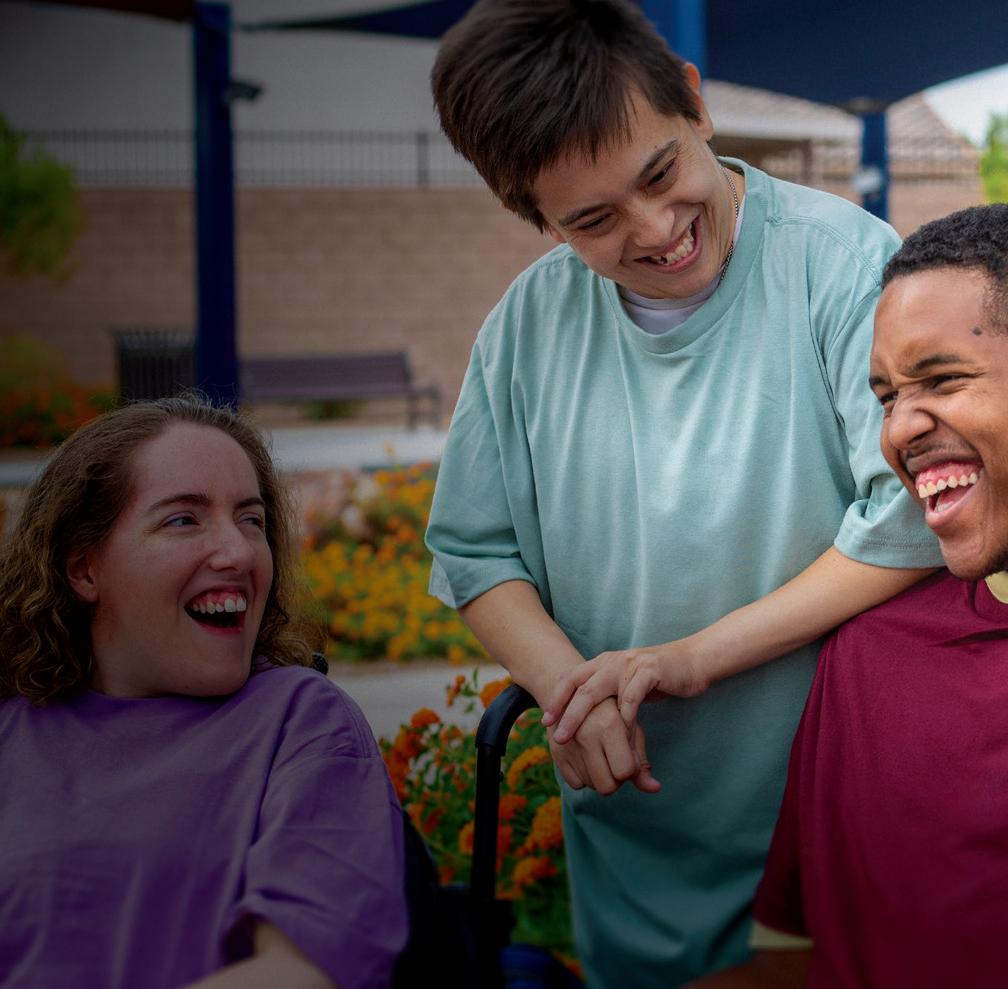
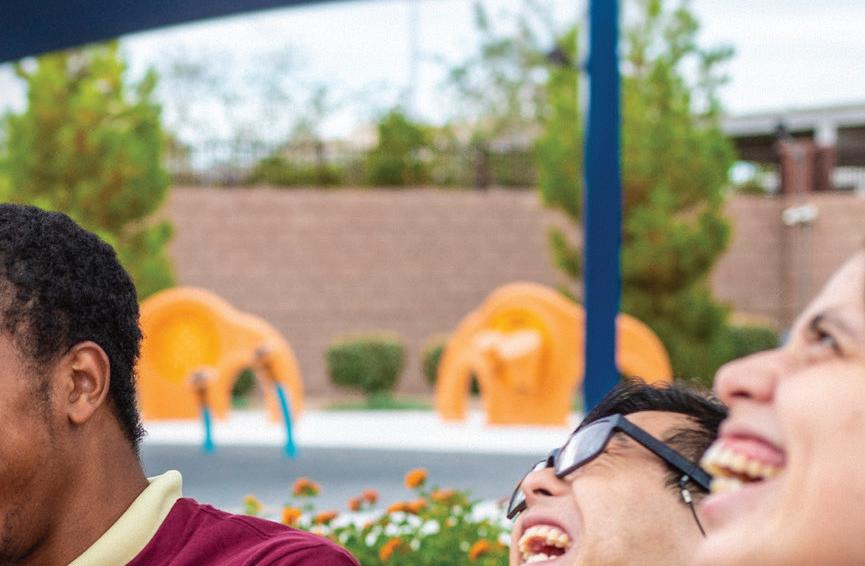
Expertise personalised to your needs

Drawing on over 30 years of experience in disability and early childhood, our team of experts provide trusted and personalised supports.
Our teams work closely with your local community and are well connected to supports that are convenient, valuable and relevant to your needs.
Windermere has such a good reputation. They are certainly one of the best out there.
- Lynn, NDIS participant

A registered NDIS provider with services you can trust



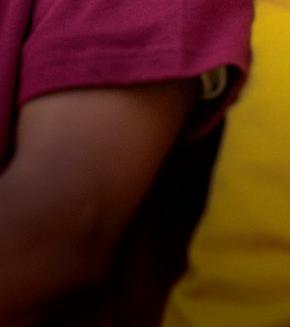
Our Services:
Plan Management
Support
Coordination
Early Intervention
Key Worker
Physiotherapy
30+ years of experience in disability support

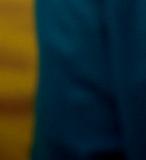

Speech Pathology

Occupational Therapy
Psychology
NDIS Counselling
Dietitian
For more information or to enquire, scan the qr code or call the number below.
1300 946 337
NDIS@windermere.org.au
www.windermere.org.au
Windermere is committed to equity, inclusion and belonging for consumers and employees, by building diverse and inclusive services and work environments.






We are located at a number of sites in
If you require an interpreter, we can arrange for one to be provided.

Nature play is important to all children’s wellbeing and development.
At the Y’s Anglesea’s Kids Go Bush Programs, children and young people of all ages and abilities are encouraged to experience the intentional use of the outdoors, in a play based and child led way.
Nature play groups, forest schools and Bush Kinders are worldwide movements based on the results of considerable research into children’s’ increasingly sedentary lives. The research suggests many aspects of childhood development can be positively affected including, social, physical and mental health for every person that takes part. The effects last into adulthood and impact on livelihood and lifestyle.
Outdoor learning provides children with large blocks of time in outdoor settings where they can independently explore and discover the natural world. Being outside in all types of weather, we can explore, learn, investigate and connect to each other and the world around us. It also builds resilience, preparedness and a positive outlook.
Our Kids Go Bush programs are inclusive to all needs and abilities, typical and non-typical. We are able to integrate and support each person to actively facilitate participation, including access around camp and provide specialist equipment if required.
Our programs also align and meet pedagogical learning outcomes for key curriculum learning needs and outcomes in both traditional and special needs educational settings.
The Y Kids Go Bush team are passionate about connecting all young people with the environment in a fun and educational way. Talk to us today for more information, support your young people to get involved or how we can facilitate a bespoke program, workshops (incursions and excursions) and personal development opportunities for your group.
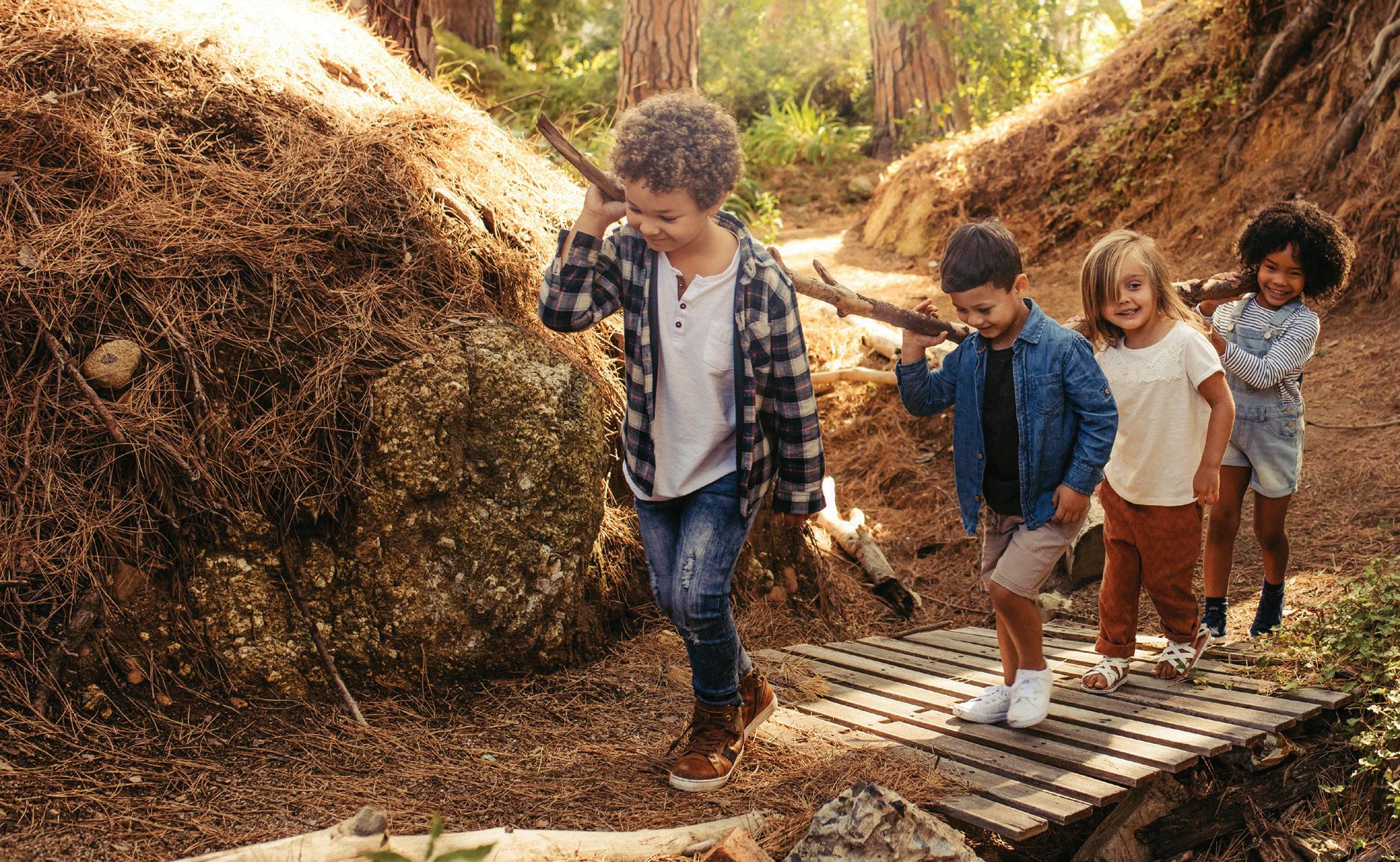
camps.ymca.org.au
03 5263 1512
anglesea@ymca.org.au
@ymcakidsgobush @ymca_kidsgobush
Anglesea Discovery Camp offers a wide range of accessible programs for kids of all ages (from 0-15)
• Parent Supported programs
• Nature based incursions and excursions
• Forest, fire and bush craft skills workshops
• Early years programs
• Bespoke and themed programs to meet the needs of your group WE

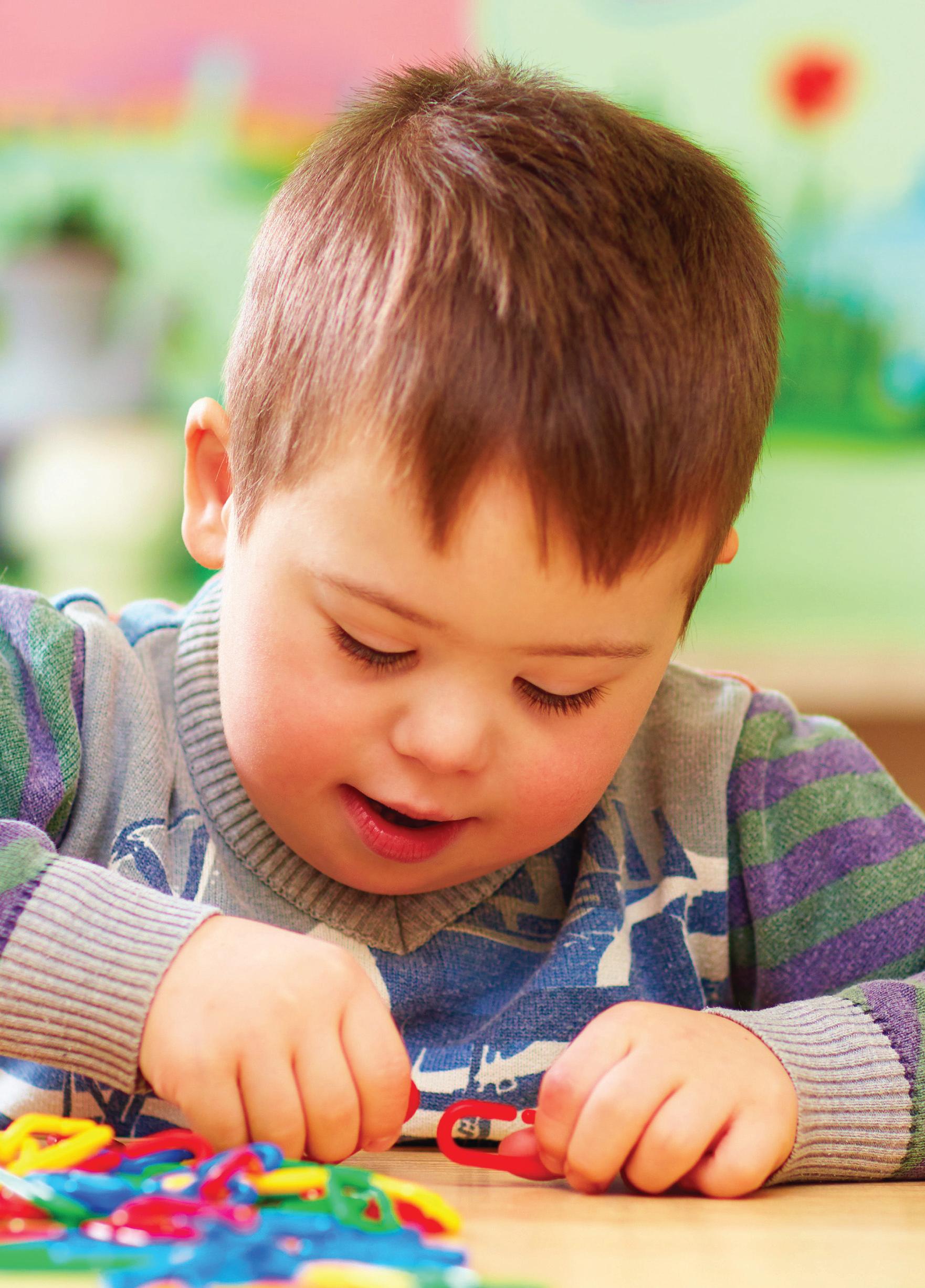



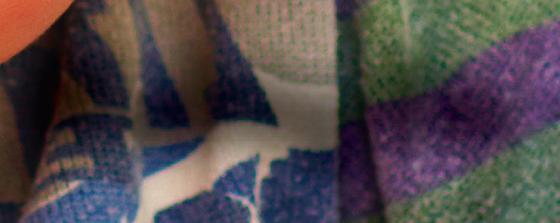



Special Schools
Andale School ............................................ 6 & 7
Ascot Vale Heights School ............................. 9
Aurora School ........................................10 & 11
Belmore School .....................................14 & 15
Bulleen Heights School .........................16 & 17
Cheshire School ....................................18 & 19
Coburg Special Developmental School 20 & 21
Currajong School ............................................23
Dandenong Valley SDS .........................24 & 25
Glenallen School ............................................31
Glenroy Special School .........................32 & 33
Hampton East ........................................34 & 35
Hume Valley School ..............................36 & 37
Jacana School for Autism .....................38 & 39
Kamarruka Education Centre ...............40 & 41
Monash SDS ..........................................44 & 45
Naranga School .....................................46 & 47
Northern School for Autism .................48 & 49
Springvale Park SDS .............................50 & 51
Sunbury/Macedon RSS ..................................53
Vermont South Special School ...........Front cover, 4, 5, 54 & 55 Villa Maria ................................................ 52, 64
Deaf Education Centres
Eastwood PS & Deaf Facility ........................ 26
Mt. Erin College Deaf Facility ....................... 27
Yarra Valley Grammar ...........................28 & 29
Product & Service Providers
Alkira ......................................................58 & 59
Bayley House .........................................60 & 61
Carers Victoria .......................................62 & 63 Endeavour Foundation ........................ 2, 3 & 65
Evergreen Disability Care ...66, 67 & Back Cover Interact Australia ...................................68 & 69 Melbourne Youth Chorale .....................70 & 71
Connections ....................................72 & 73
....................................74 & 75
Maria ................................................ 52, 64 Windermere Plan Management ...........76 & 77 YMCA Anglesea Rec Camp ..................78 & 79
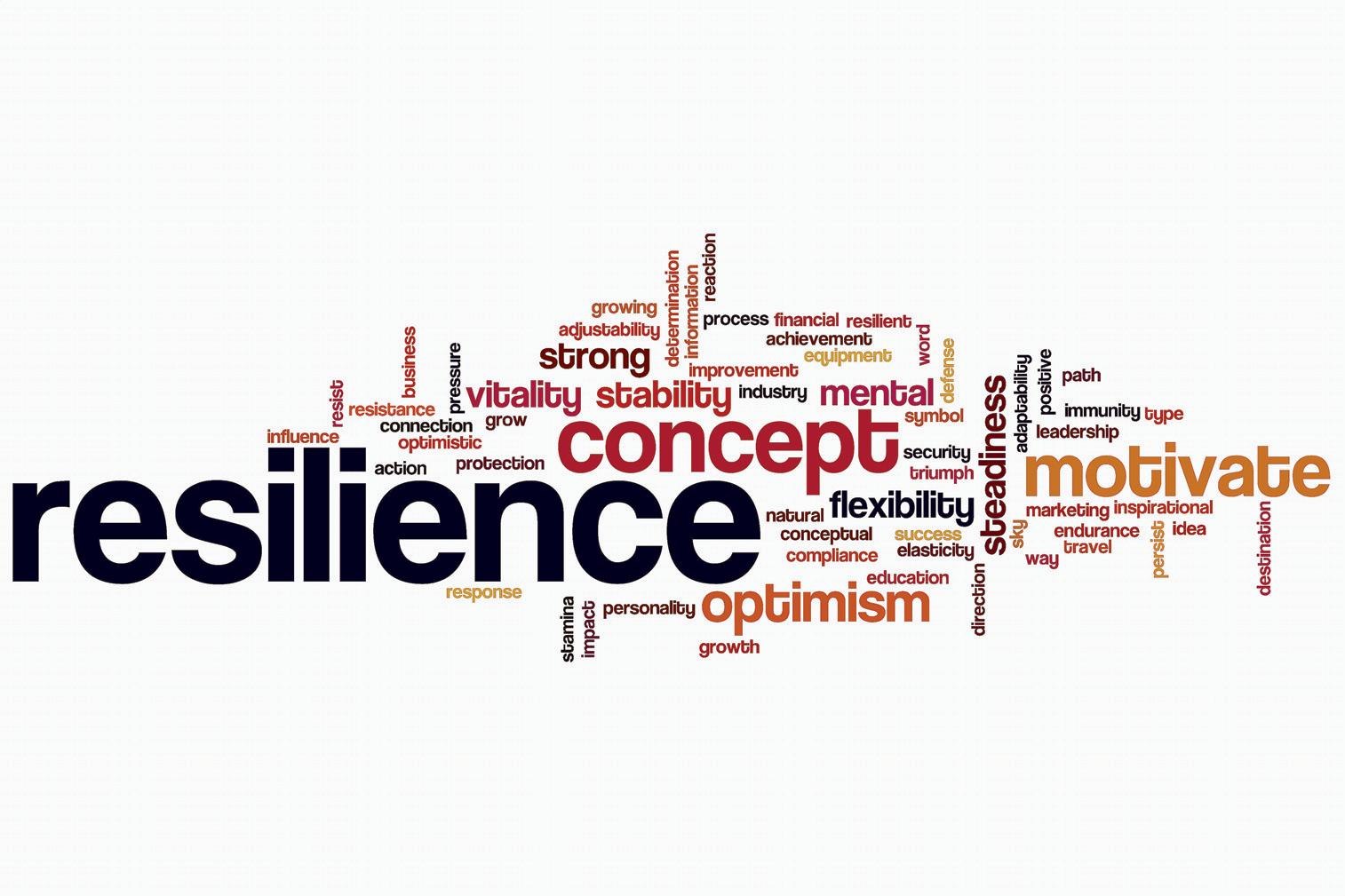
Alkira ........................................................
Andale
Ascot
Bayley House ........................................... 60 & 61
Belmore School ....................................... 14 & 15
Bulleen Heights School ........................... 16 & 17
Cheshire School ...................................... 18 & 19
Carers
Coburg
Currajong

















